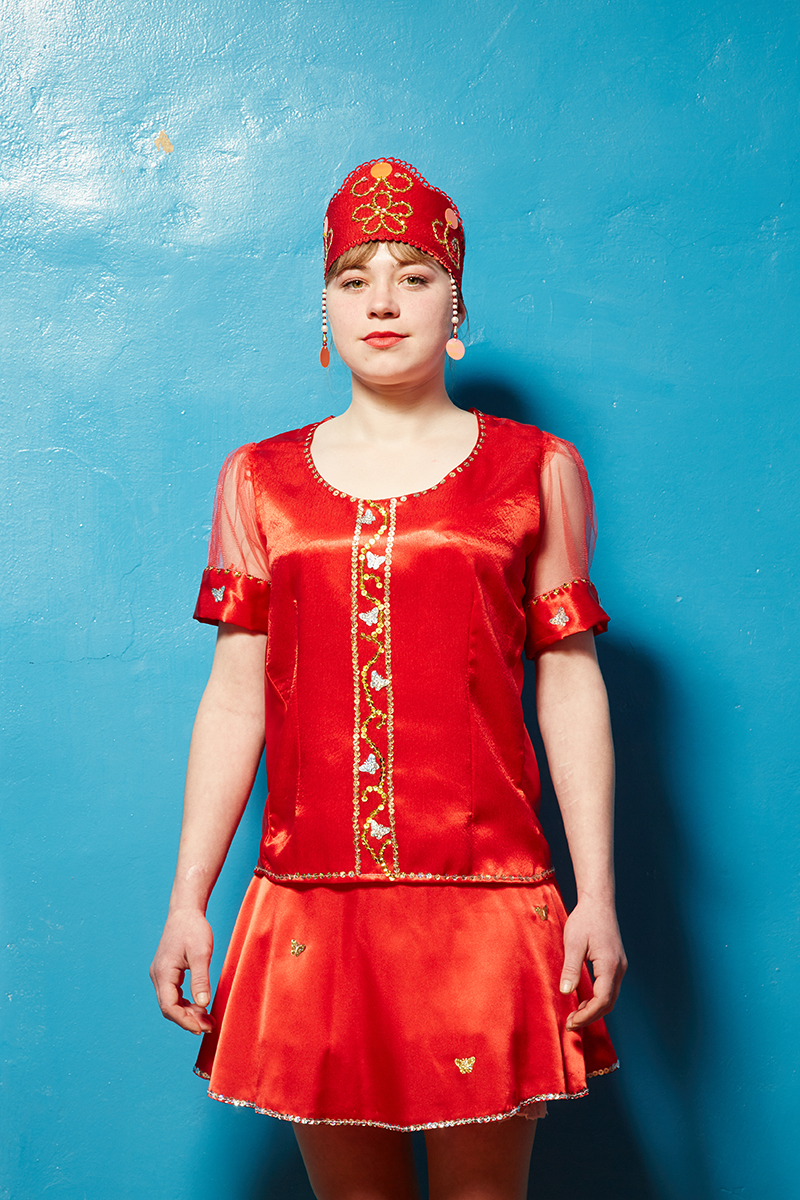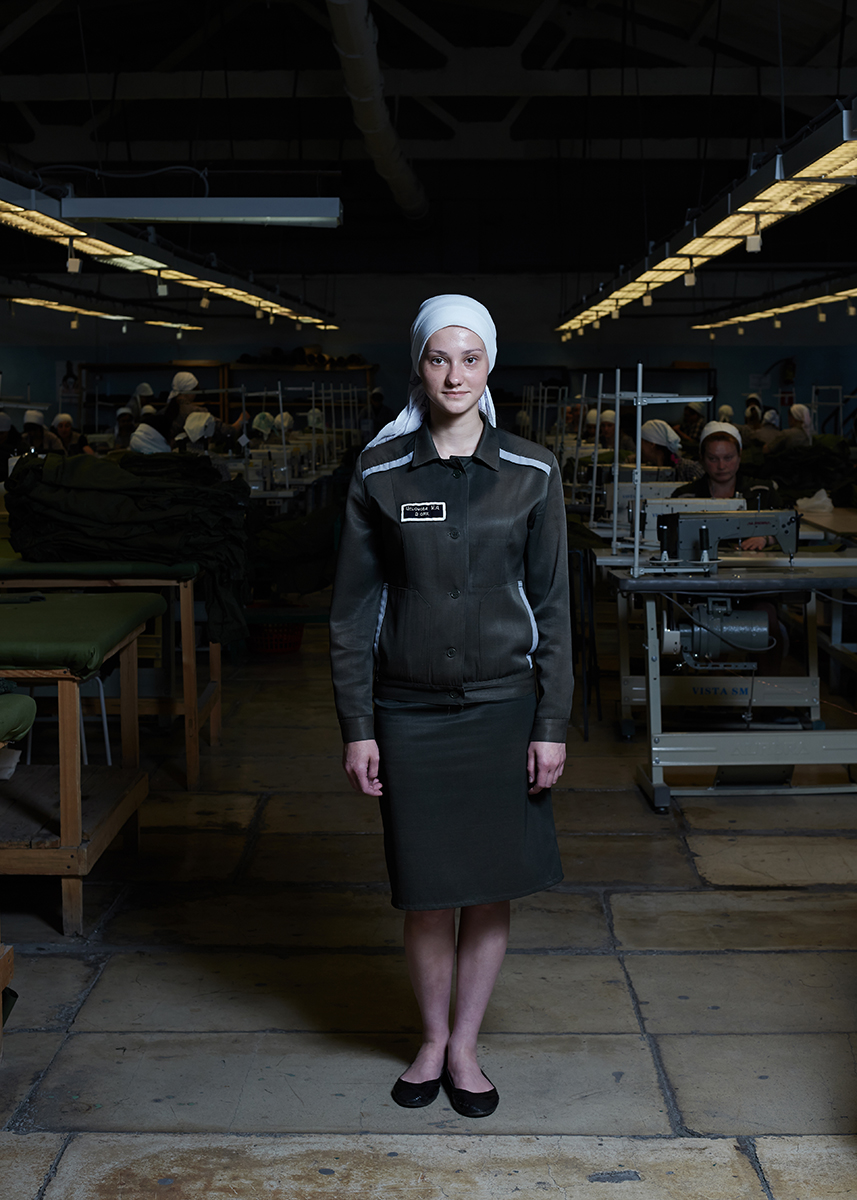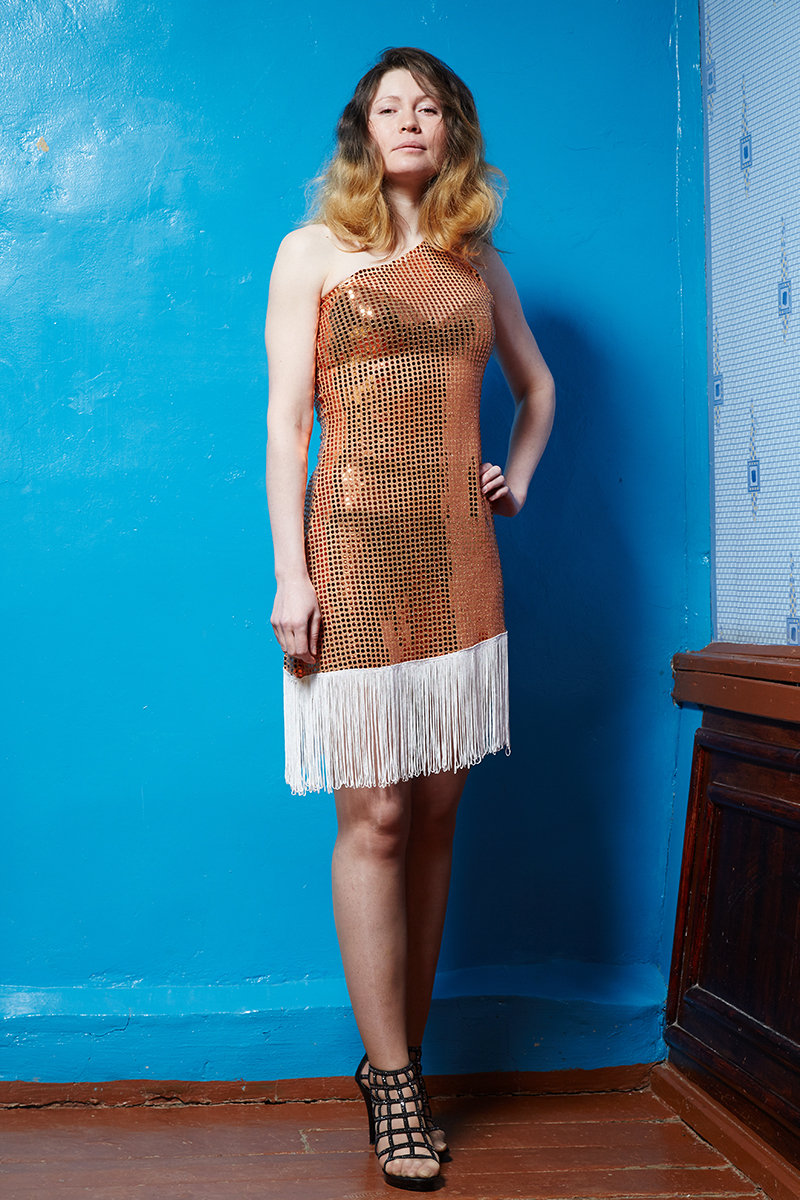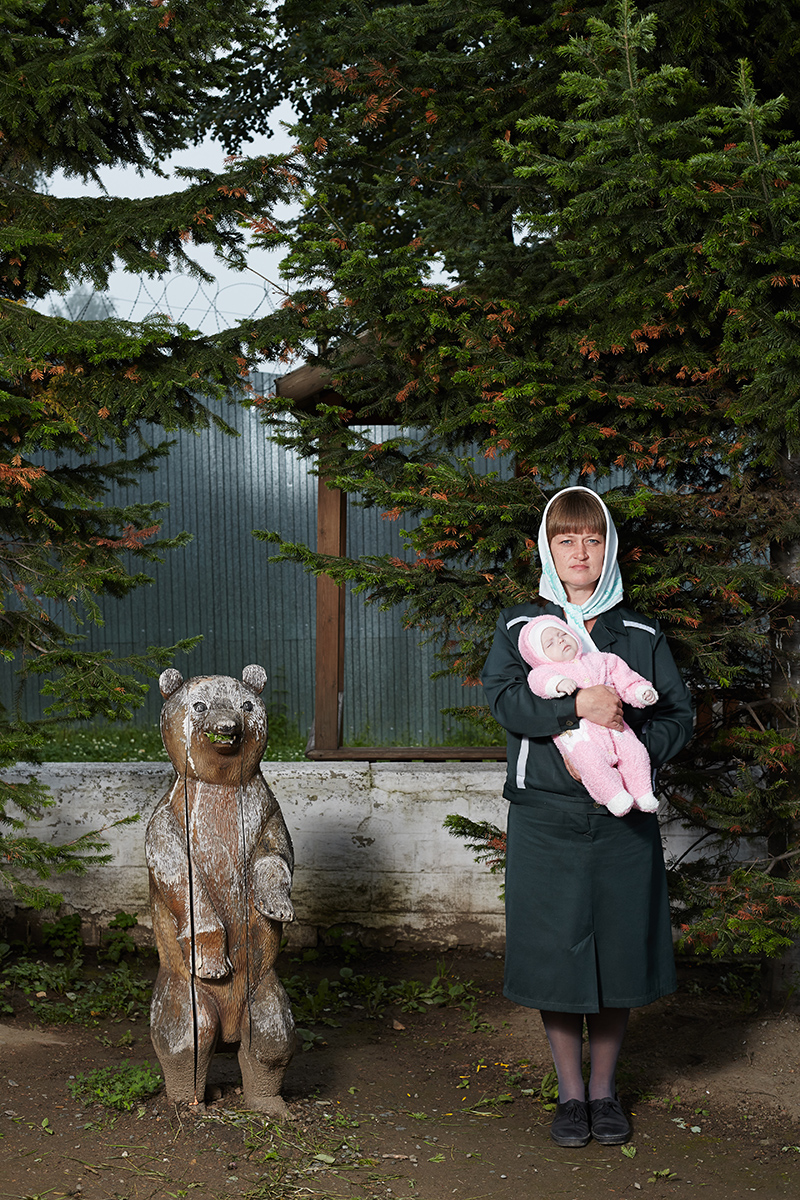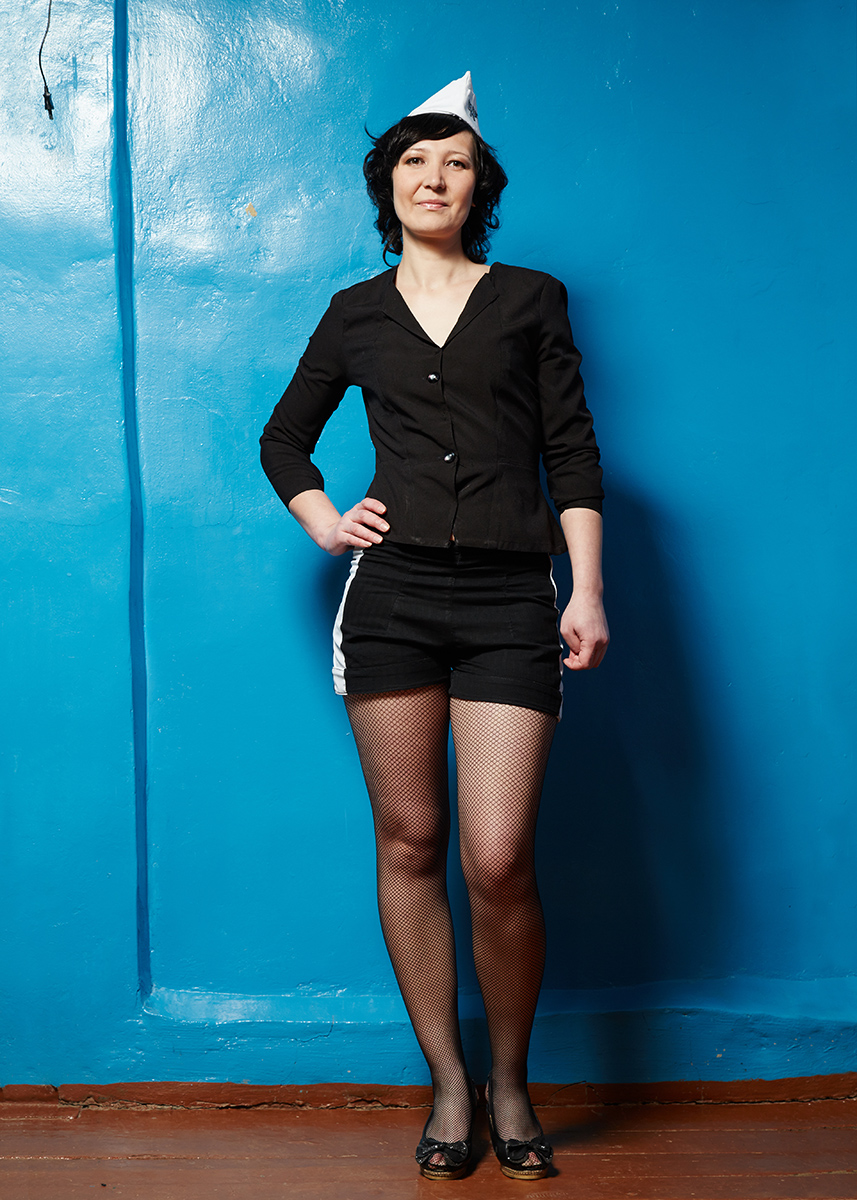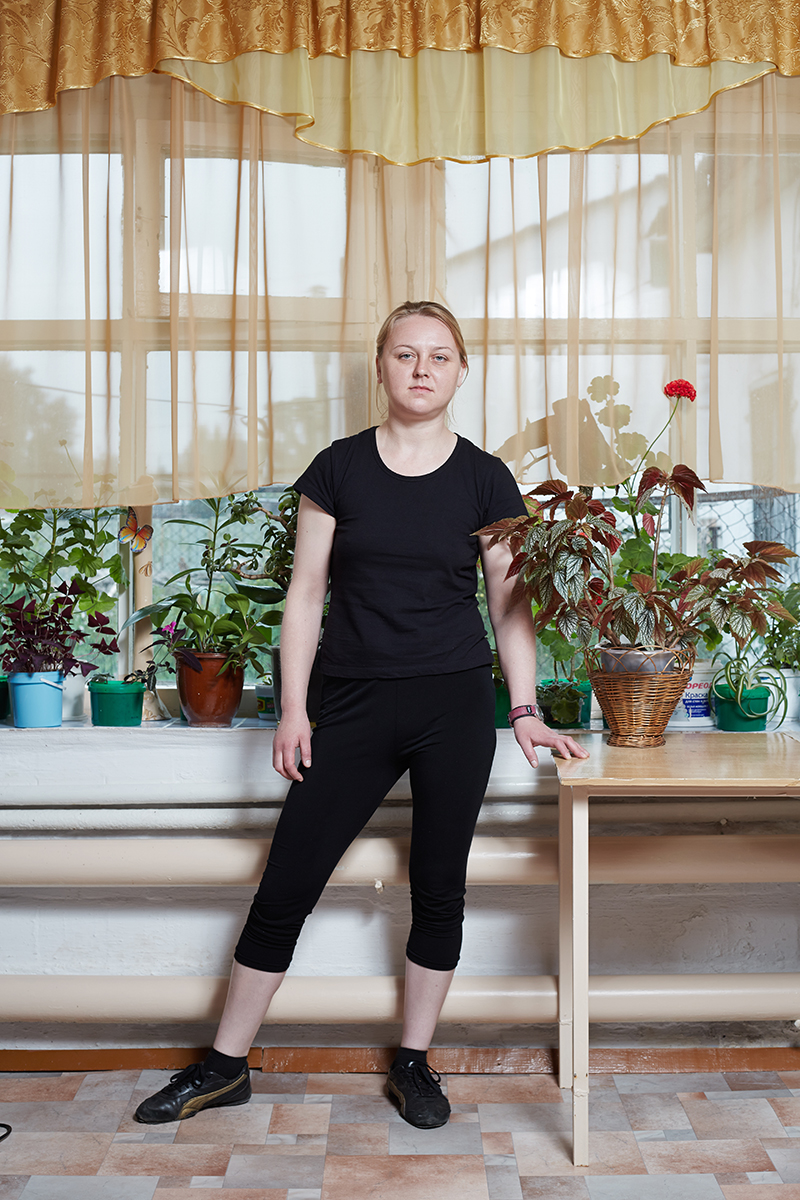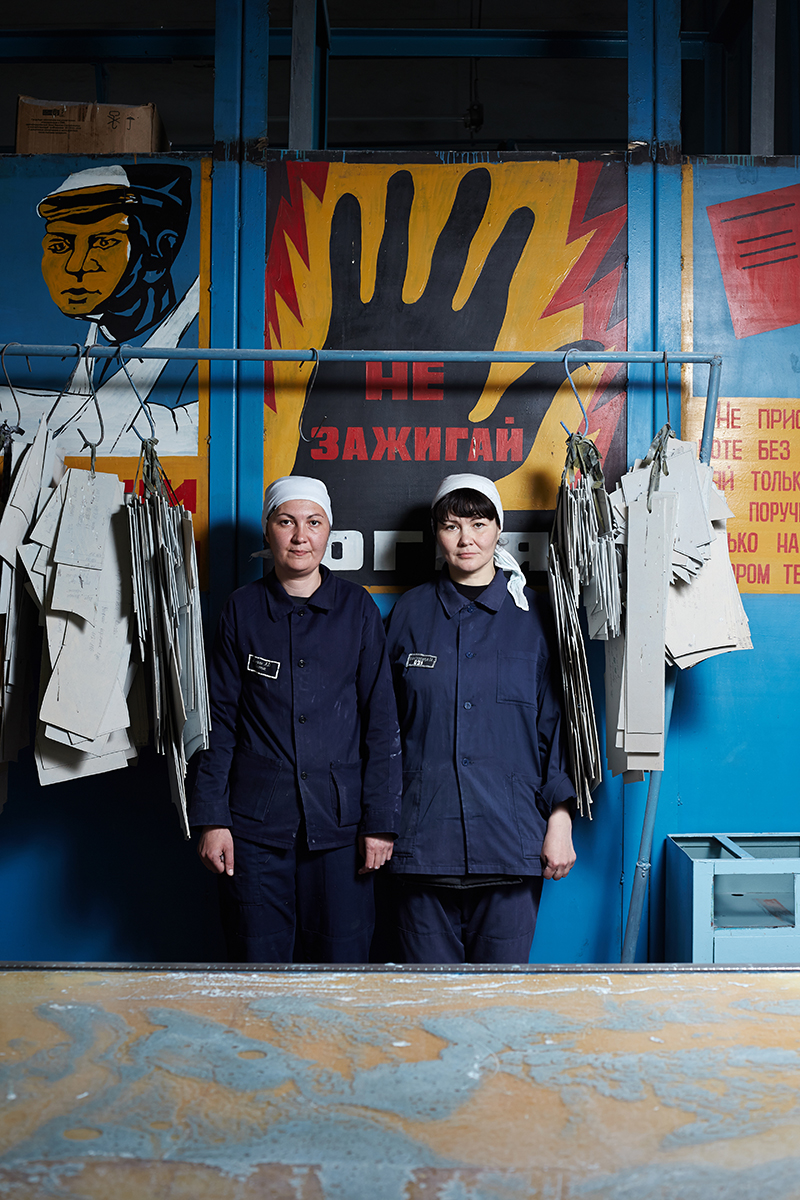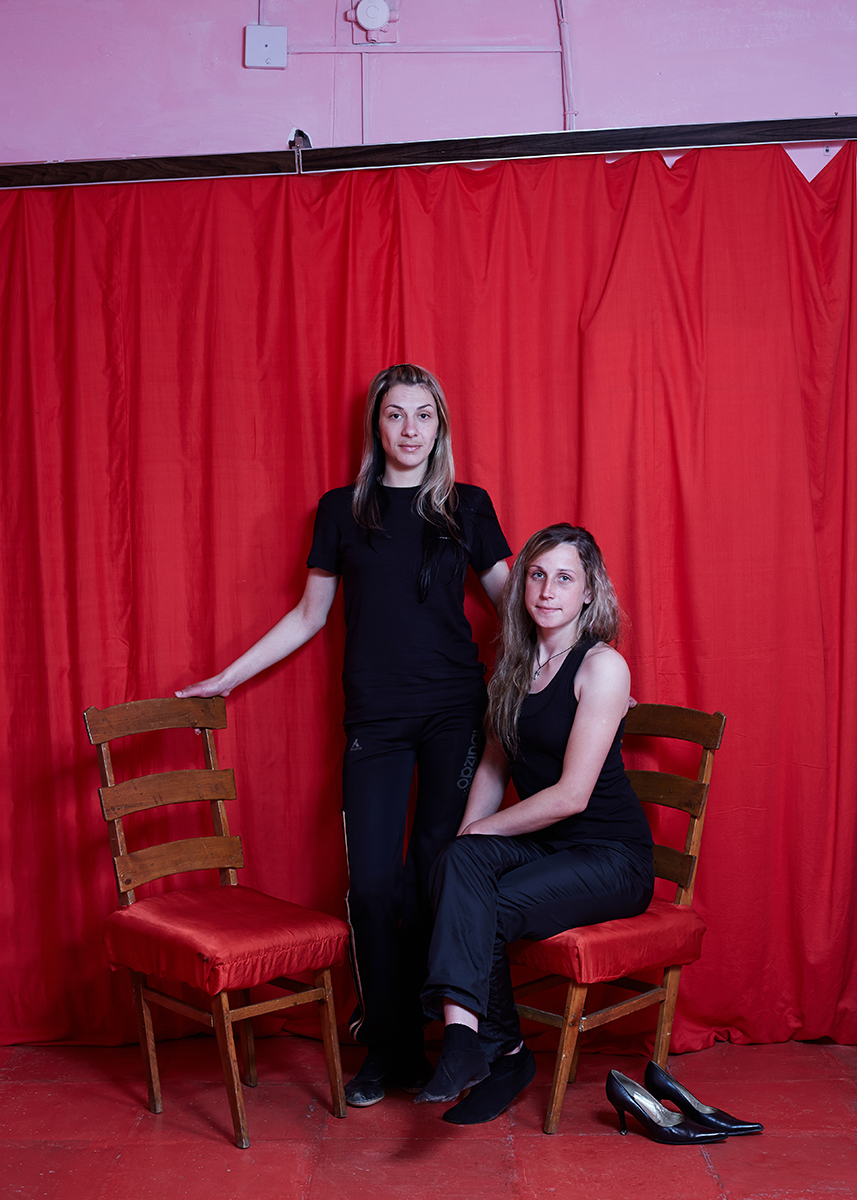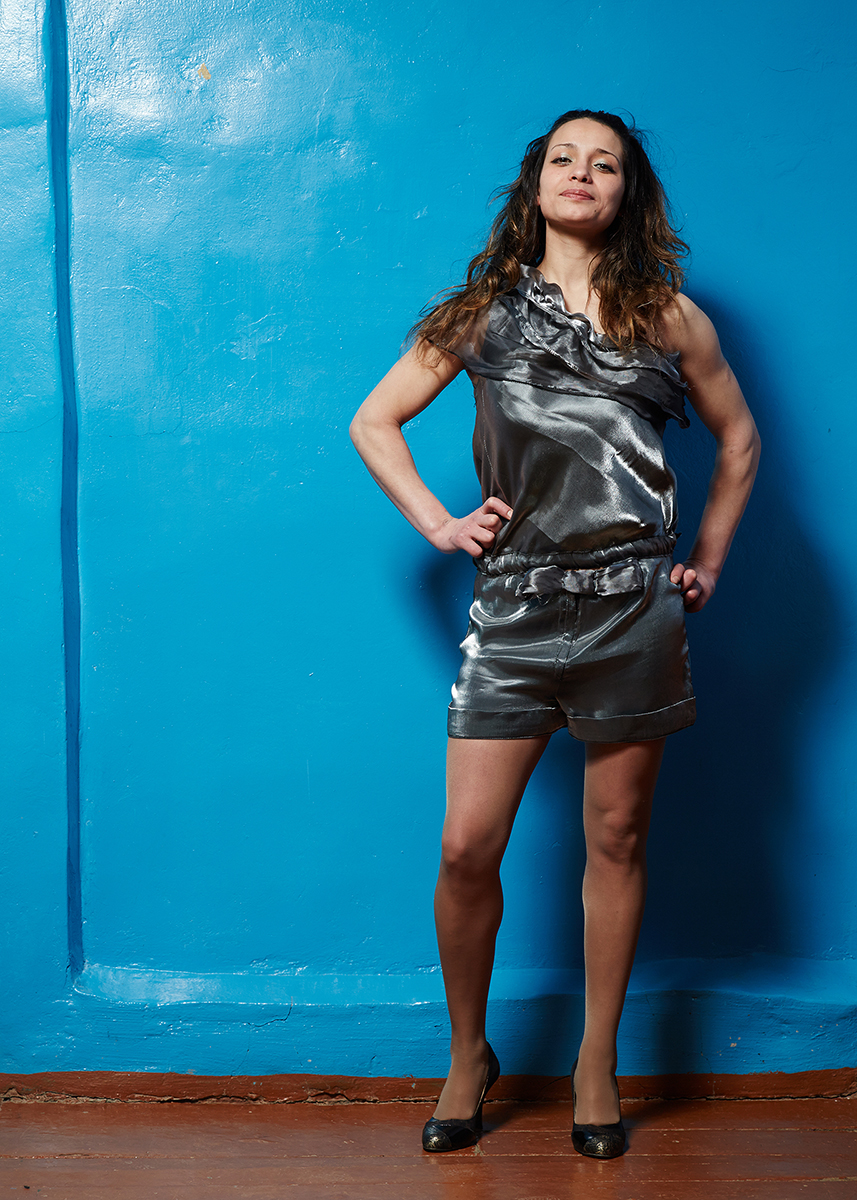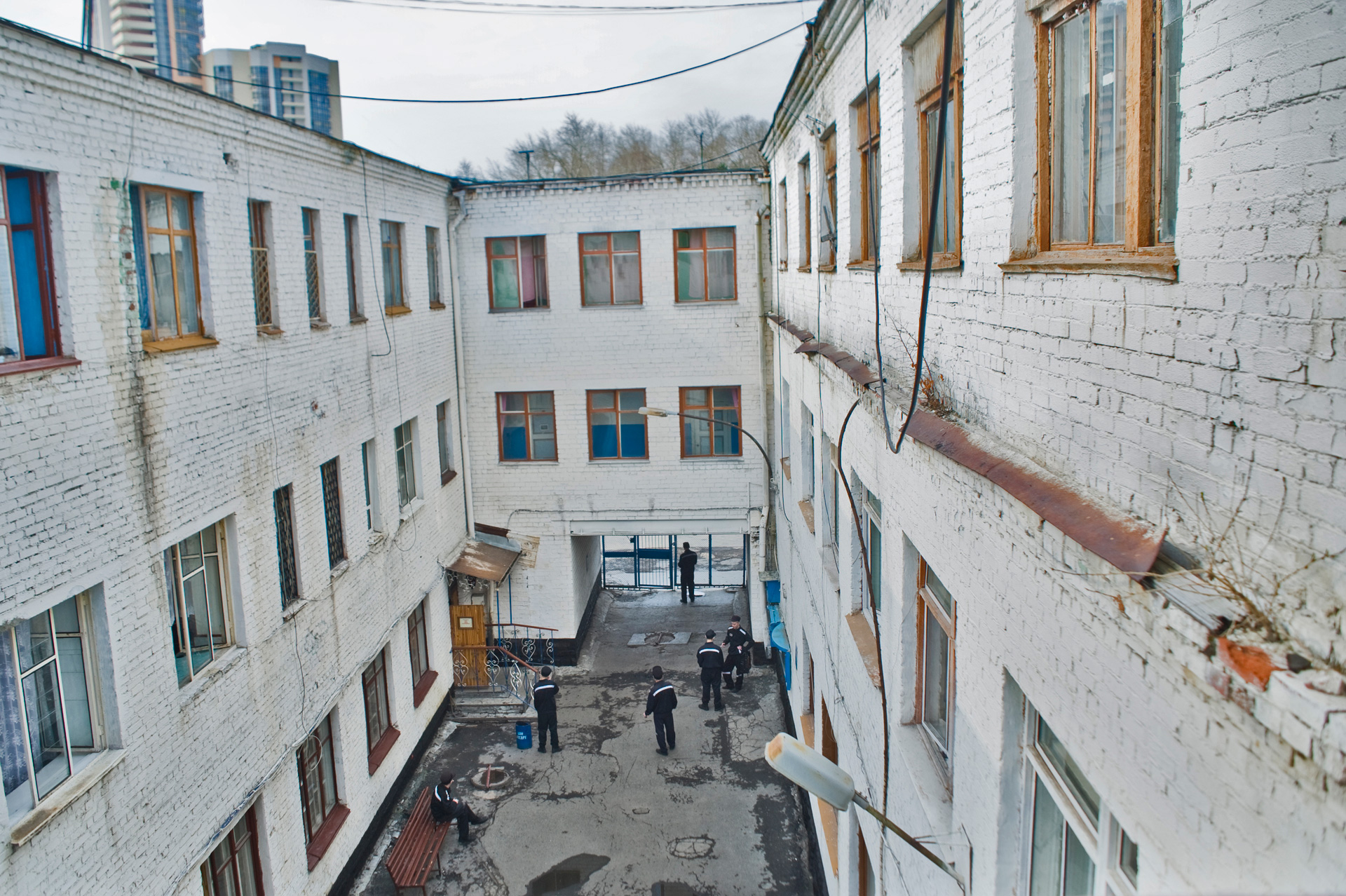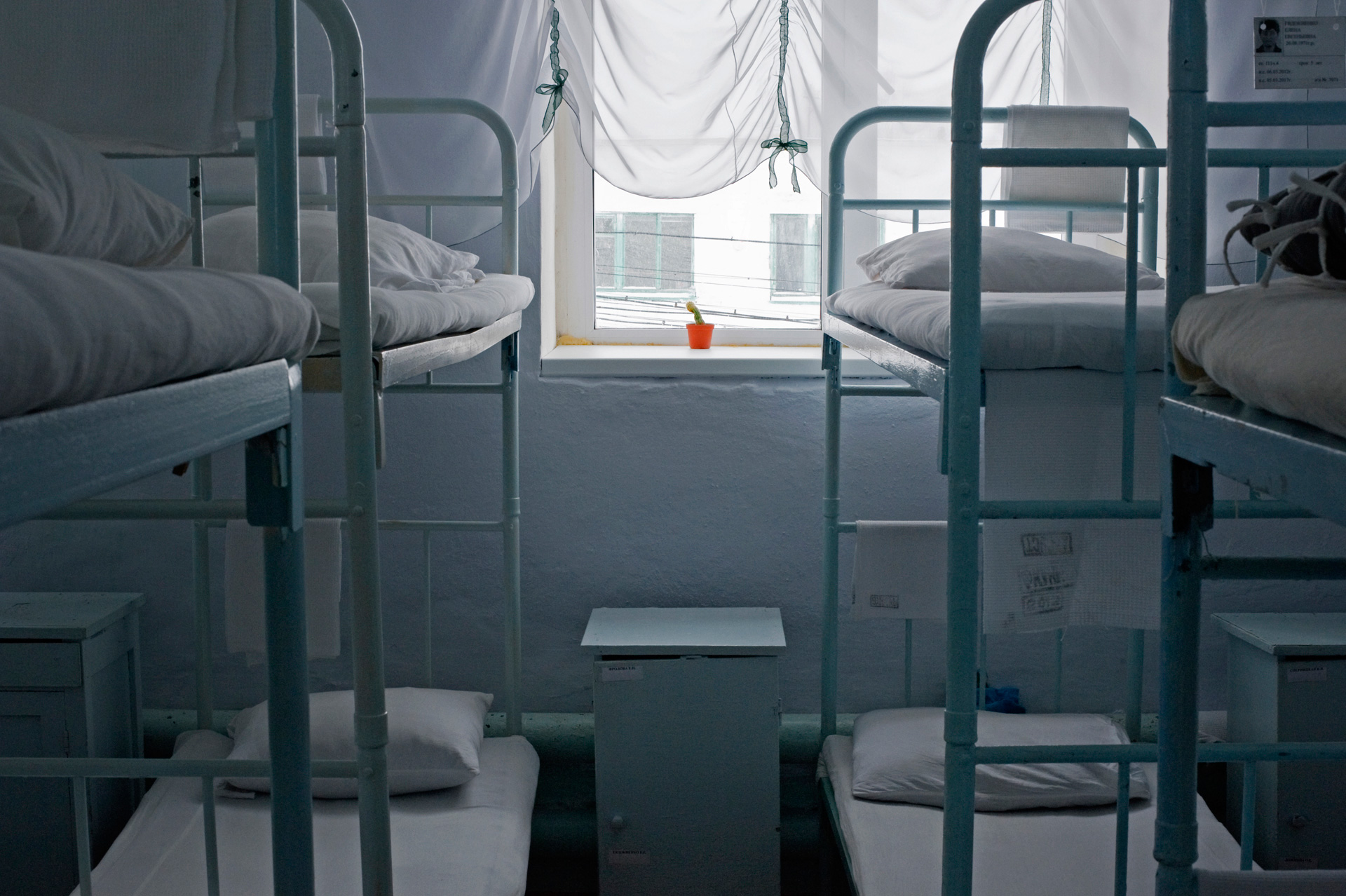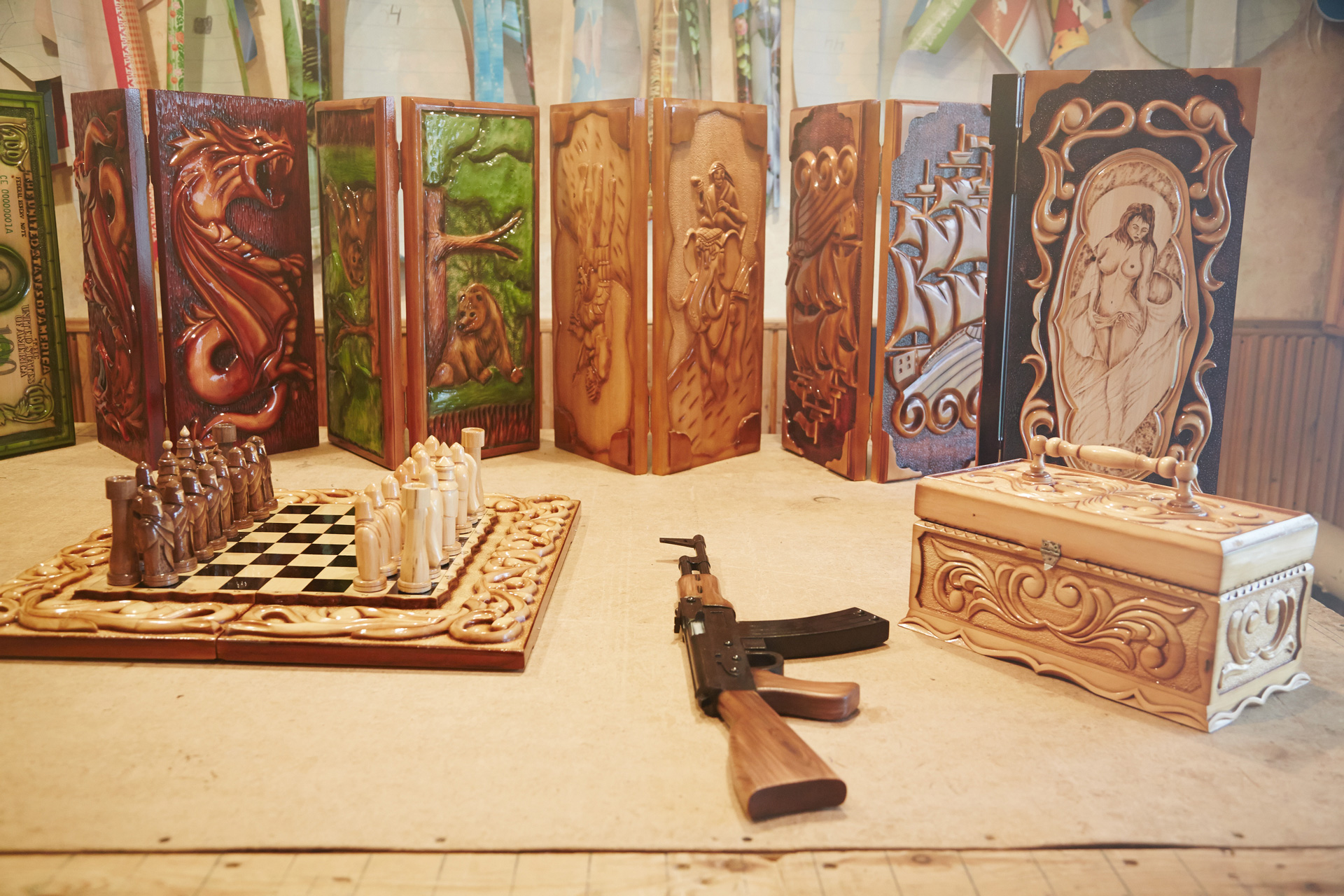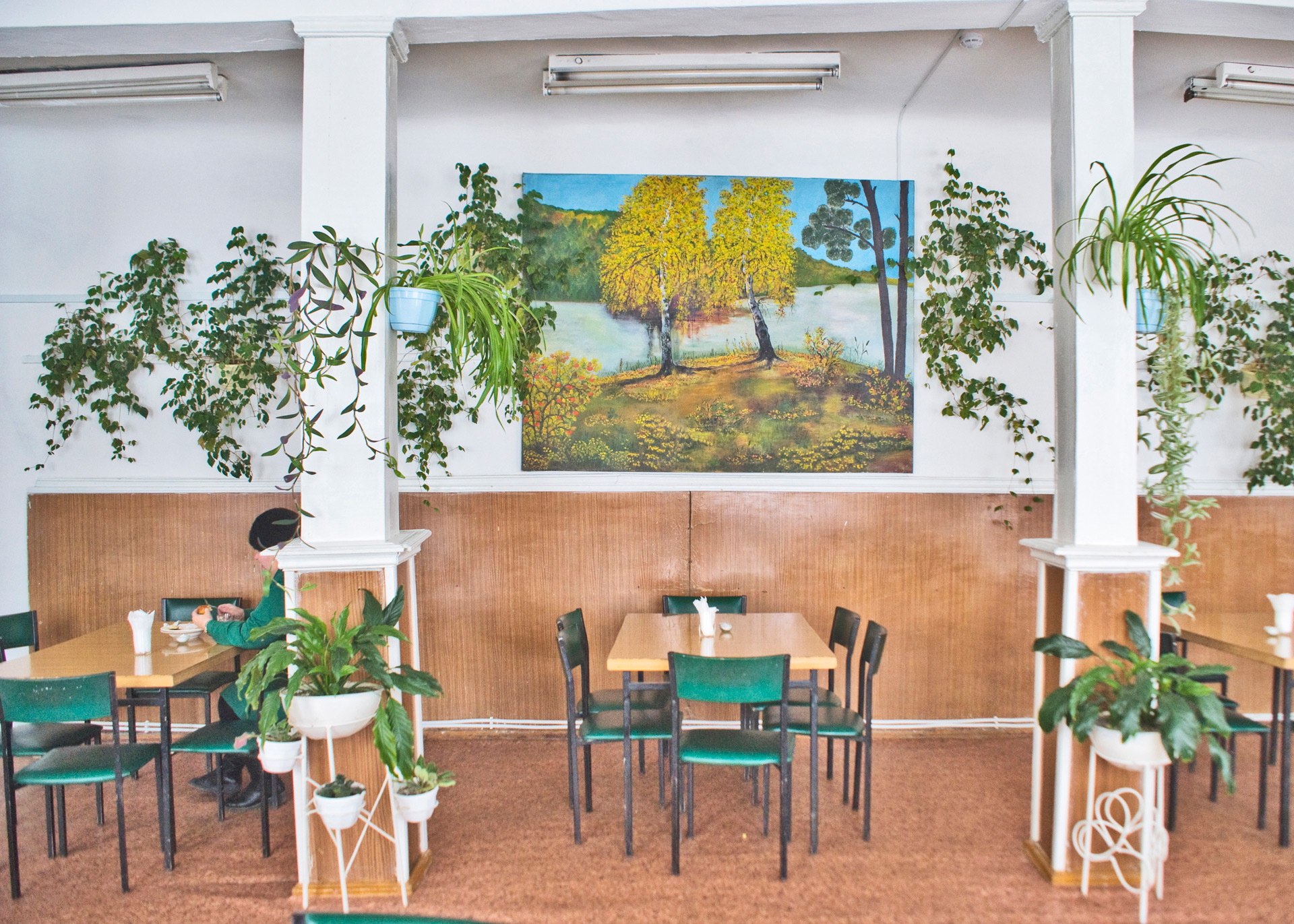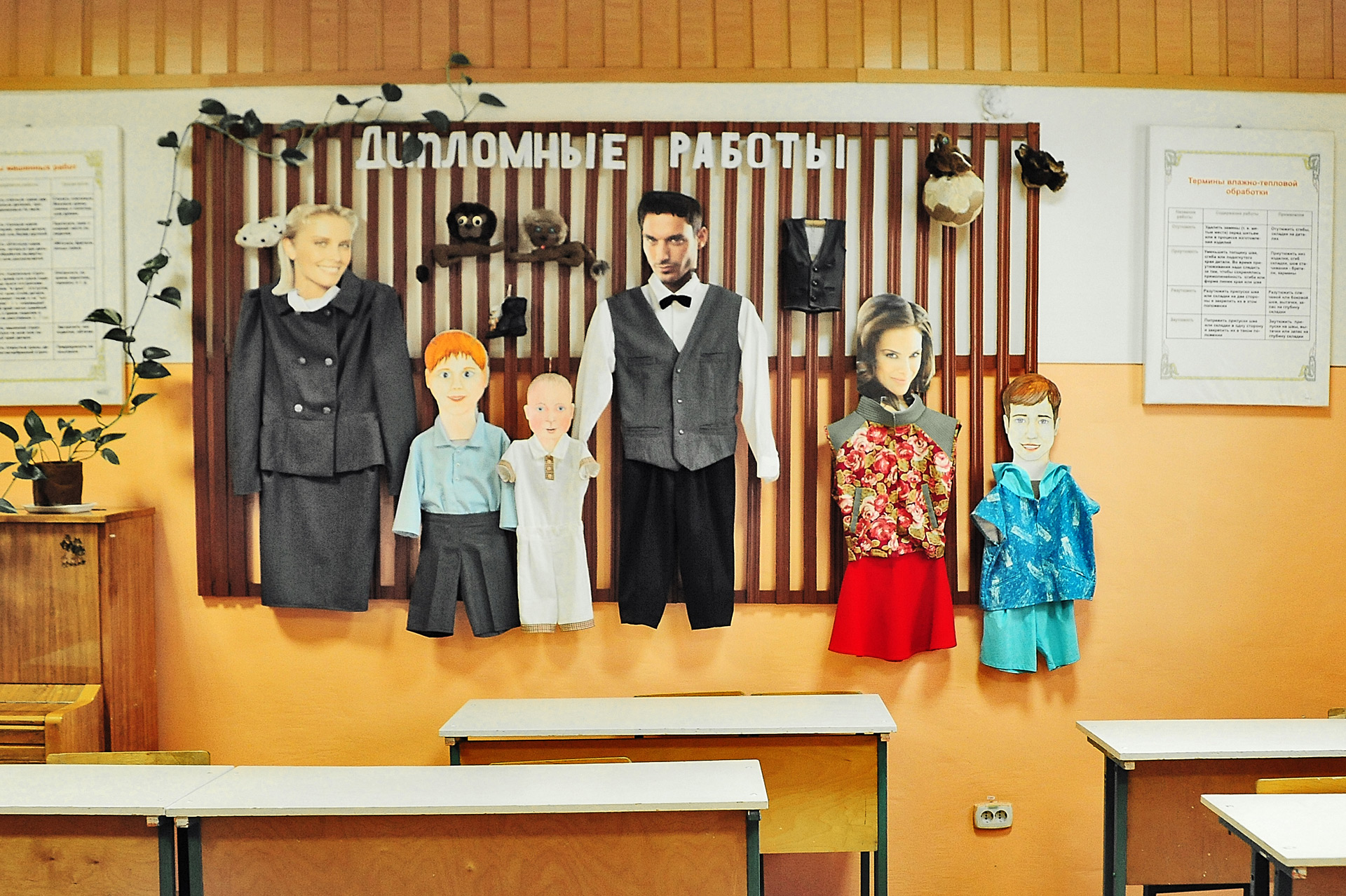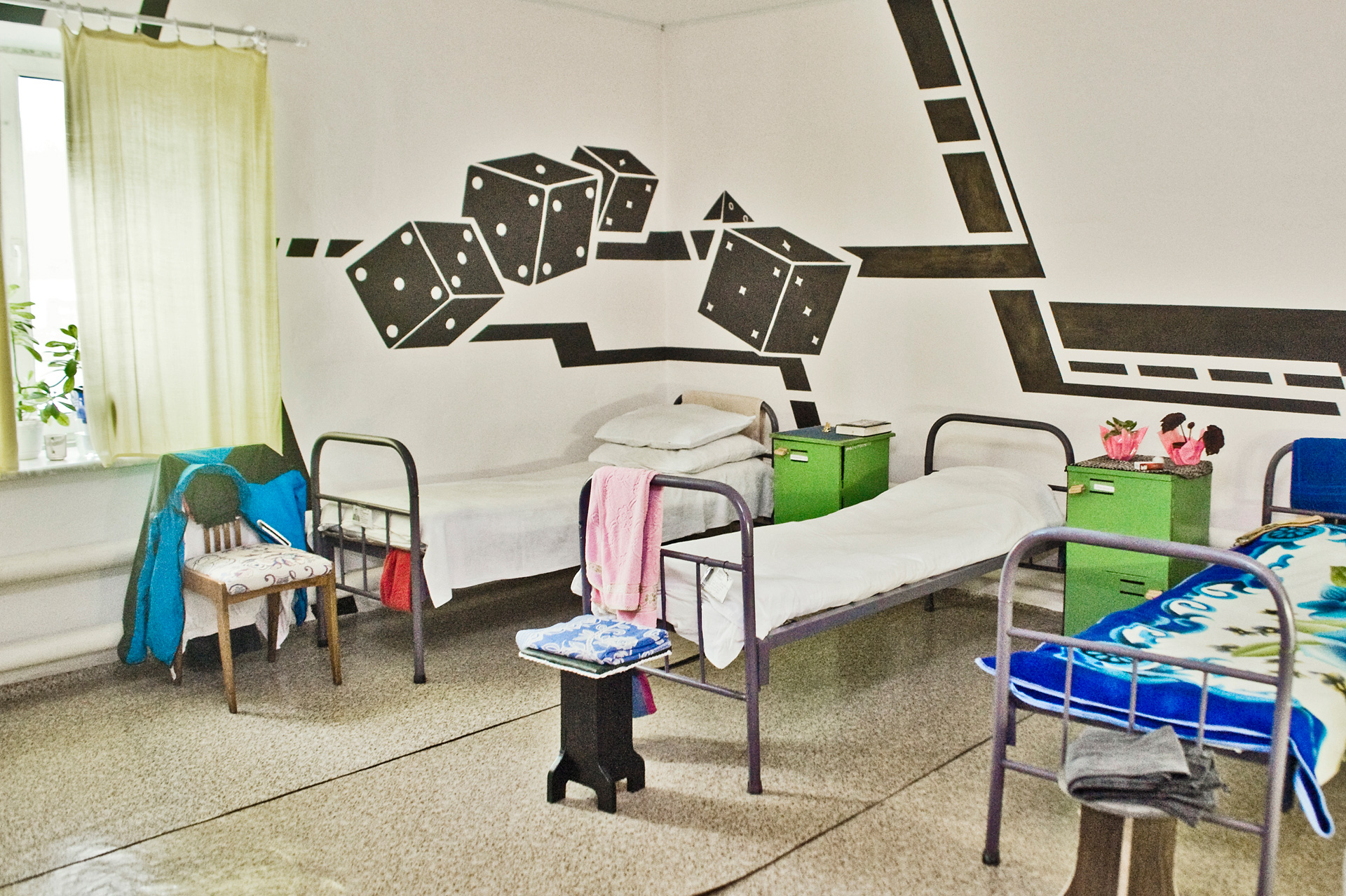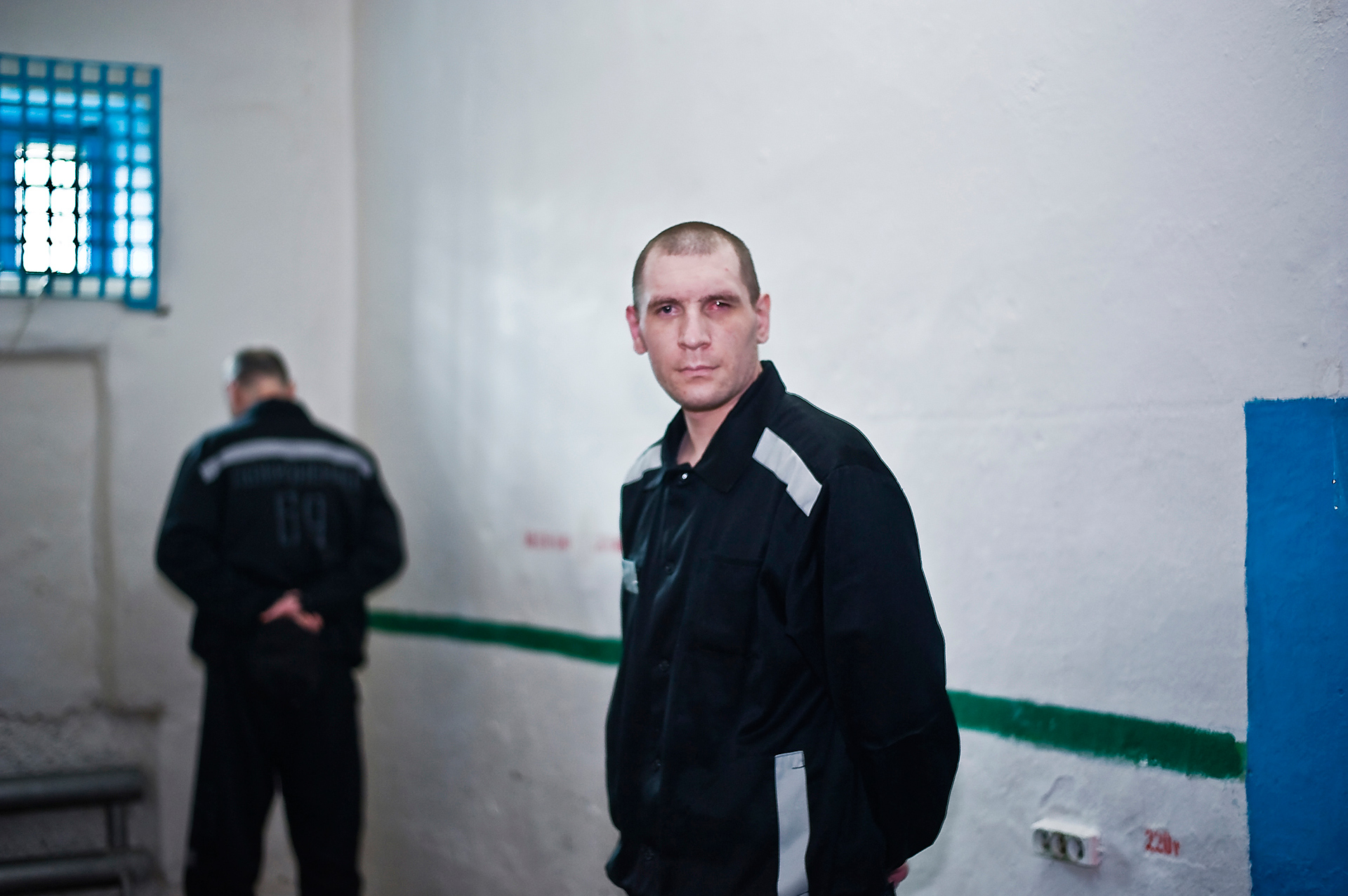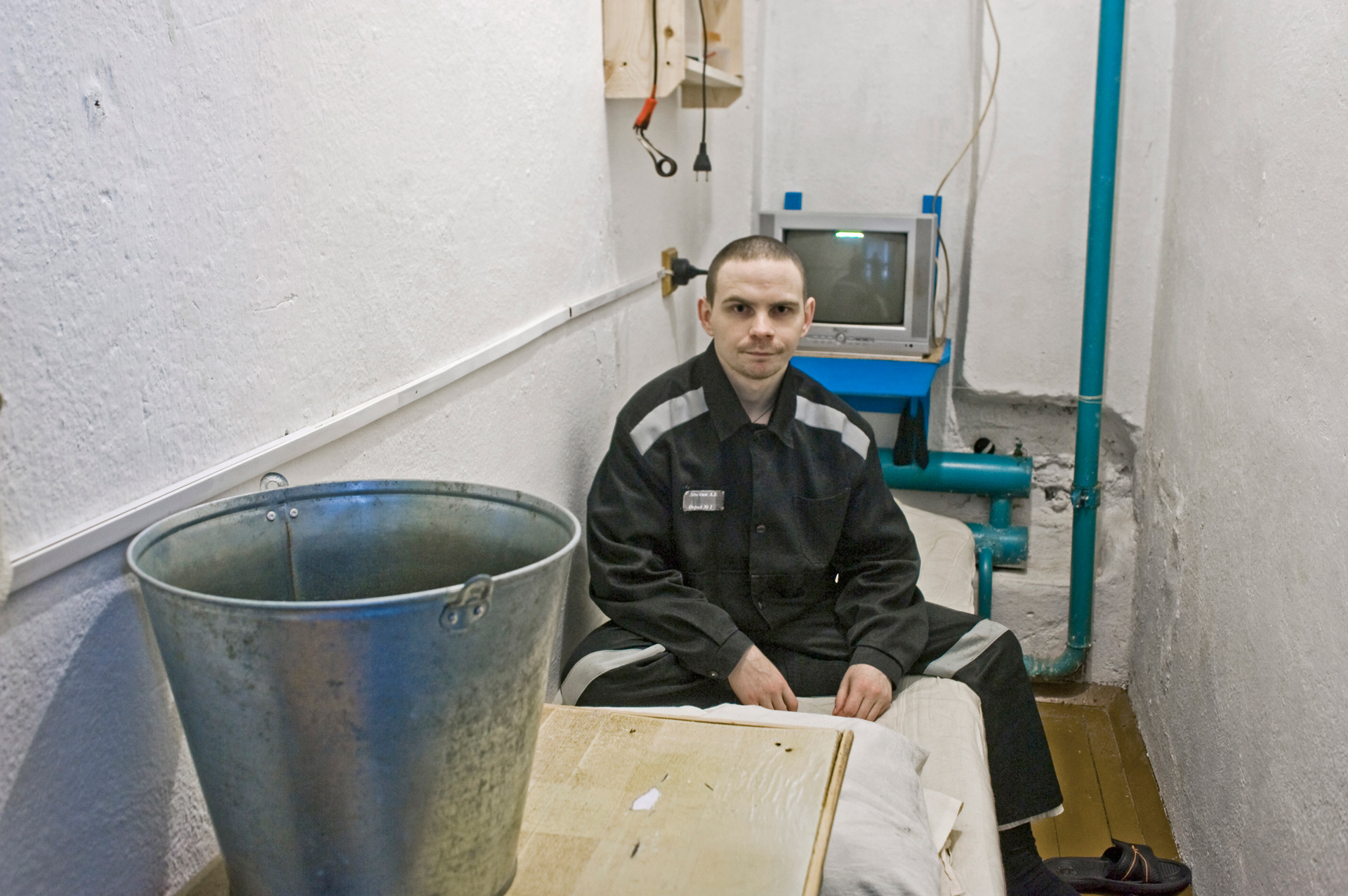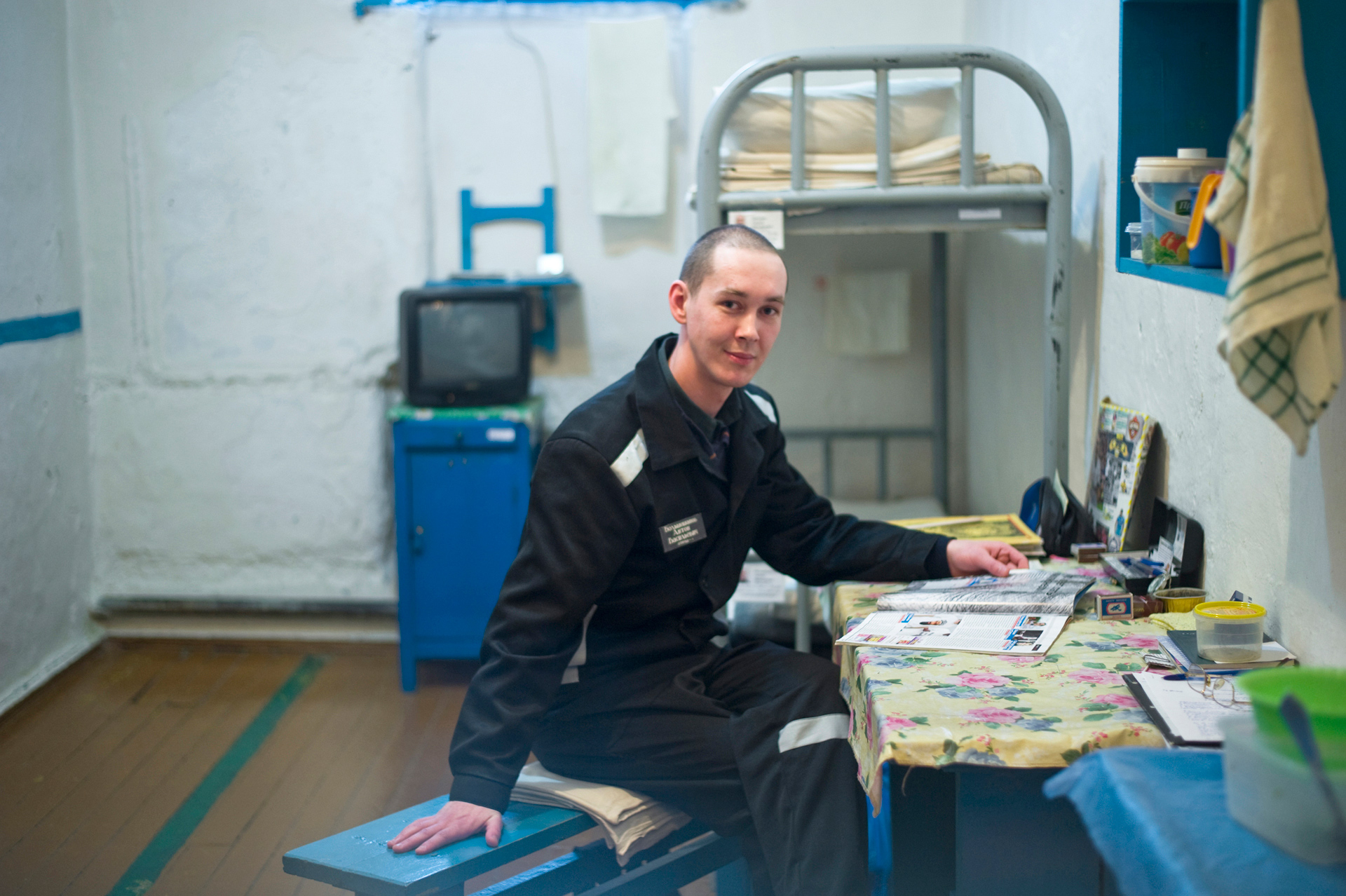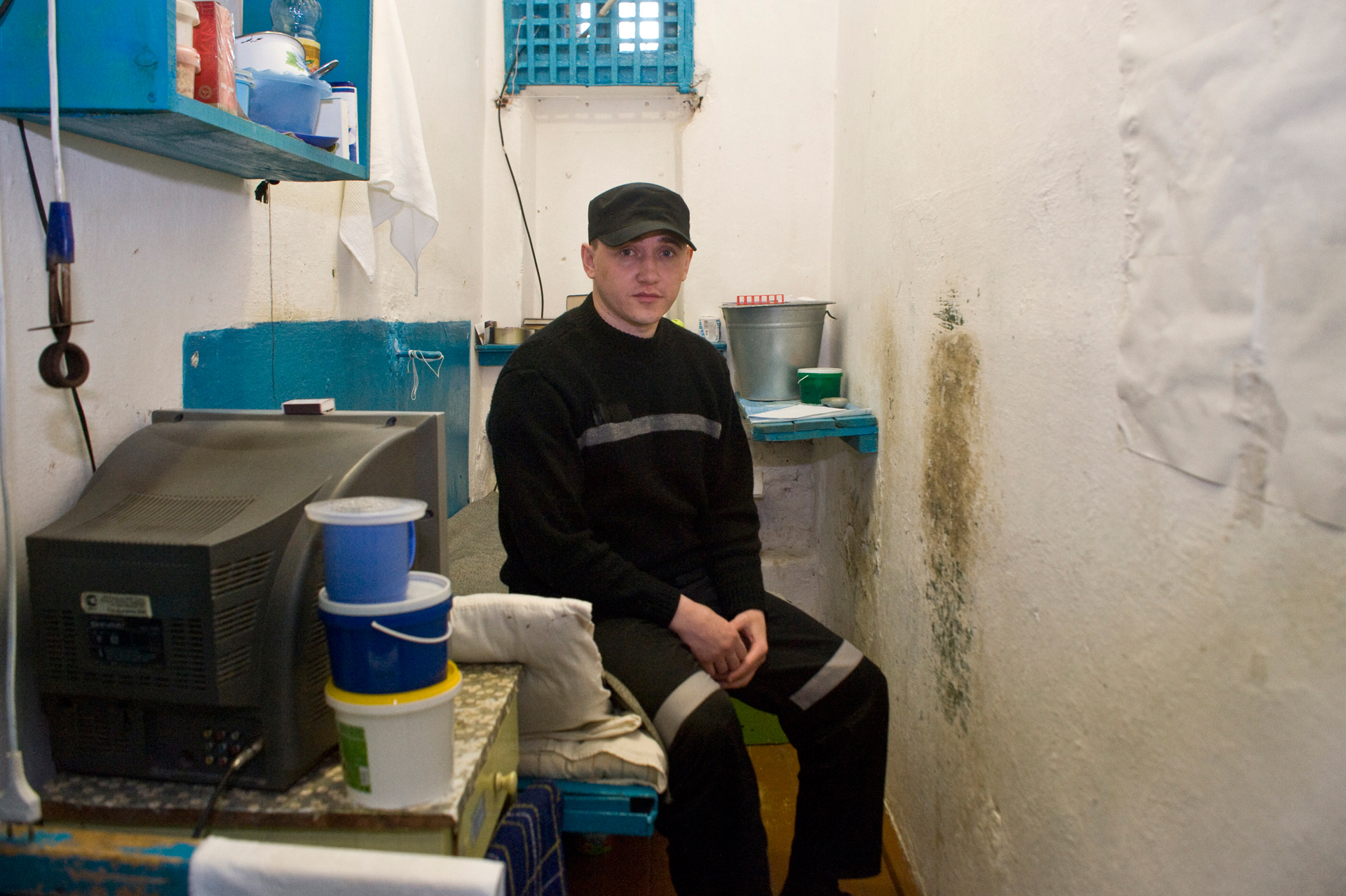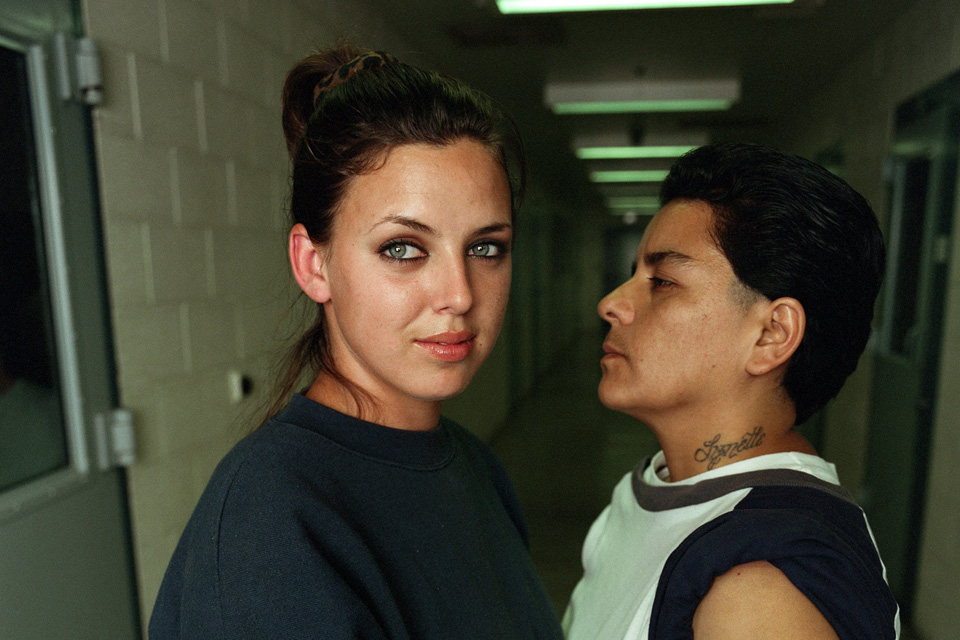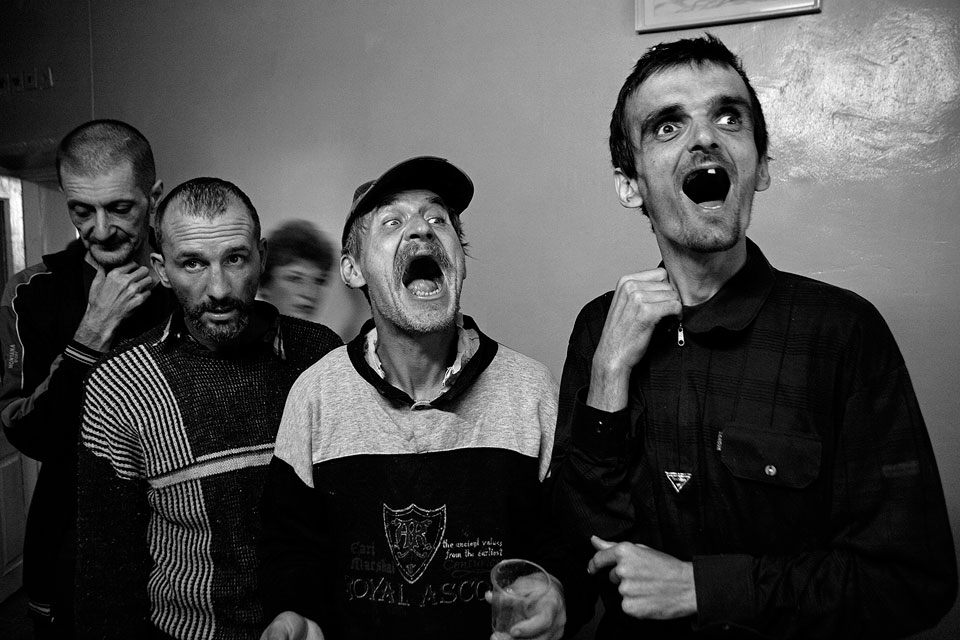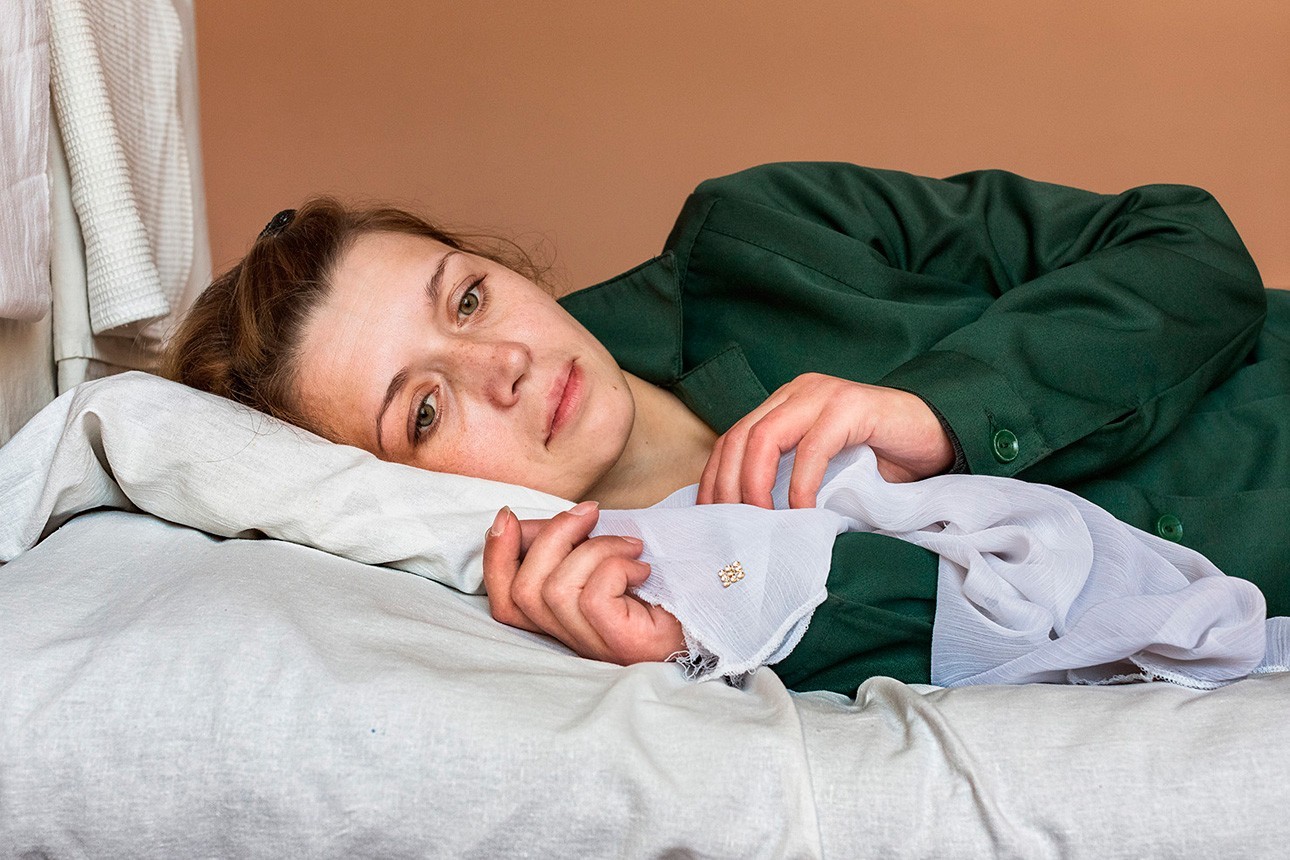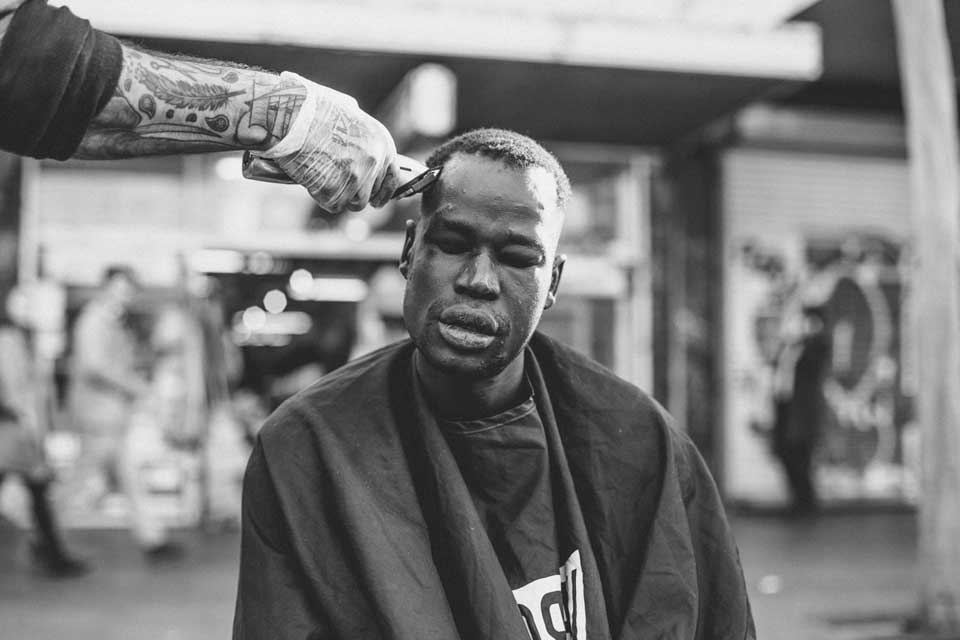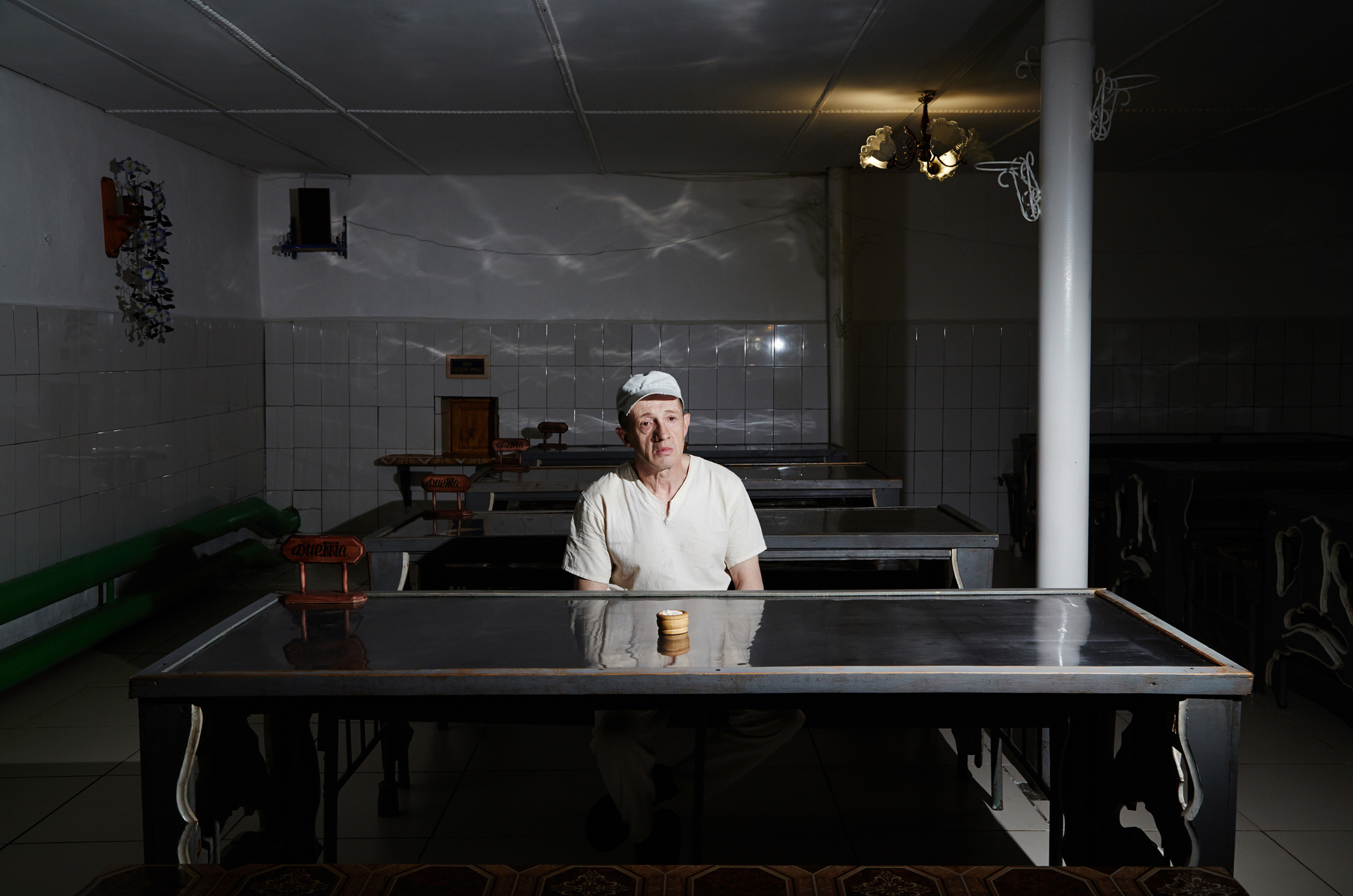
The Other Side of the Wall: What Russian Jails Look Like from Inside

Born in Nizhny Tagil, lives in Yekaterinburg. Member of the Russian Union of Art Photographers. Winner of various competitions and participant of international biennale, including Open Border Festival (Netherlands), FotoFest 12 (US), and PhotoVisa (Russia). Published his works in GEO, Russian Reporter, Port, Forbes, Life Force Magazine, Rolling Stone, Foto&Video, The New Times, Calvert, Colta, and BBC.
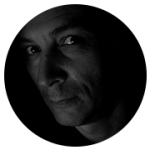
Born in Sverdlovsk (currently Yekaterinburg). Member of the Russian Union of Art Photographers. Winner of various competitions and participant of international biennale, in particular, winner of Volga Photo Biennale 2010 in Nizhny Novgorod. His works are part of museum and private collections.
For three years, Yekaterinburg photographers Denis Tarasov and Fyodor Telkov studied the world of ‘the zone’, closed to the eyes of strangers. They took photographs of awful criminals who were convicted for life and regular people who made a mistake once in their life. Their research included visits to adolescent and women’s colonies; they worked in museums and archives with real case materials of the most famous crimes of the past and recorded interviews with the released prisoners. They ended up producing a story about crime and punishment, freedom and nonconformism, the nature of evil that has no time frame and lies in the soul of a person.
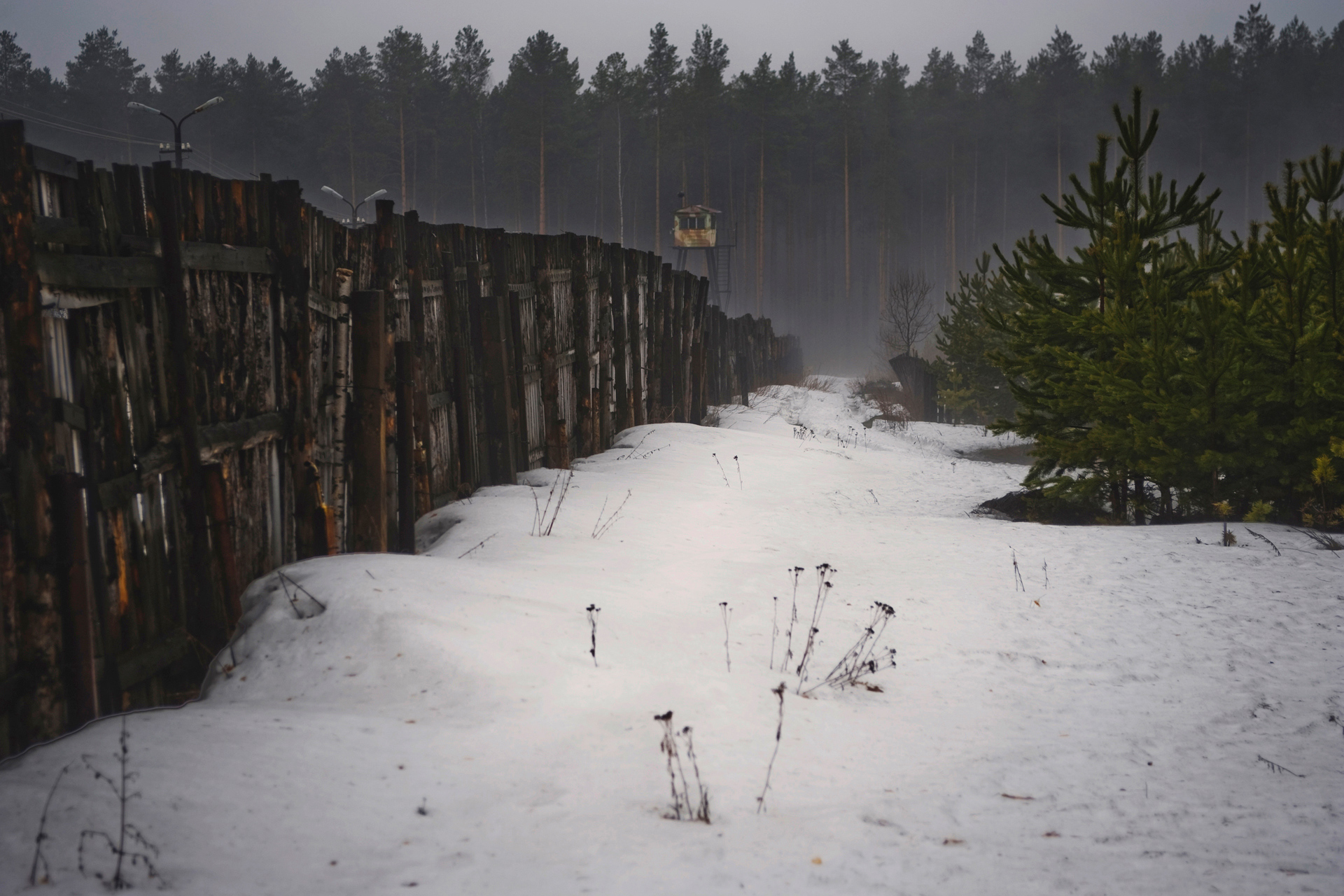
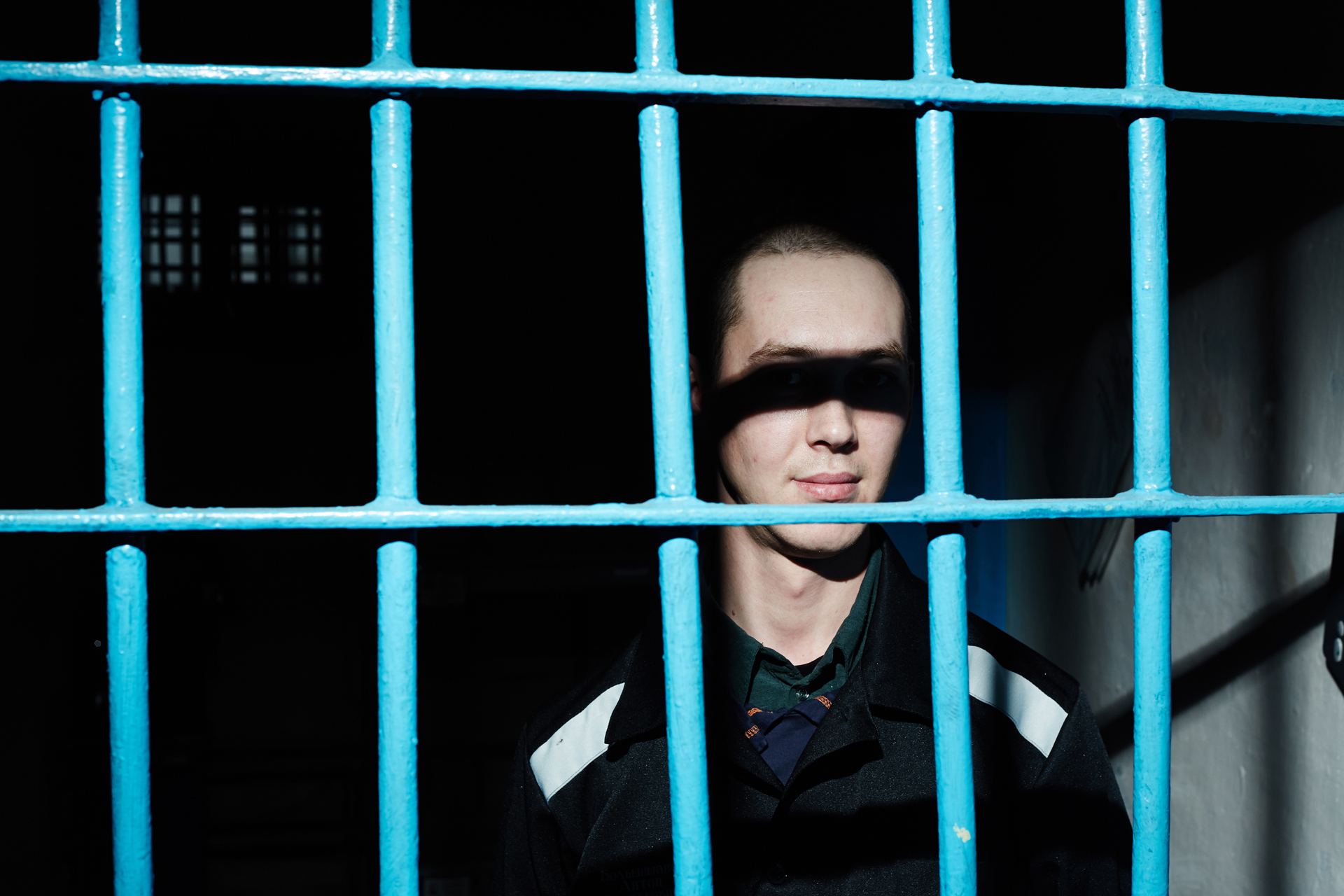
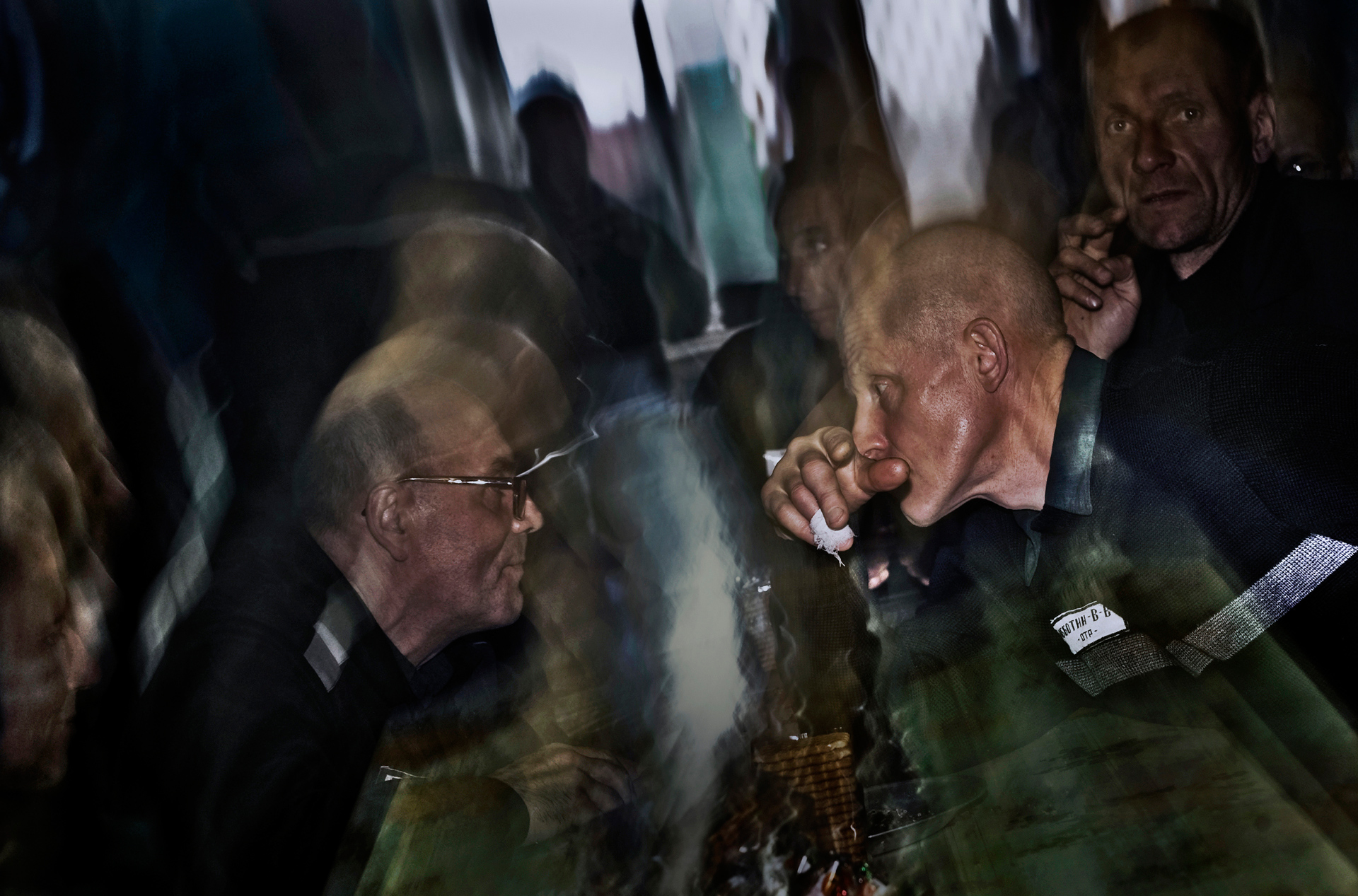
The world of criminals is cruel and inhumane. Many prisoners describe the time spent in the colony as a horrible time in their lives. “I have much less faith in people,” one of them says. However, the human ability to survive in the most adverse circumstances has no limits. Women are still women: even wearing prisoner’s sweatshirts, they have children and dream about happiness.
It turns out that freedom does not have absolute value for every person. The colony allows prisoners to finish their education, obtain a profession, which increases their chances for social rehabilitation. Many prefer the predictable schedule at the colony to the frightening uncertainty on the other side of the wall, and the prisoners refer to the colony as to the good school of life, and even as a home. “Humans are creatures that get used to everything, and I think that would best define them,” Fyodor Dostoyevsky said, who had his own experience of penal servitude. Such revelations makes you look differently not as much at prison, but at society in general.
It is only an illusion that the world on the other side of the wall is fenced with barbed wire. In reality, it is part of the society, its borders are penetrable. The history of humanity is a history of crime. Murderers and their victims are all somebody’s children, friends, colleagues, they study in the same schools and walk the same streets, live in the same houses. Nobody can ever feel that they are safe, because evil and vice are in human nature.
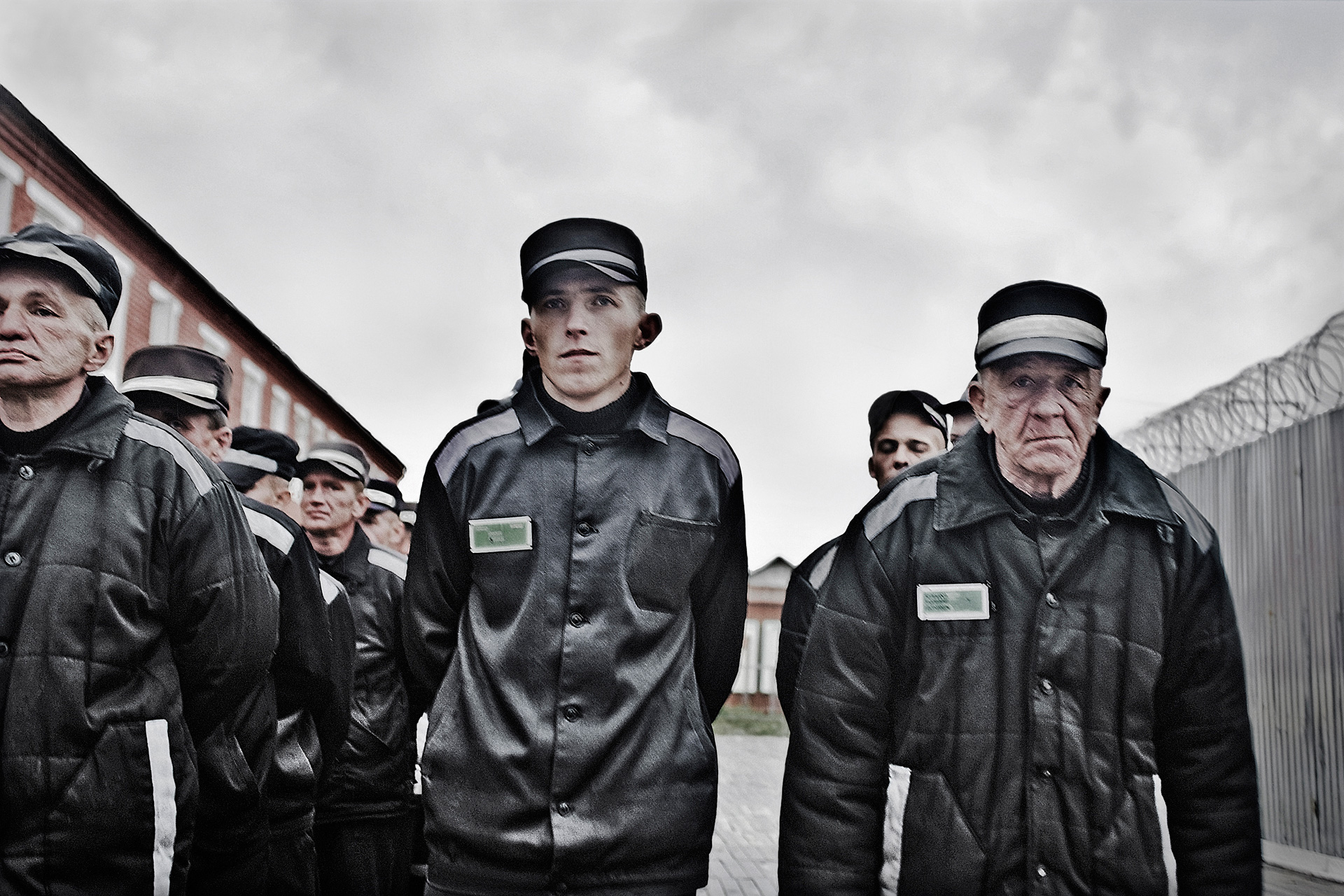
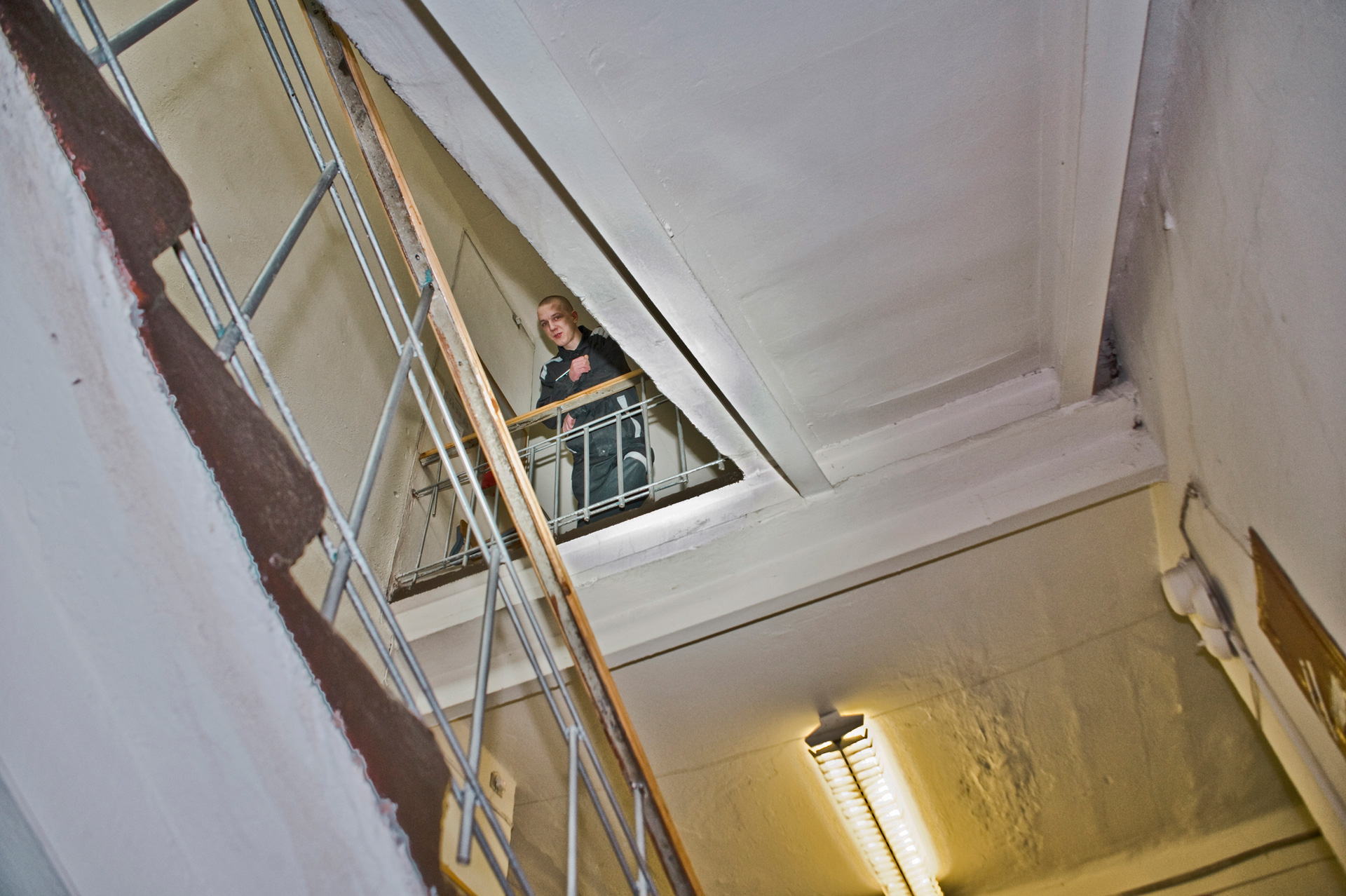
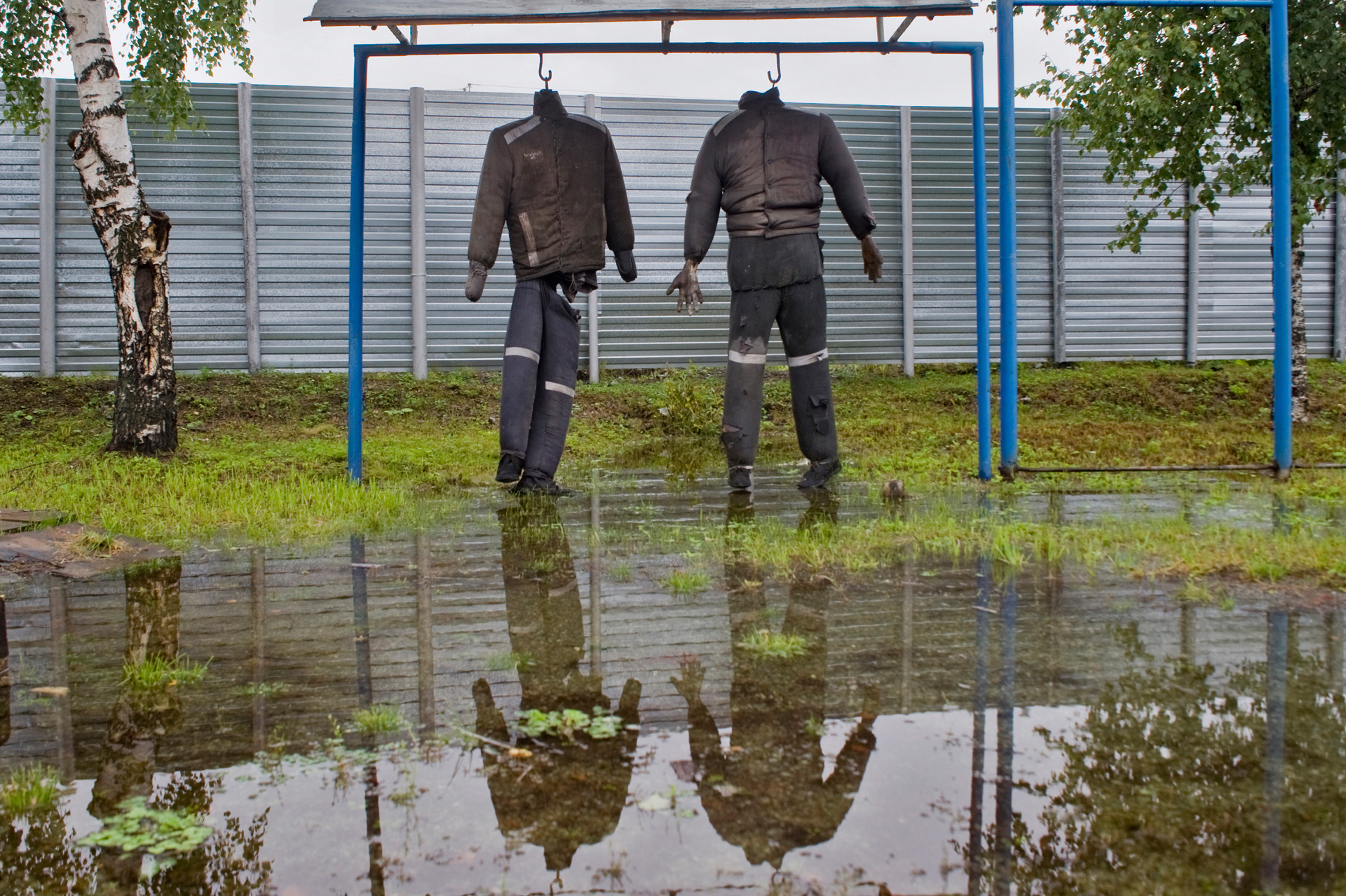
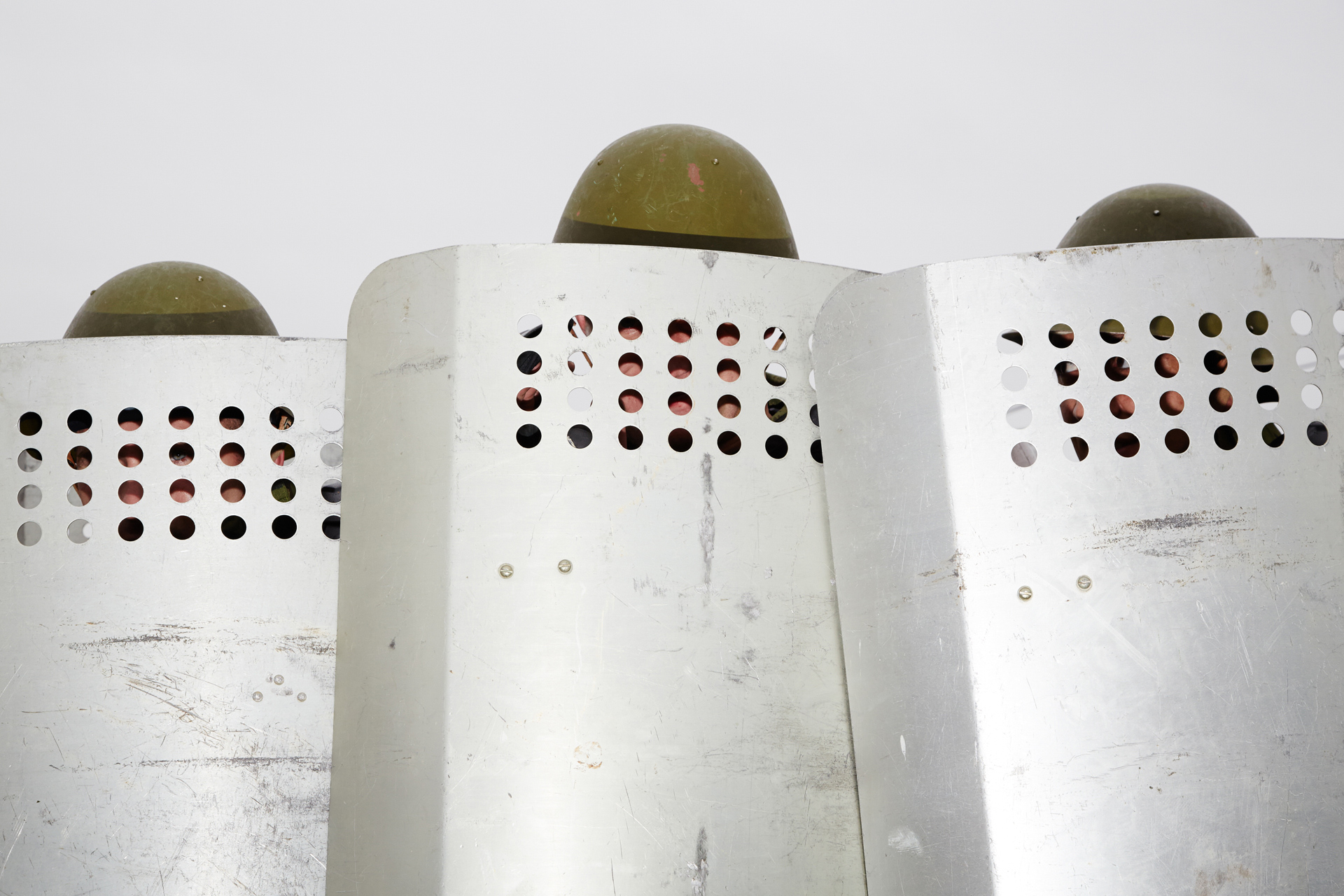
The objects below are part of the exposition at the museum of the pretrial detention center SIZO-1 in Yekaterinburg. The museum is on the territory of the institution, so the exhibits are there only for the employees and special guests to see.
One of the oldest buildings of the prison started to be built in 1928 and is a monument of architecture. There are currently about 400 cells in SIZO-1, inhabited by about several thousand people. At the same time, the institution works as a transfer prison, one of the largest in Russia. Before the death penalty was abolished, executions were served here, too.
Along with adults, adolescent prisoners are also held here. Maintenance staff here are general regime prisoners.
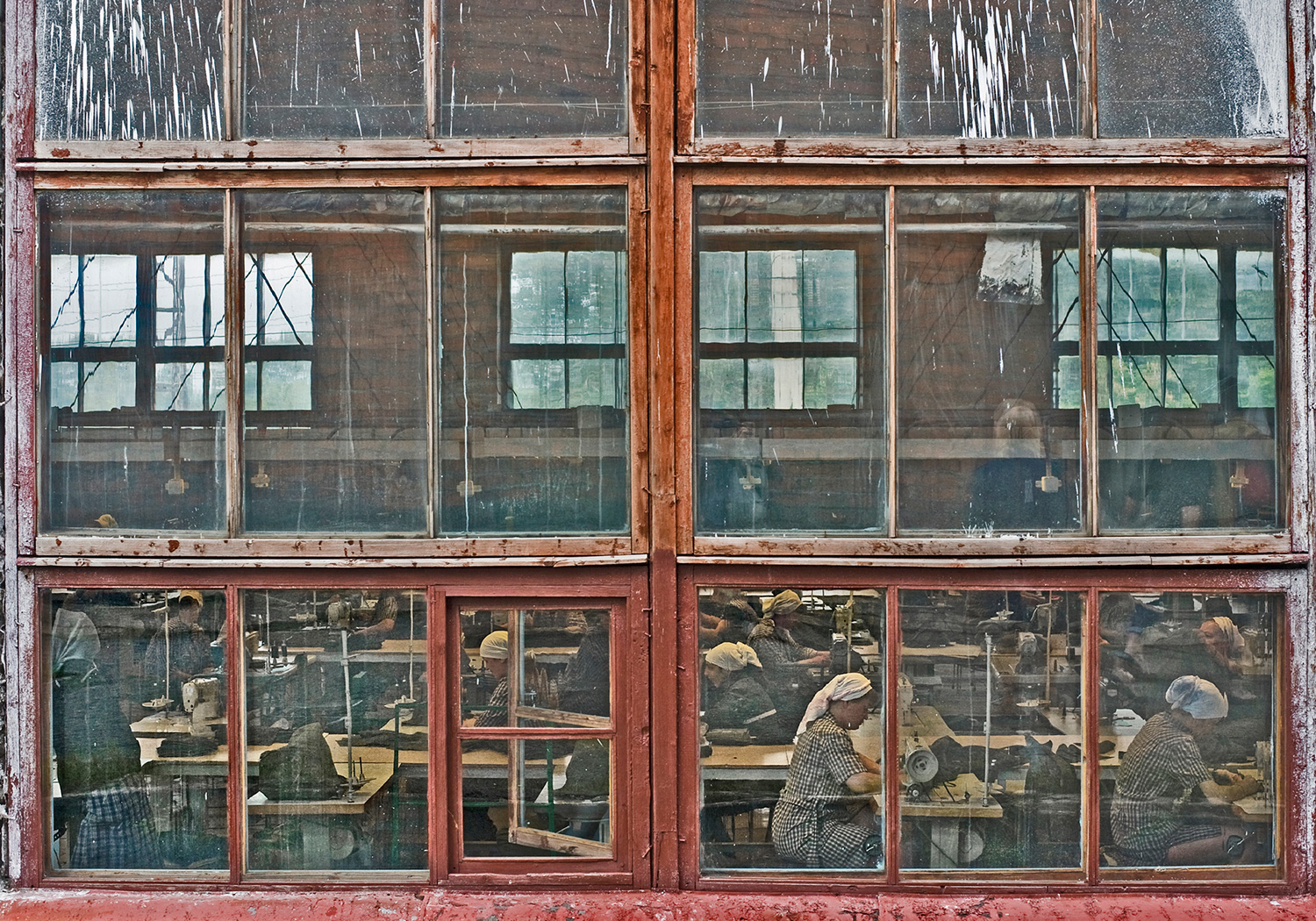
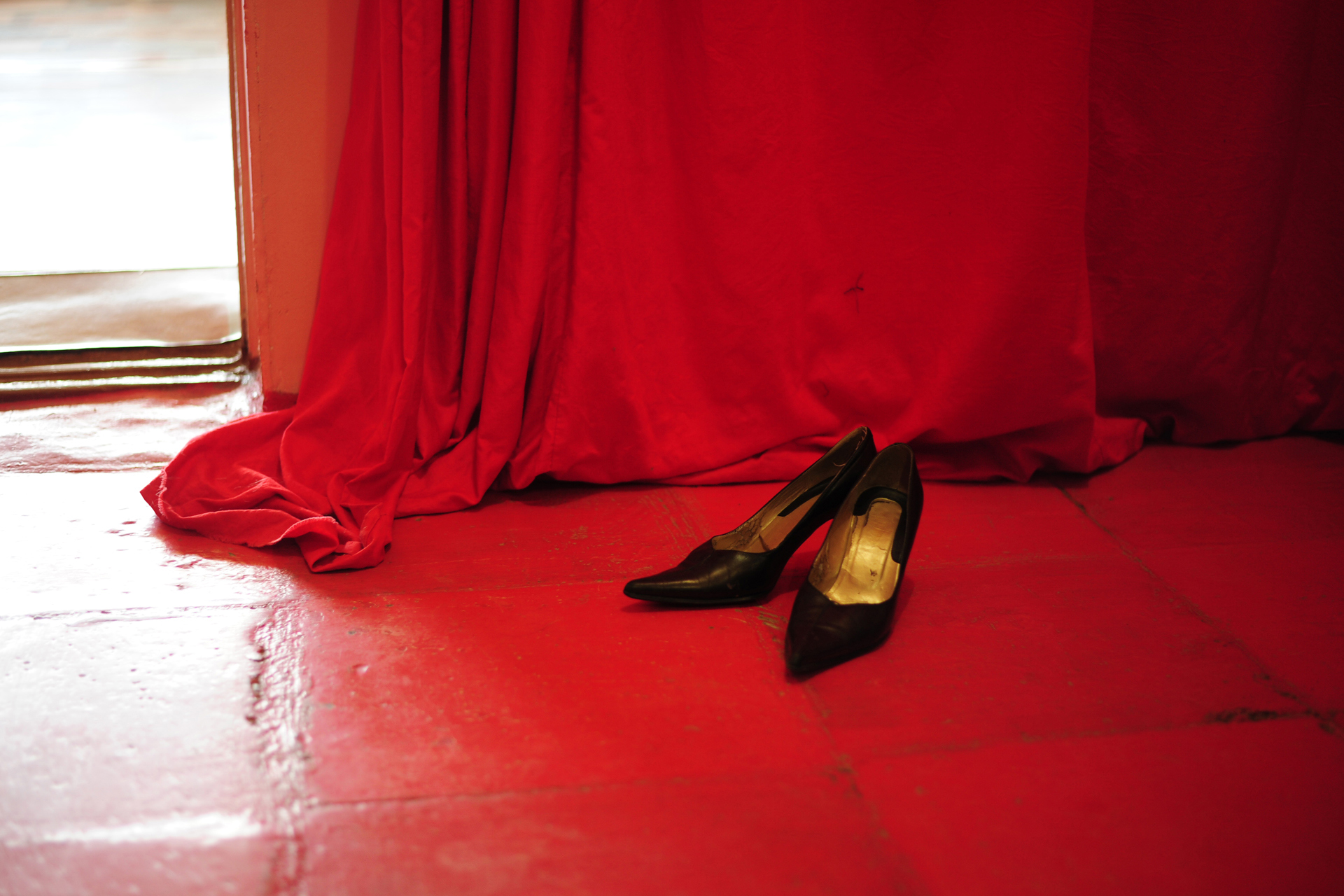
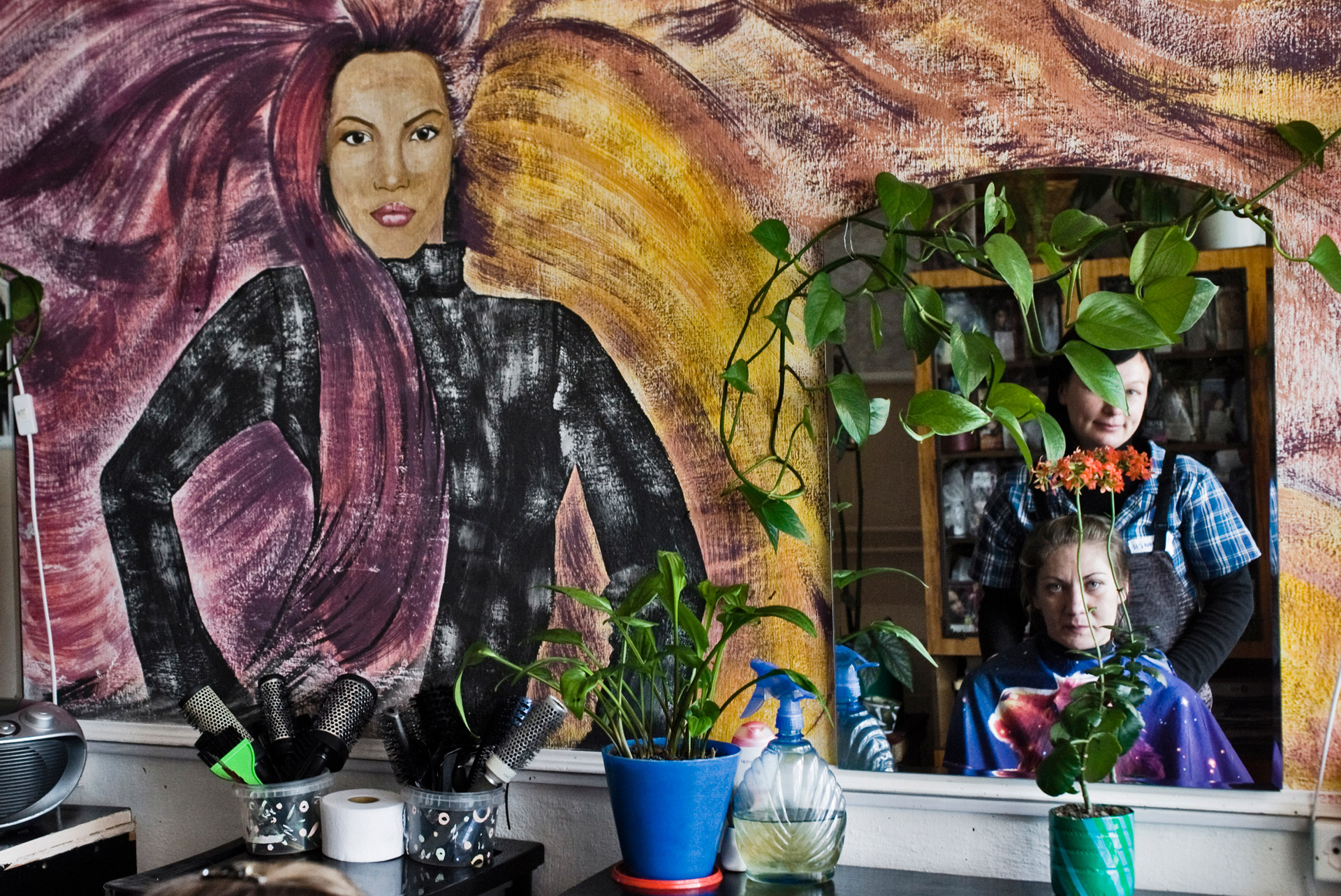
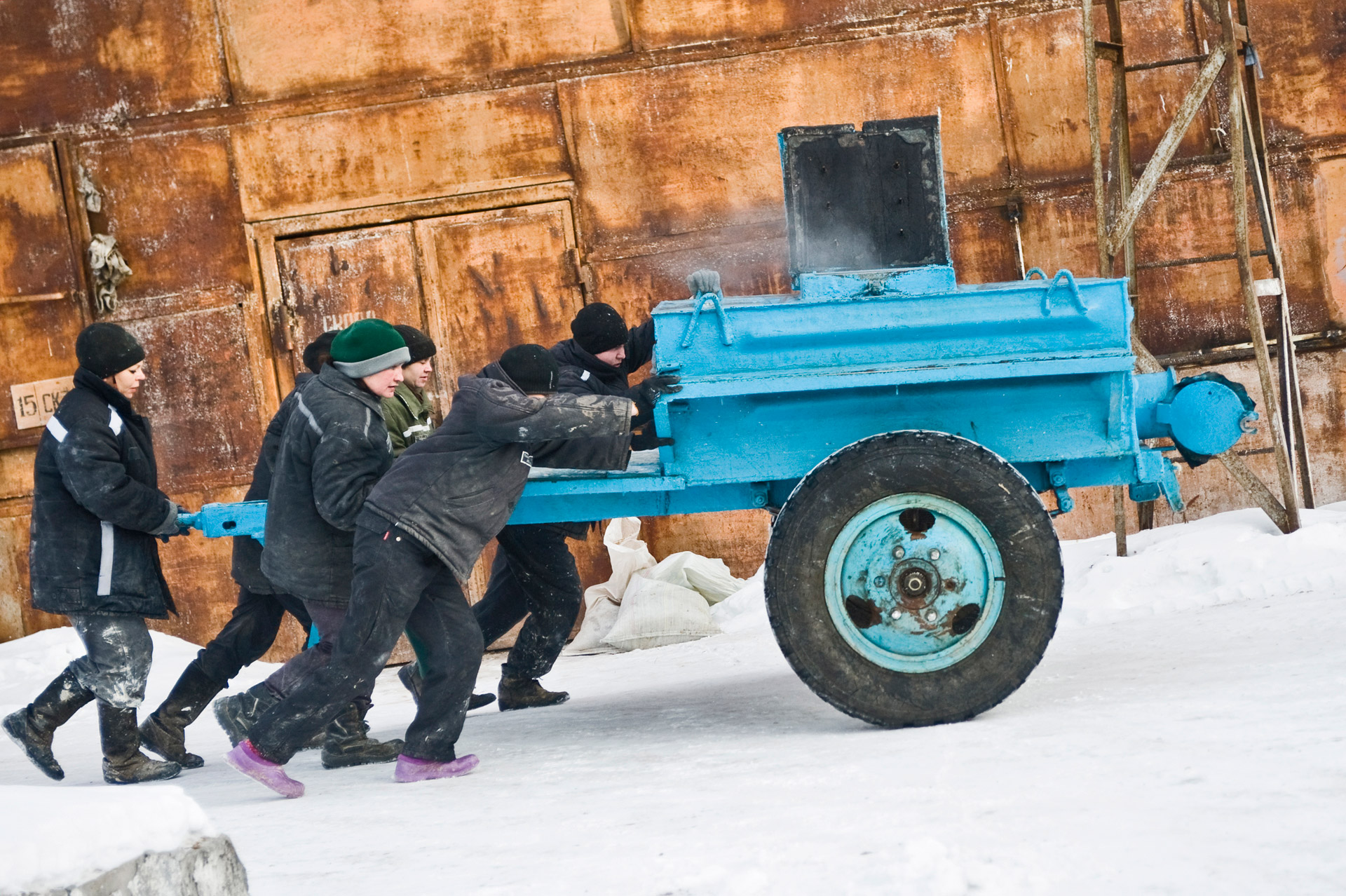
In the colony, people become units, their individuality is erased. It is almost impossible to have a frank conversation there. To find out more about life in the colony, photographers had to meet the people who got out and adapted to their new lives. To find heroes, they asked New Life, the regional civic foundation of Sverdlovsk oblast that helps convicts and released prisoners. It was started by women who have prison experience.
Many interviewees wanted to remain anonymous. Photographs from women’s IK-6 colony in this article illustrate the stories of women who spent between 2 and 13 years there. These women committed different crimes, from drug use to murder.
Vera, spent 13 years in prison:
— When I got out, it was summer. I only had my sandals, a skirt, a T-shirt, and 200 roubles — what remained from the amount that I got when I was released. I went to the shop, and I needed to decide if I am buying underwear or a toothbrush or shampoo. I needed all of it. I remember holding this money, standing in the shop and crying. I was away for a decade, and I am still young, and everything around is so beautiful. Everything became much more beautiful in general. When I went to prison, everything was grey, and people didn’t dress as beautifully as they do now. I ended up not buying anything then. I bought my first lipstick only after five months. It turned out that small things like that mean a lot.
Yulia, social worker, spent 7 years in prison:
— The most difficult thing when you get out of prison is that you don’t understand people and people don’t understand you. After I was released, I spent a lot of time just being silent and observing life. I didn’t know how to add money to my mobile phone account, I’ve actually never seen a mobile phone. I have seen a computer (at school, during computer science class), but it was a Pentium 1. When I went to jail, we had pagers and VHS tape recorders. I hadn’t seen shopping malls, escalators, automatic doors. I was afraid to cross the road — I was scared of cars. When you are released, it is as if you have just hatched and have no experience of living in the world — you have to learn everything again. Of course, they will feed and dress you at home, but this is not enough.
Olesya, engraver, spent 7 years in prison:
— The existing system is, of course, punitive in nature. As it is, a person arrives in jail without an education, often when they are young, and when they get out nobody needs them. People would get released faster if not for the weird internal regulations of jails. For instance, you are not allowed to have tweezers, although every woman wants to look good. You are not allowed to have a painkiller for a toothache. I know that my tooth may start aching. There is no dentist in the colony, so I need to procure a pill somewhere. I can go and beg for it now, pretend that I took it, and hide it for the future. And then inspection comes, they find it, and they record it as a violation. I wasn’t released on parole because of that. They found a 1/4 of a pill on me, and told me: “It is a violation, keep doing time.”
Irina, manager, spent 5 years in jail:
— I didn’t make any friends in the colony, but of course you need to communicate with people. All the conversations there revolve around past criminal cases or personal life. Some women live in the colony as couples, as regular families, and continue living together even after release. This happens because women lack warmth in their lives and they need someone to take care of. But I can’t see myself with a woman. I have always told them: “You are here on one-year terms, and you’re starting this. Do you really want to have sex so much?” There are women, whose husbands come to see them, and then there are arguments in the colonies: “You cheated on me.” It felt strange just looking at it.
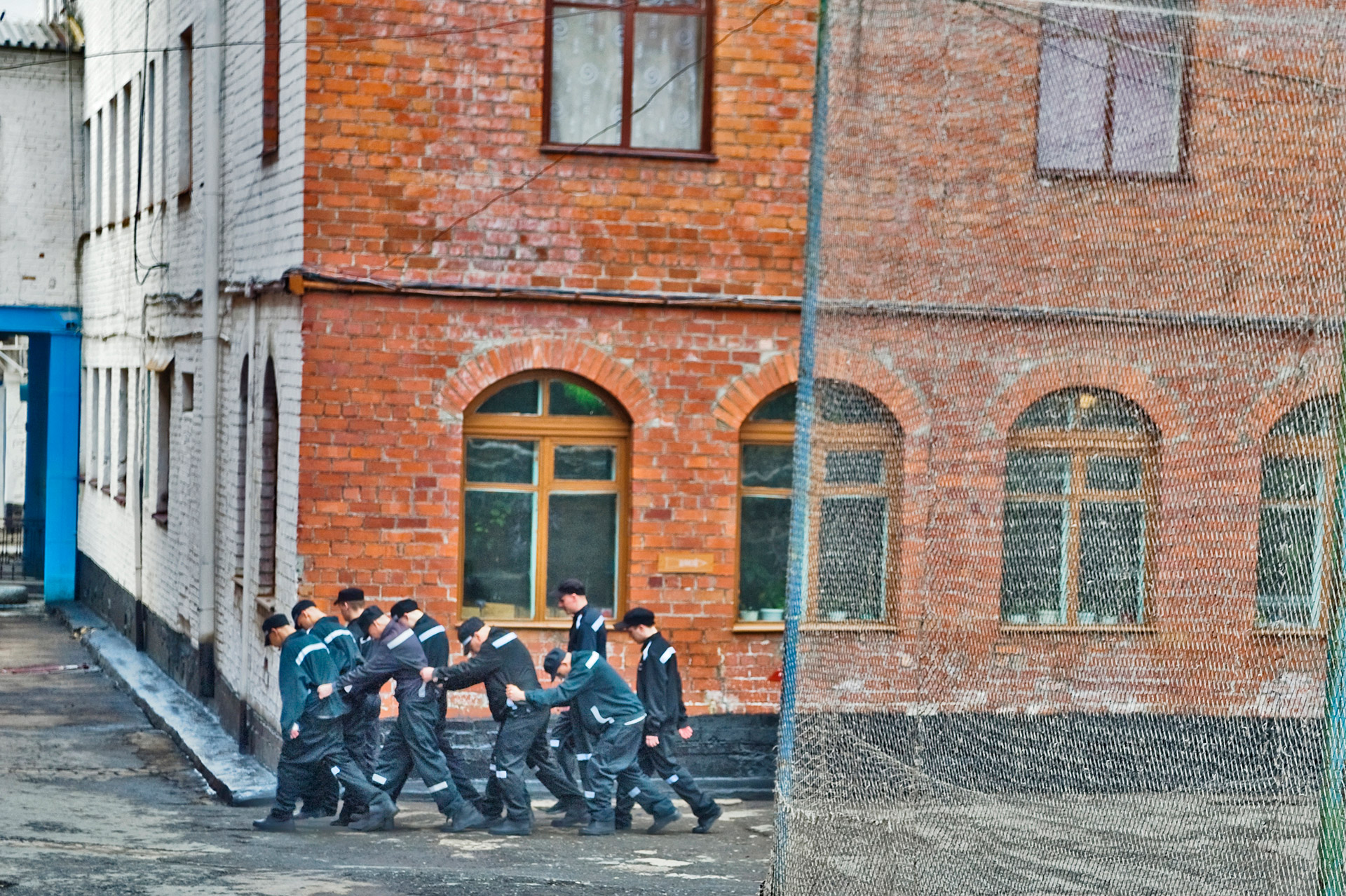
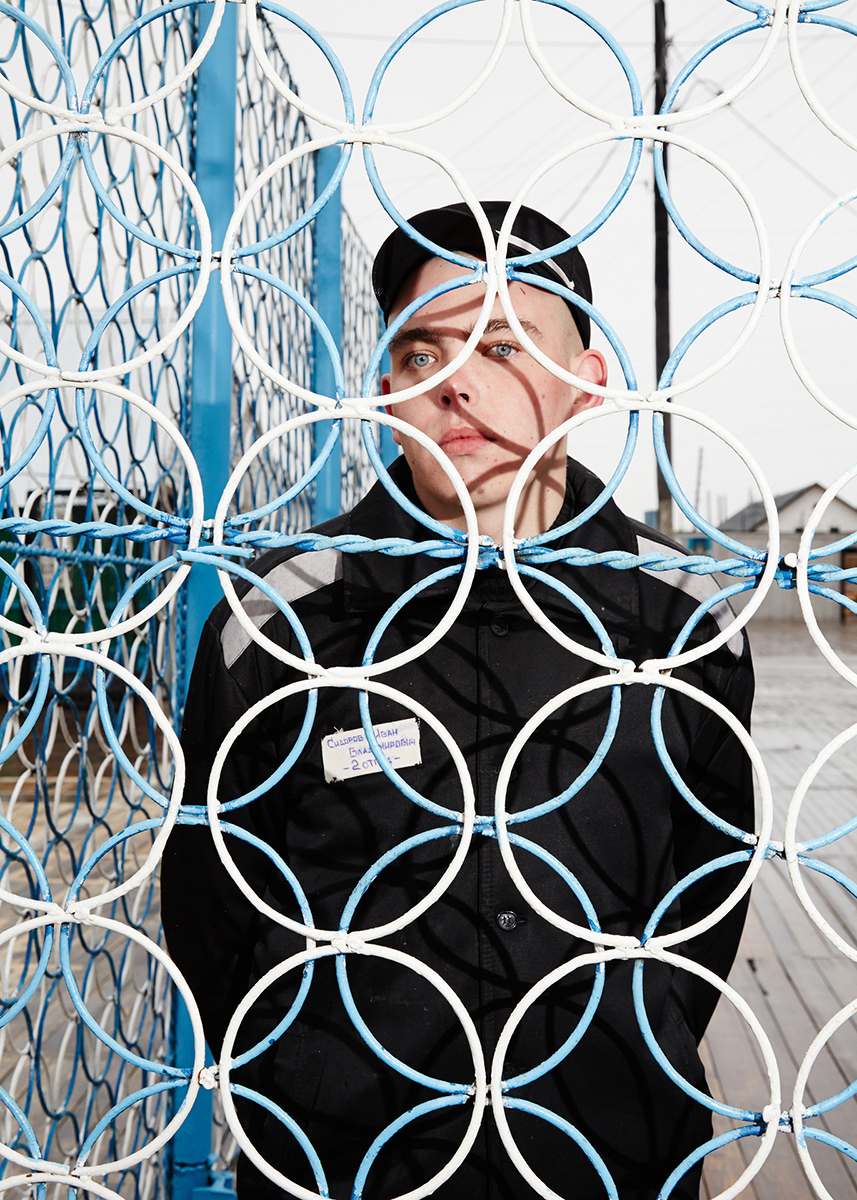
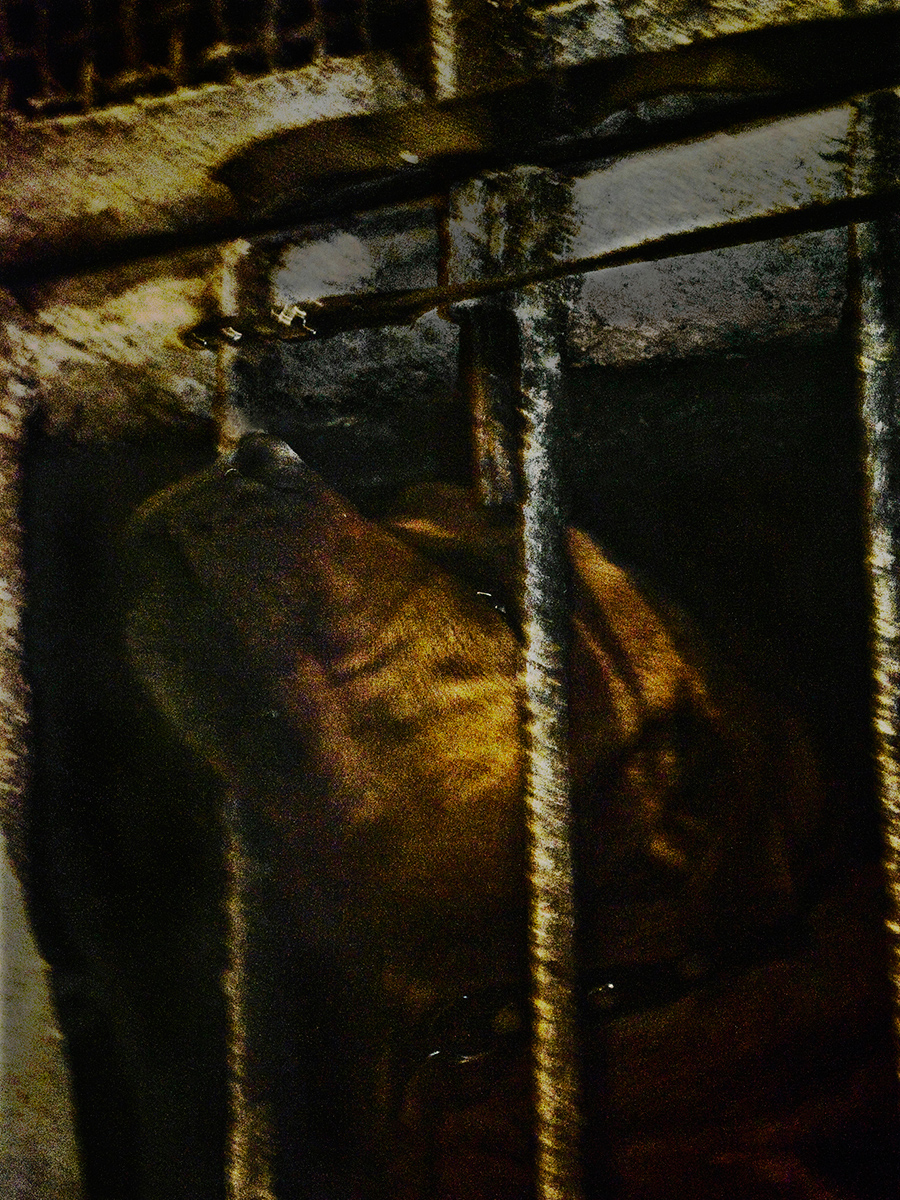
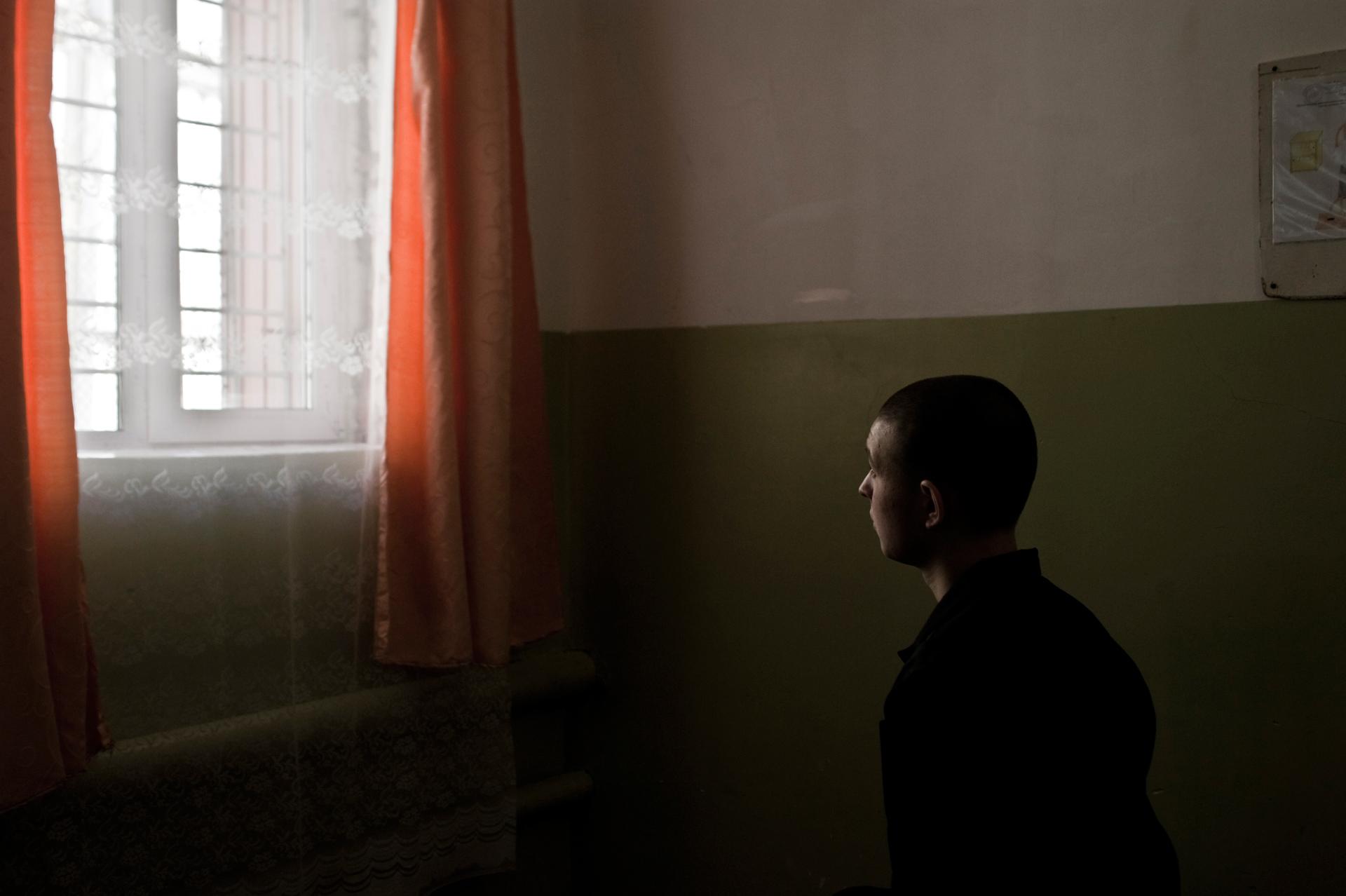
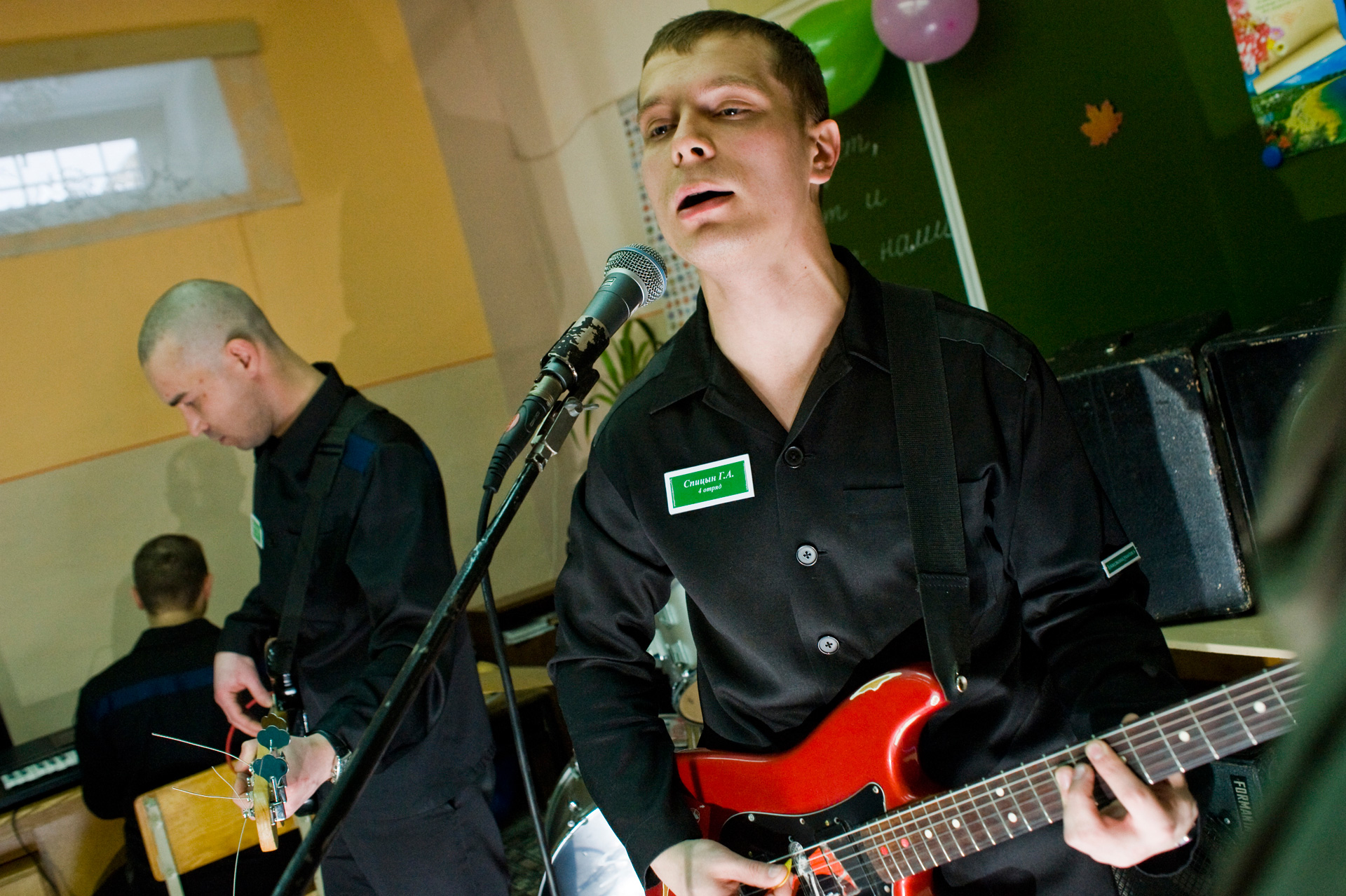

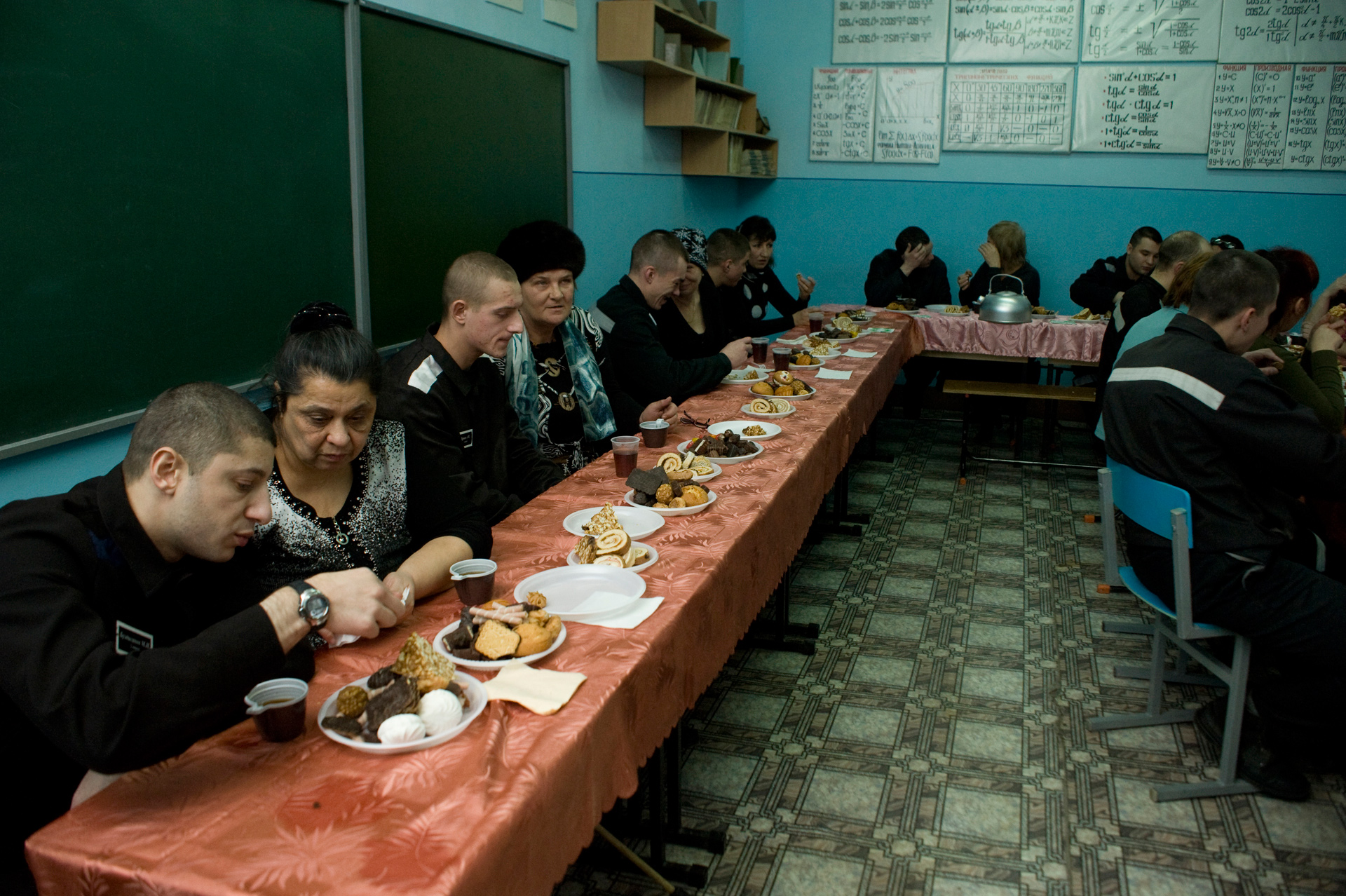
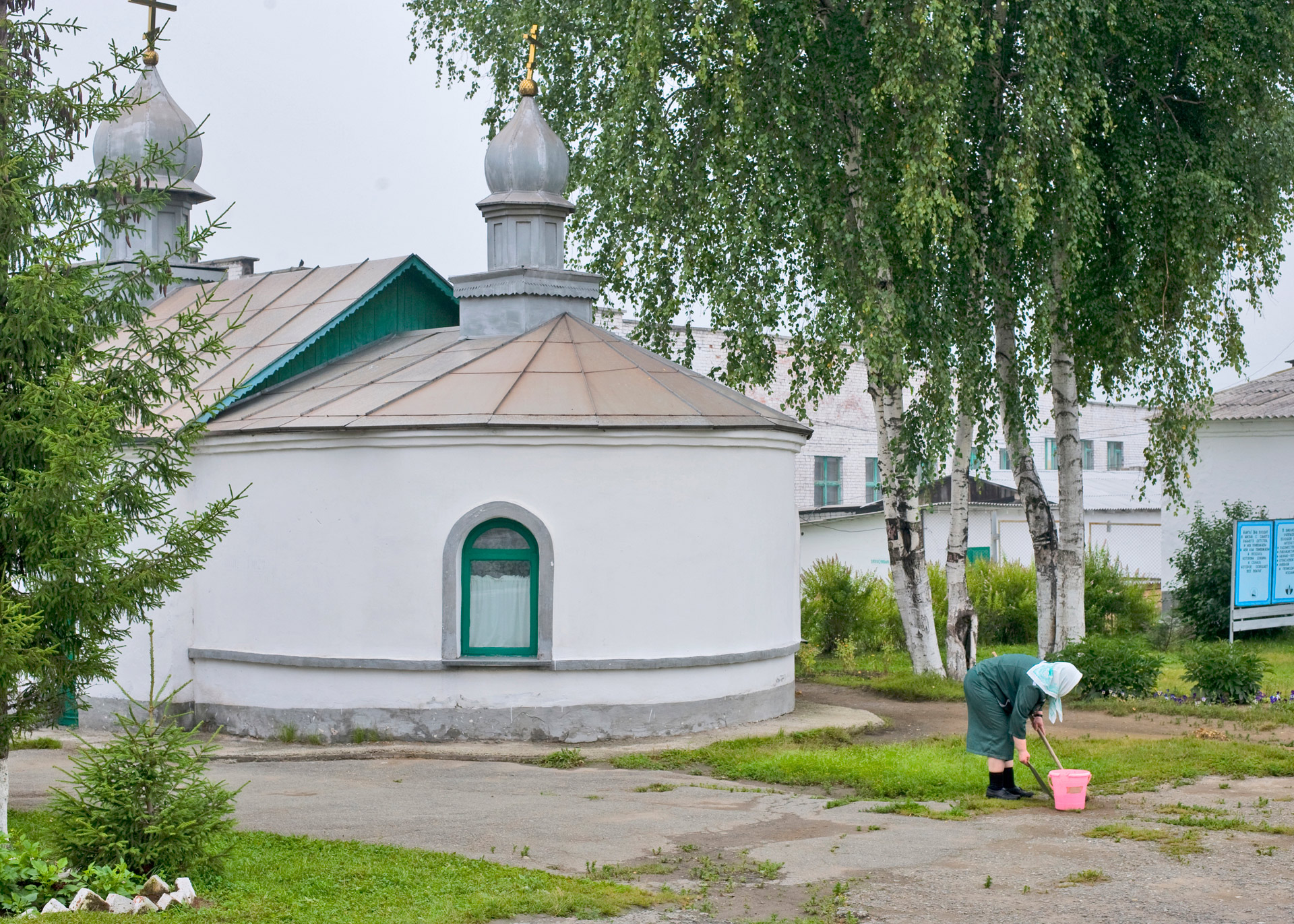
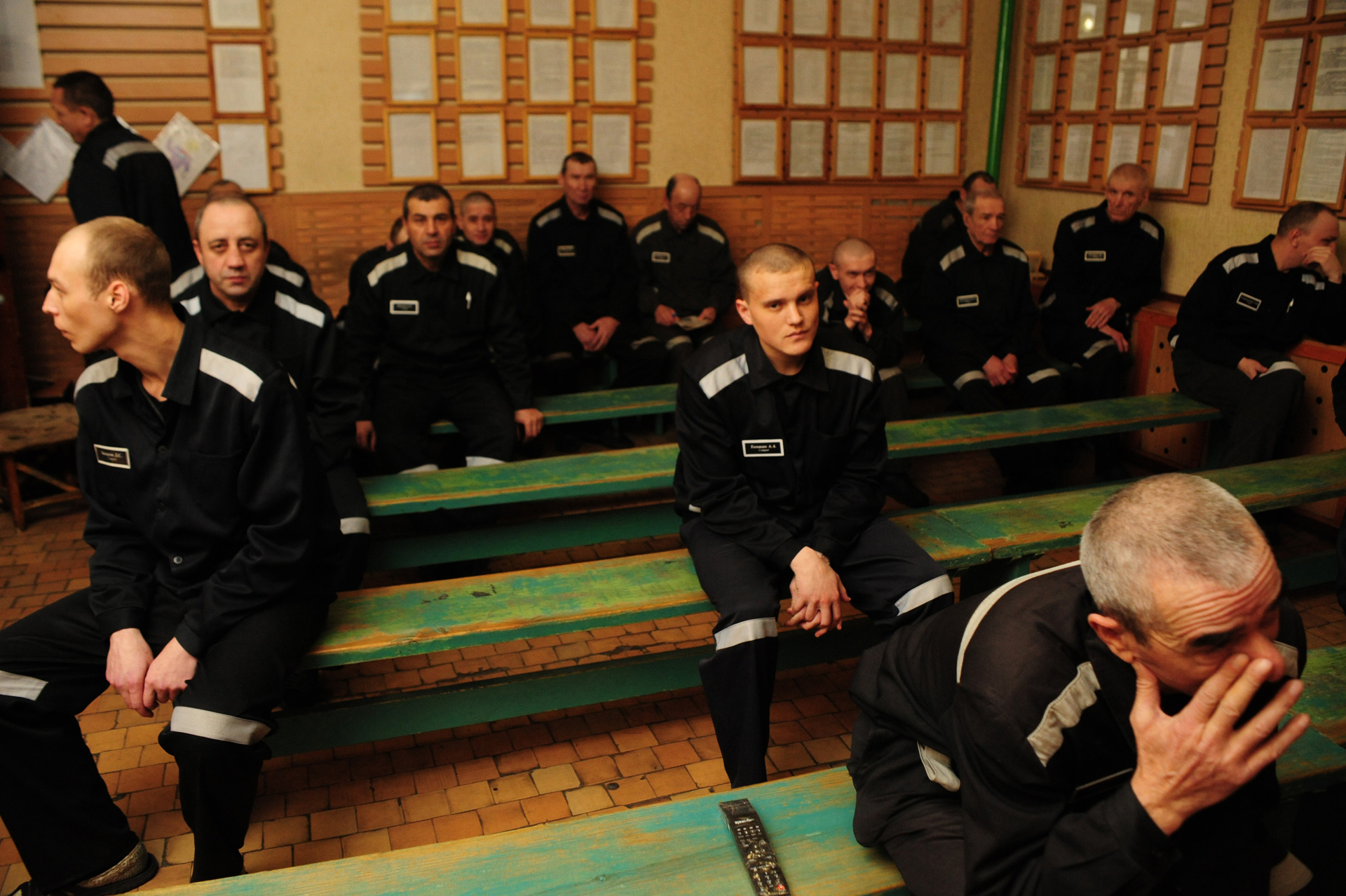
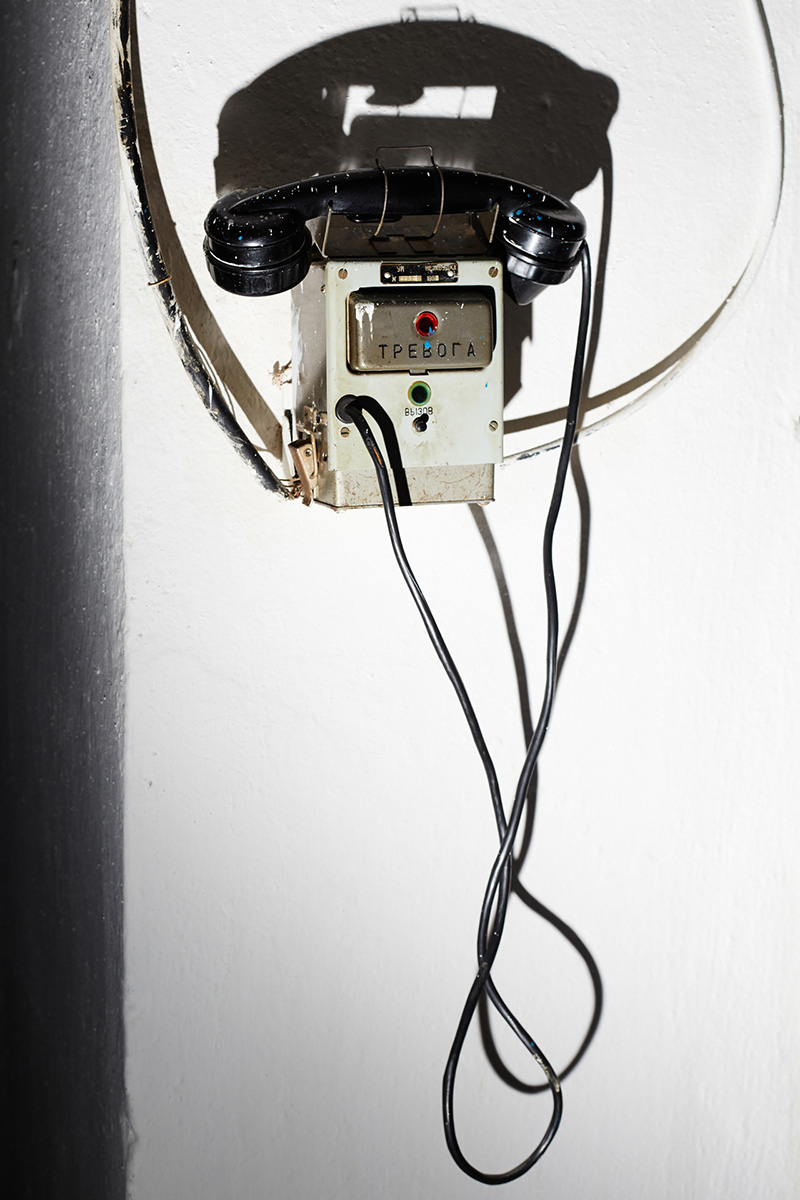
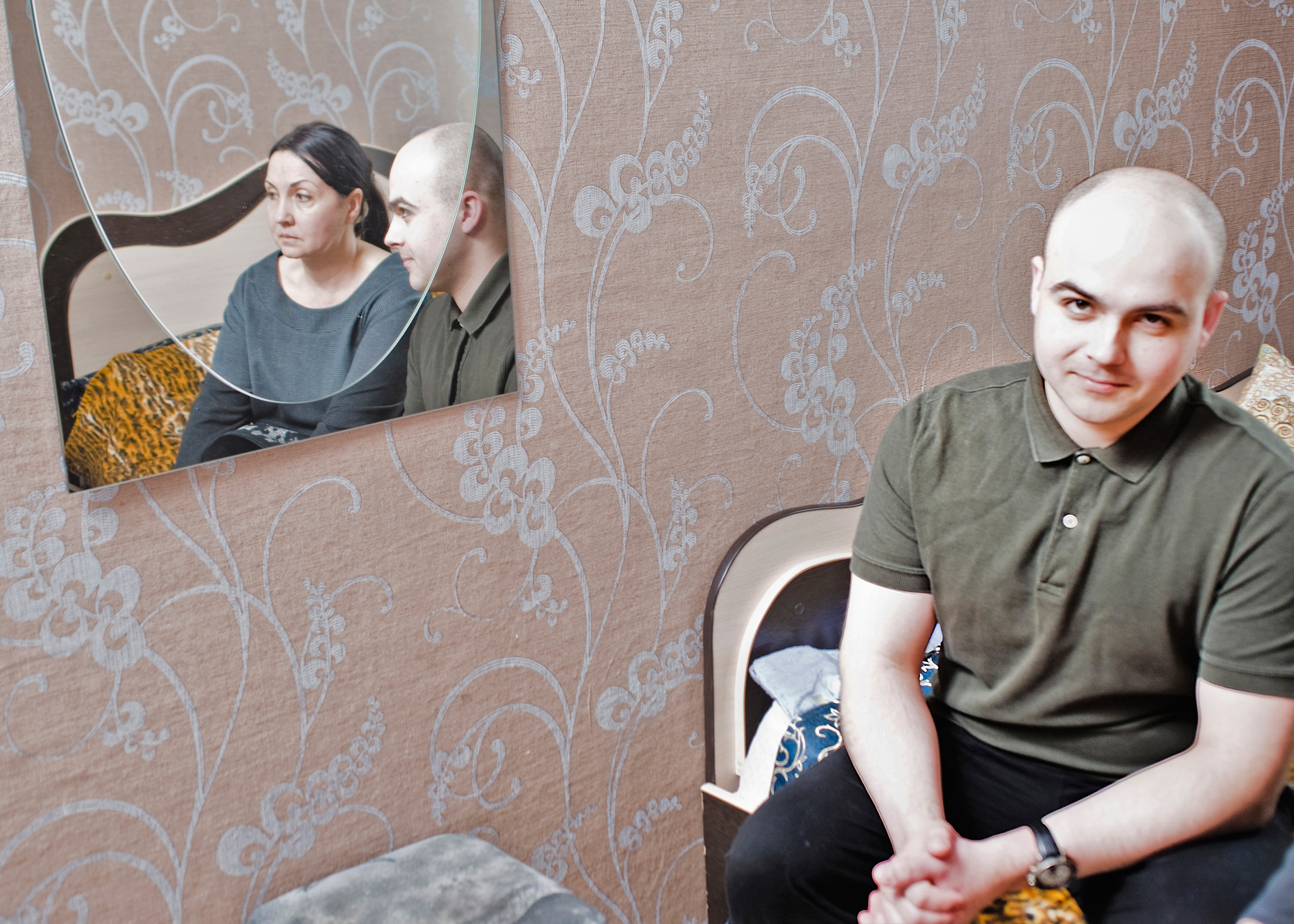
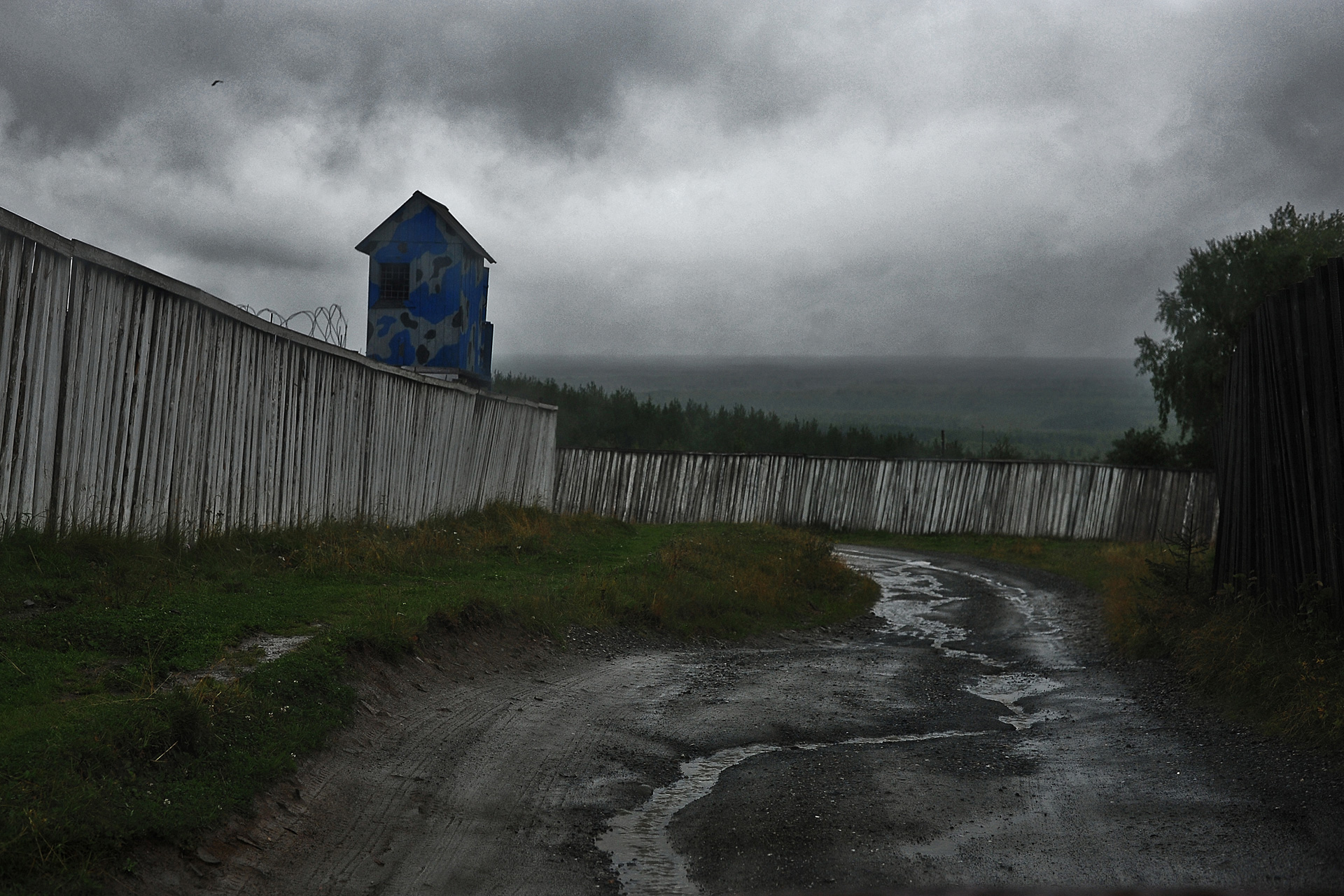
Black Golden Eagle
Correctional facility IK-56, or Black Golden Eagle [Cherny Berkut], is a colony for people who committed the most serious crimes. There, 260 murderers are held on the of the strictest regimes in Russia. THe colony is located in the Northern Urals, 615 kilometers away from Yekaterinburg in the Lozvinsky settlement, in the middle of the endless taiga. In the USSR, it was the only prison for people who were waiting for the death penalty to be served. In 1993, when the moratorium on death penalty was introduced, all convicts in Black Golden Eagle were divided into two groups: the ones whose capital punishment was replaced for 25 years of prison time, and those who got life terms. There are four other colonies for convicts with life terms in Russia, but #56 is considered to have the best detention conditions.
Convicts sentenced to life terms are held in one-person or two-person cameras. For 23 hours a day they stay in four walls, and for an hour they go for a walk in a special room without roof. They sleep with lights on, during the day it is prohibited to lie on the bed, only sitting is allowed. Convicts are allowed to read books and write letters. There is no TV, it is not allowed to work, there is no plumbing either, only a bucket instead, shower is once a week. In order for the employees of the colony to know why people are held there, the list of their crimes is read aloud to them each morning. There are also plates on the cameras of convicts with life terms listing their crimes.
Those convicted for 25 years live in barracks, are allowed to have contact with their loved ones, receive parcels from them, and work on the premises.
The head of the colony, internal service colonel Subkhan Dadashov, has occupied this position for the past 30 years. It is longer than a long prison term. In a private conversation he said that he would bring death penalty back without delay. He explained it by the fact that he thinks there are no random people in the colony and there is nobody who would deserve pity.
Text by Artem Berkovich, curator of the Other Side of the Wall exhibition.
New and best
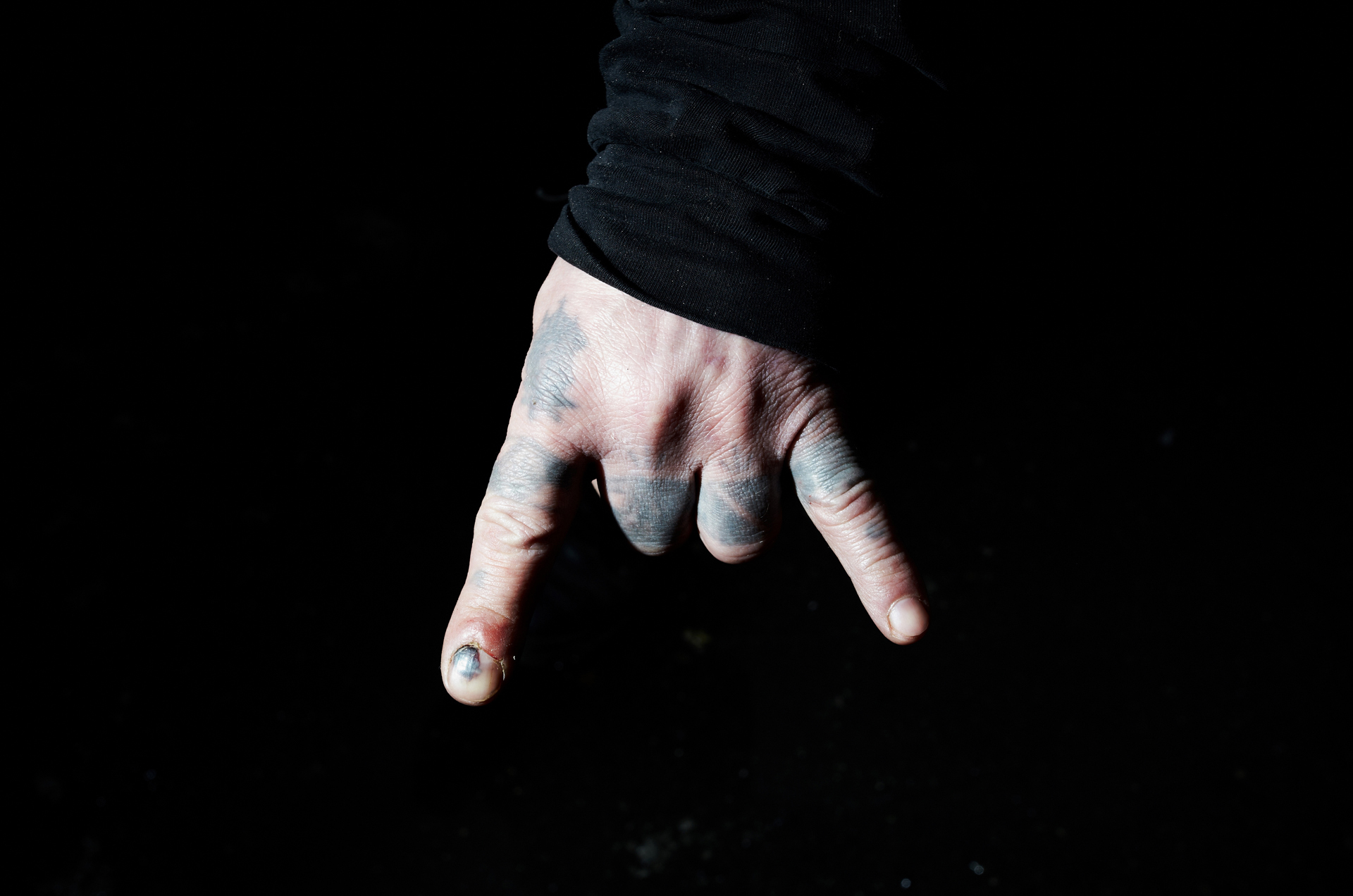
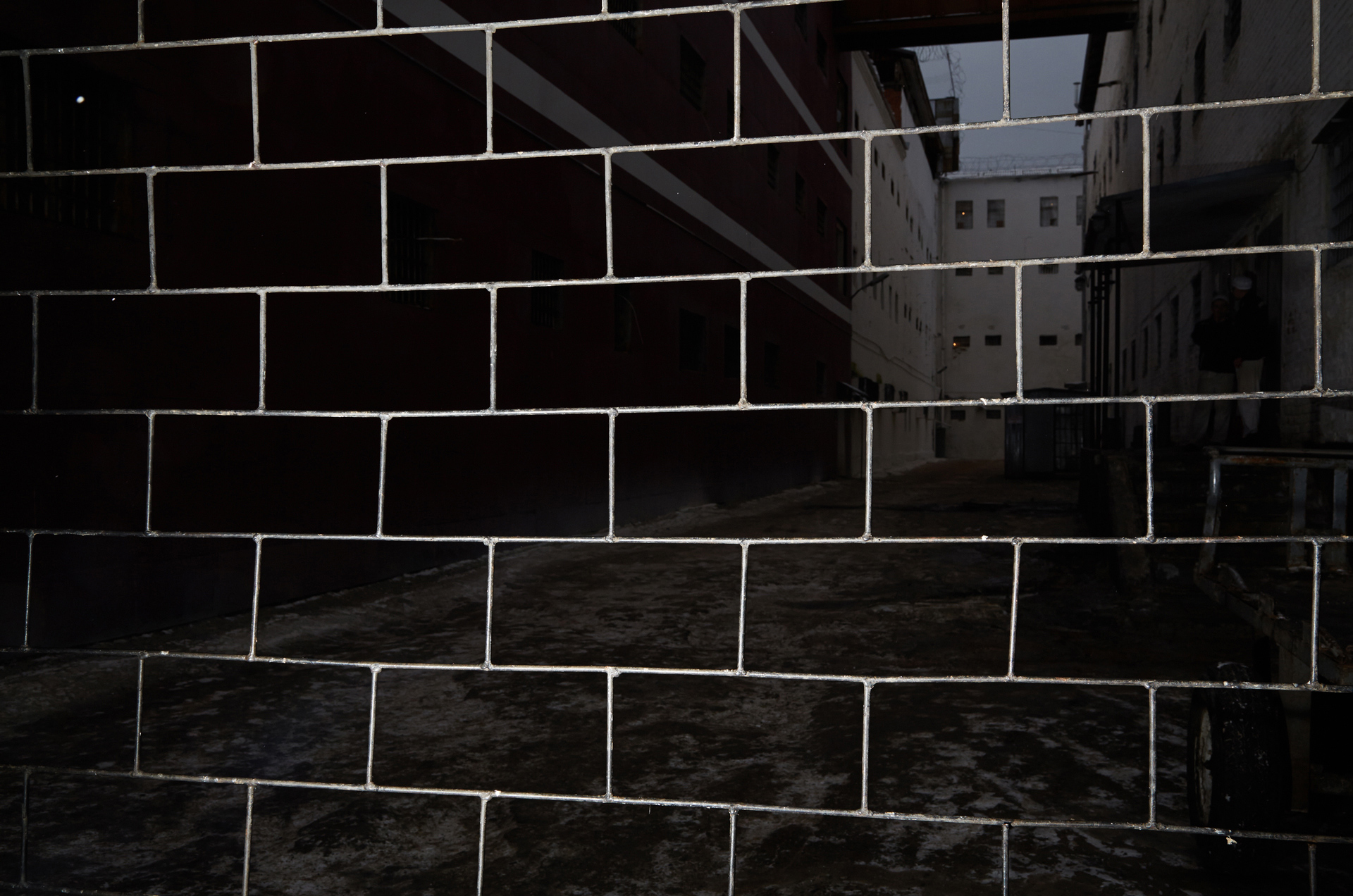
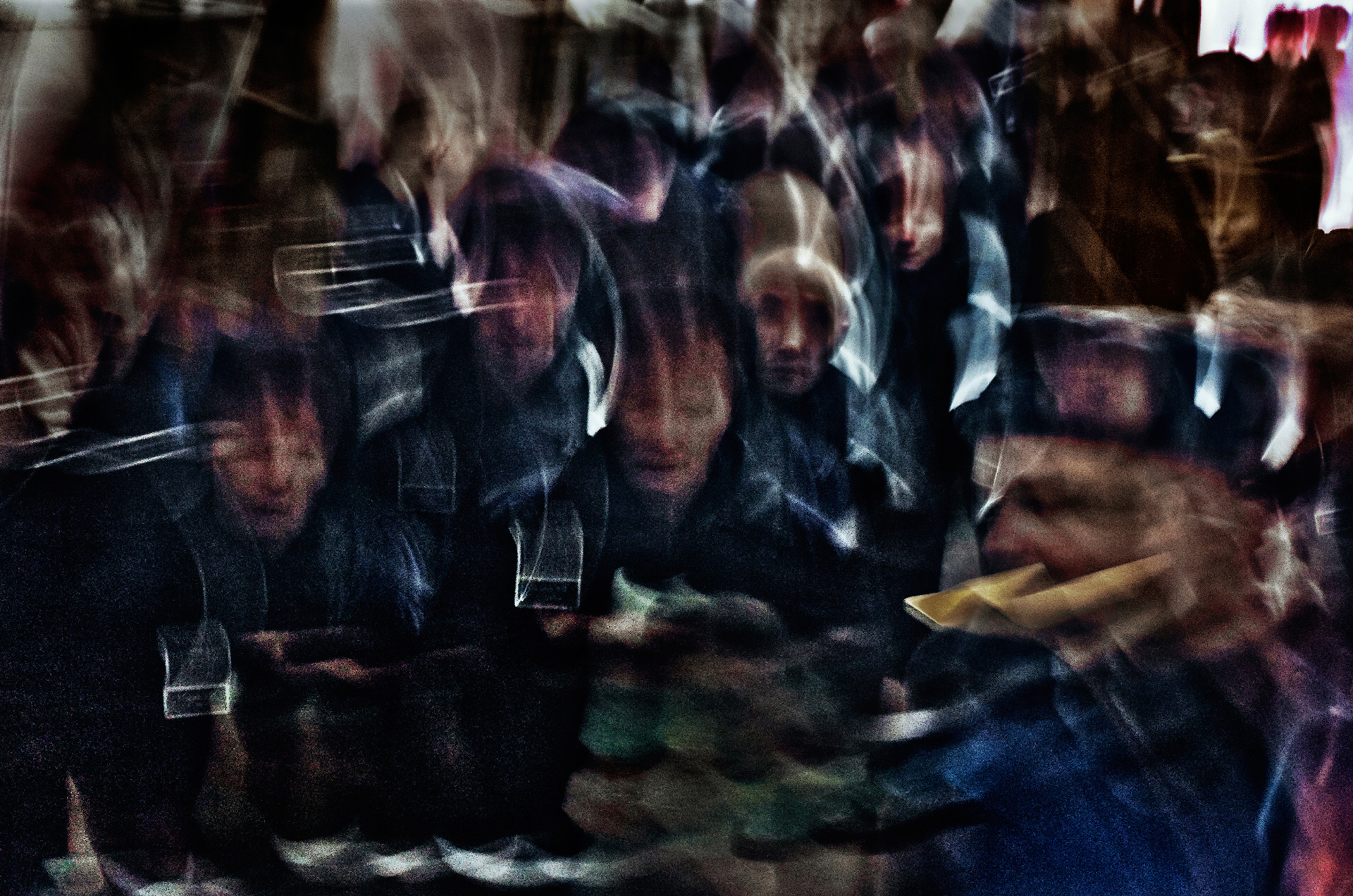
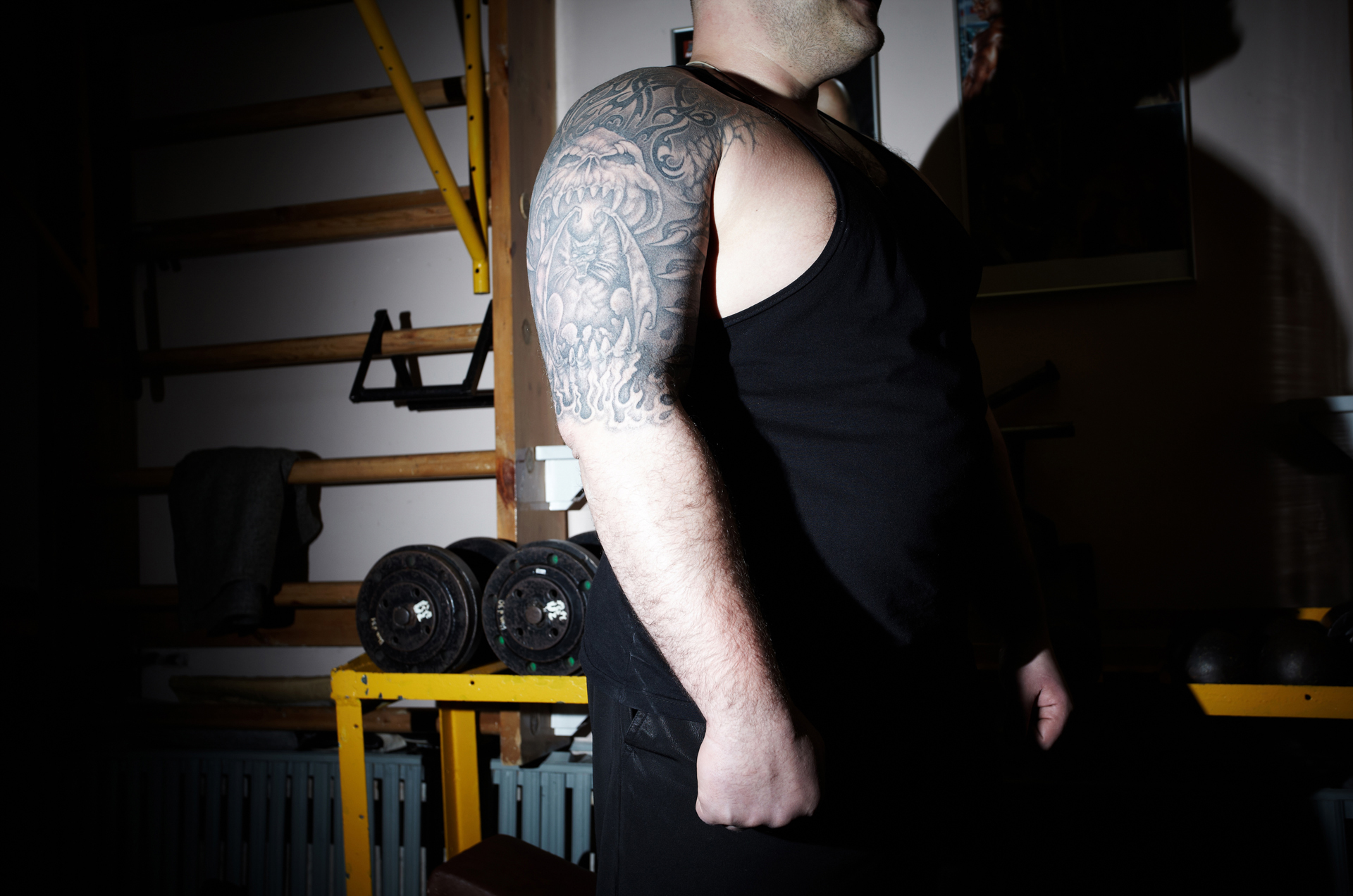
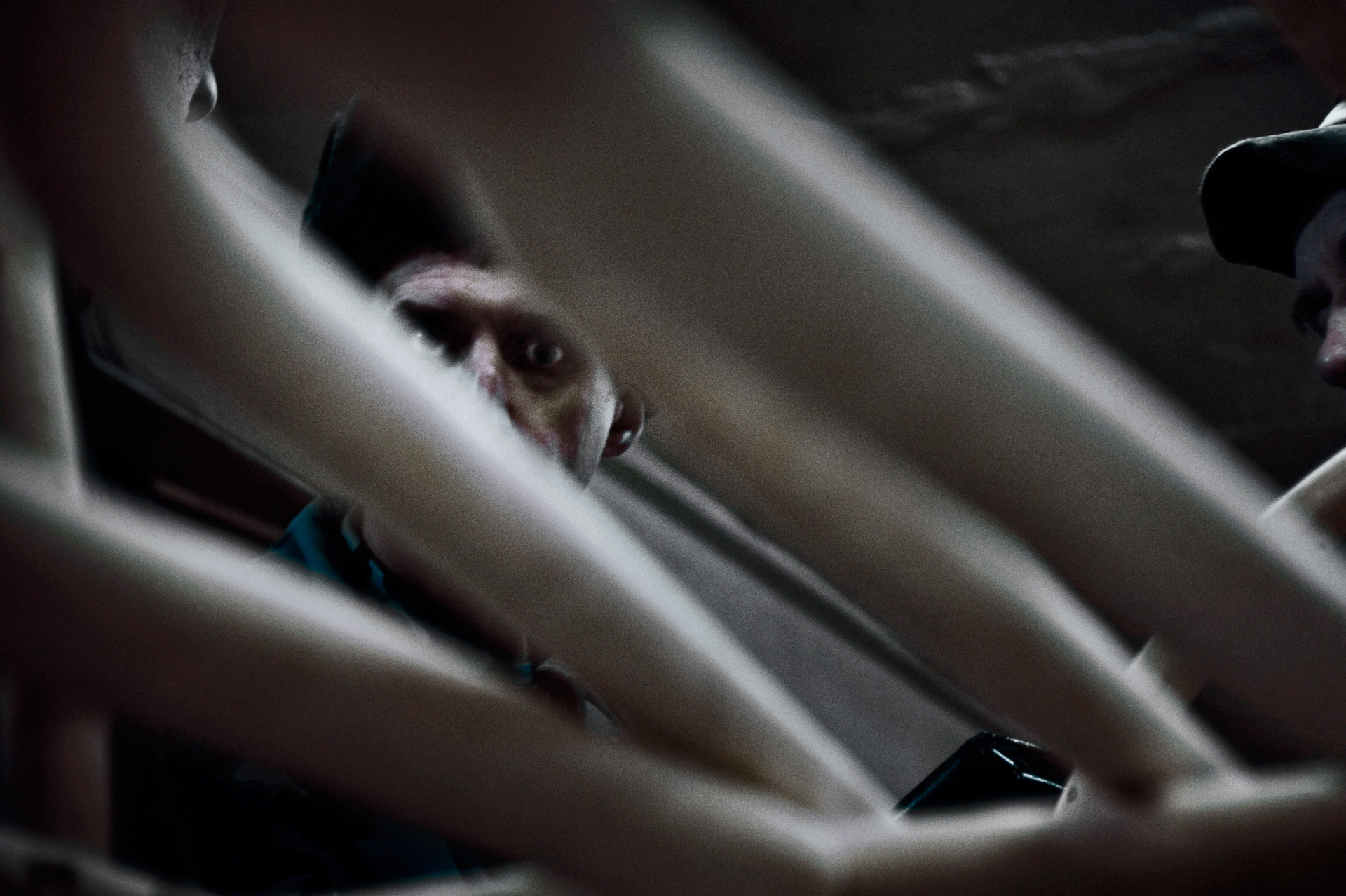
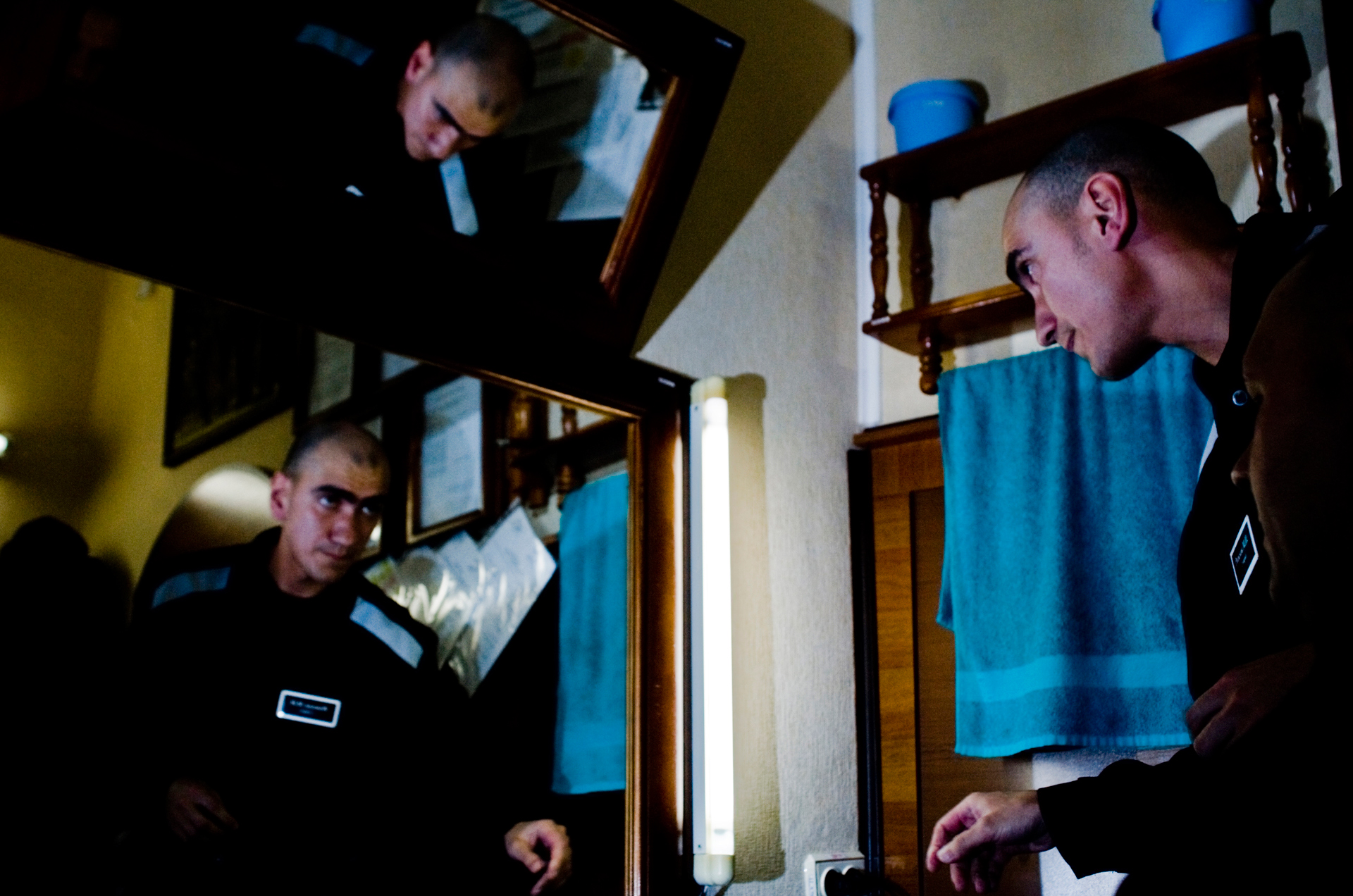
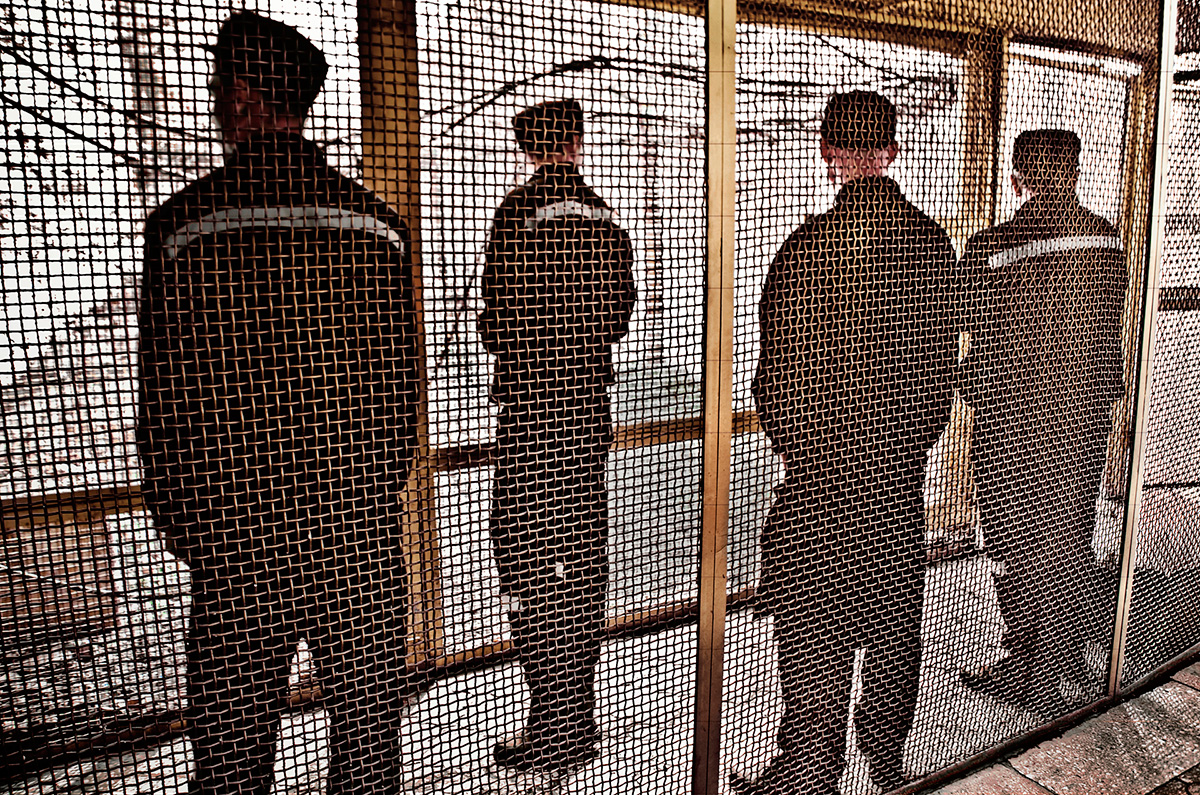
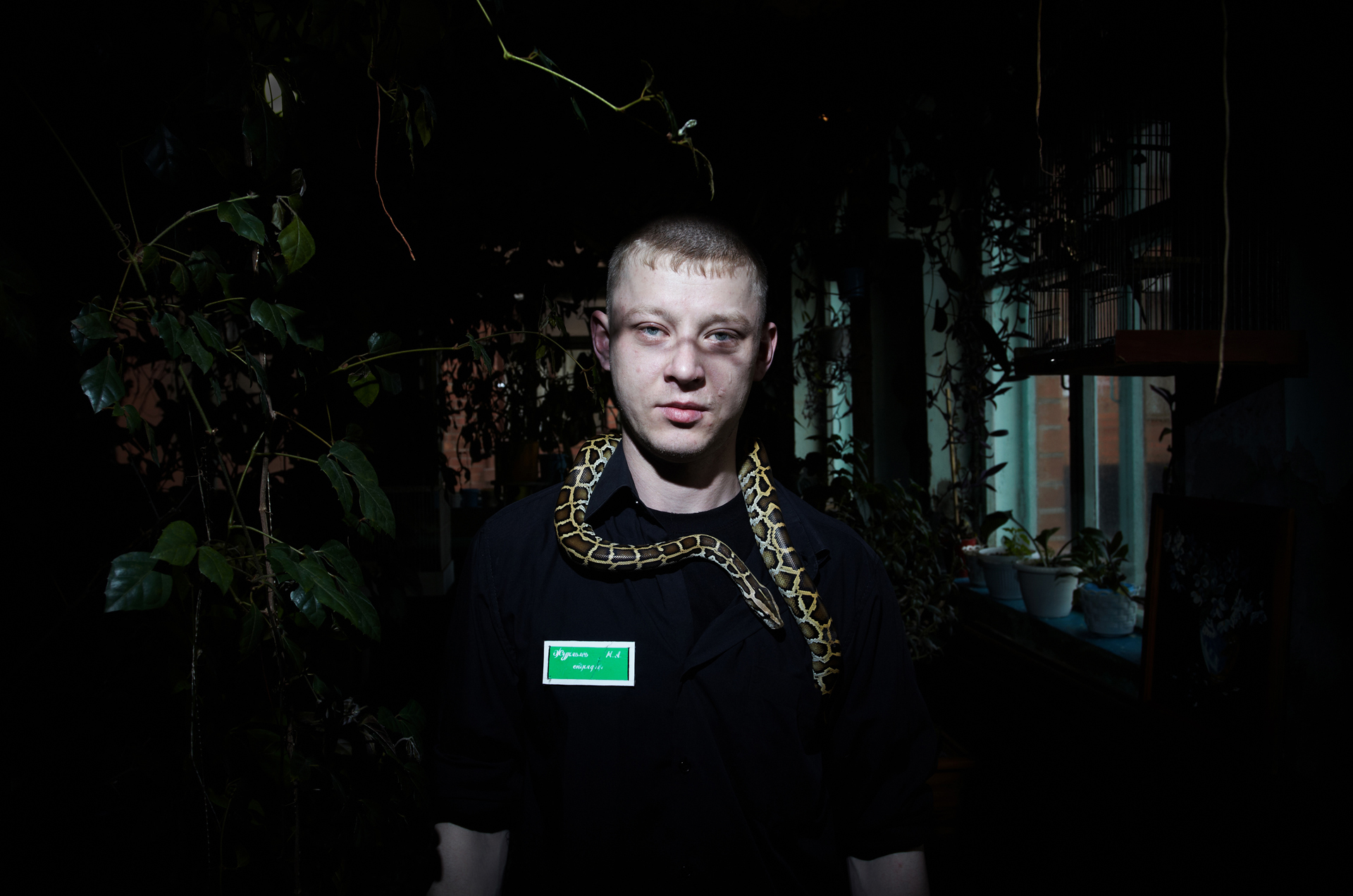
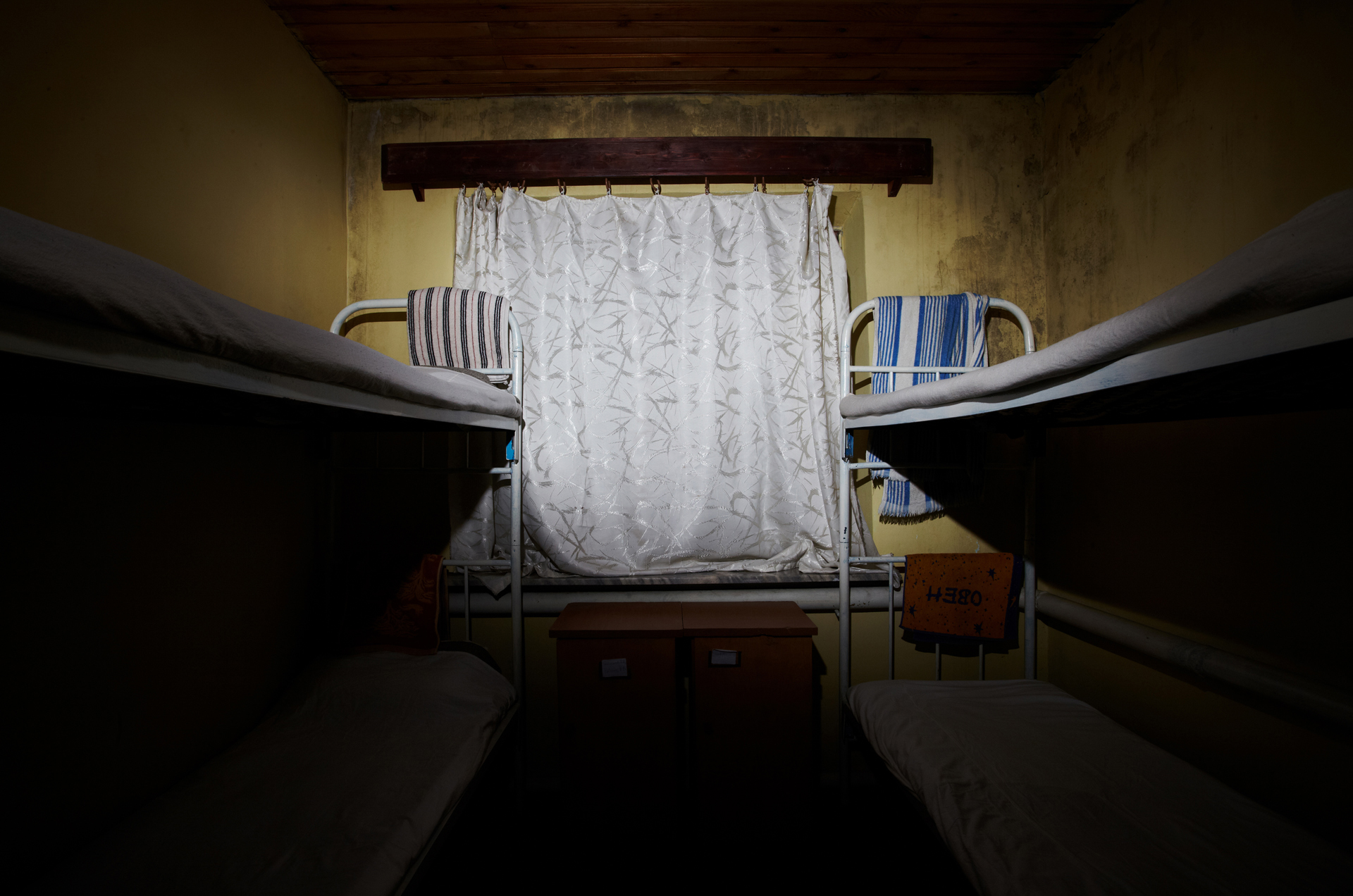
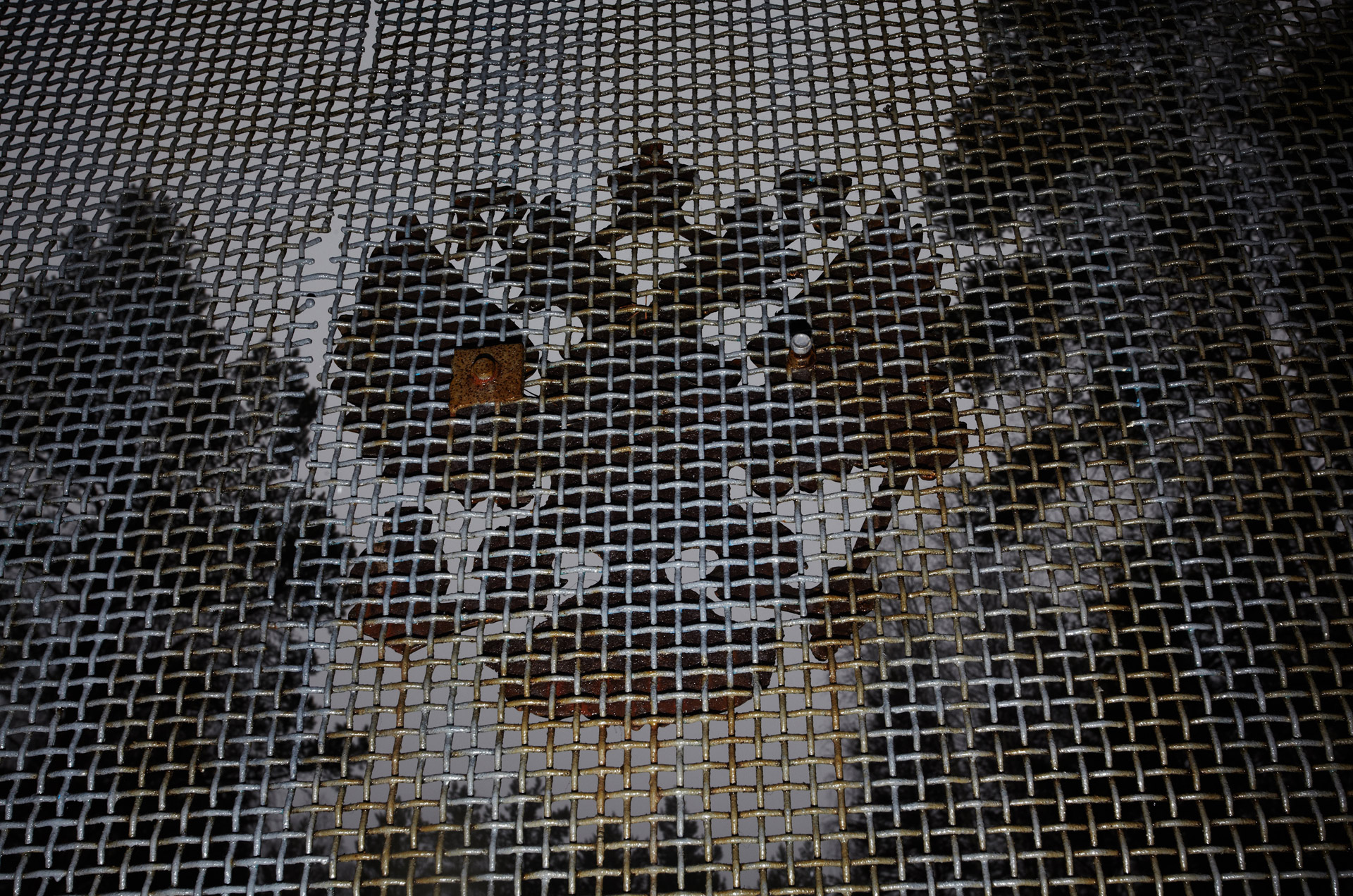
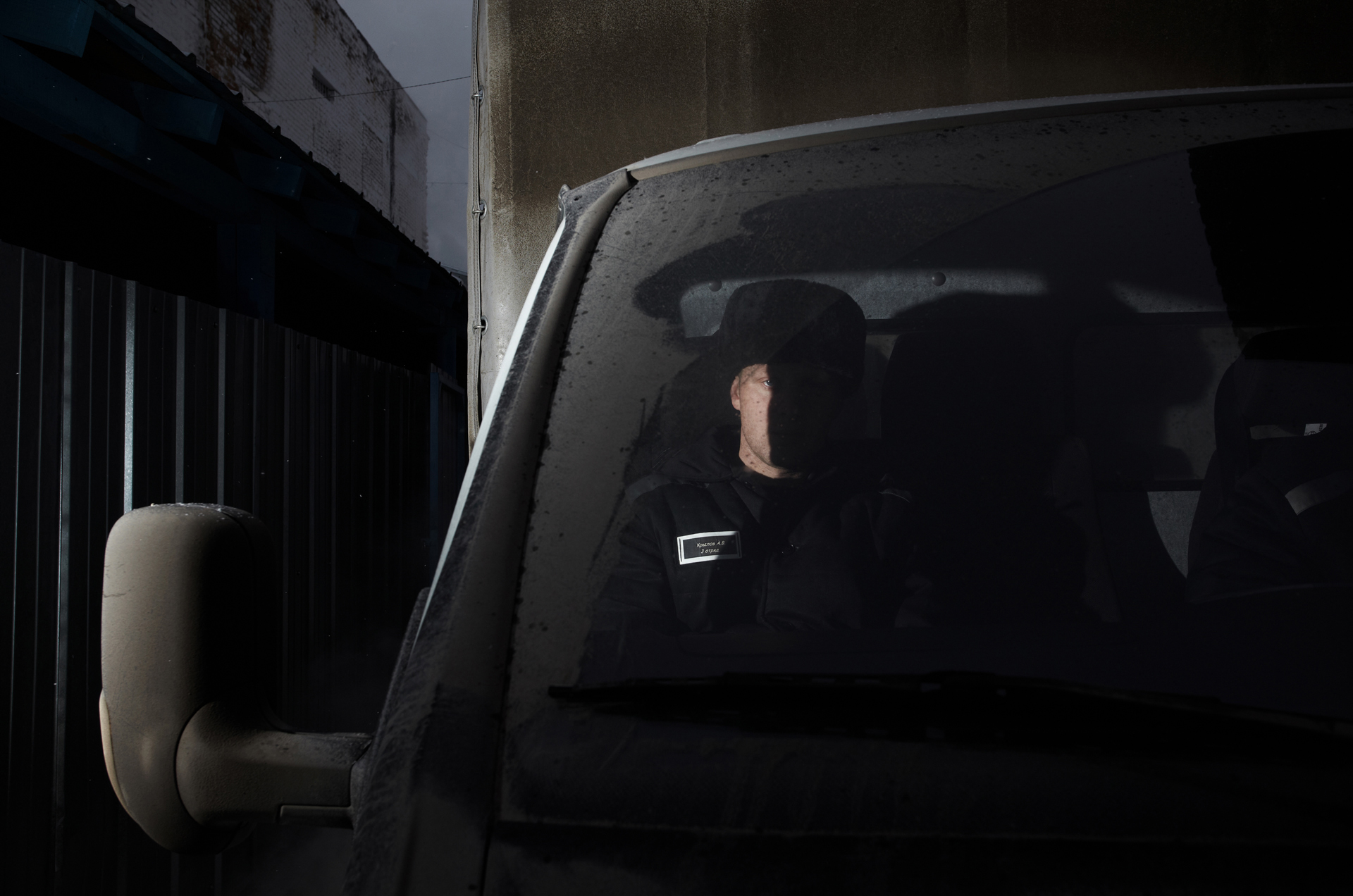
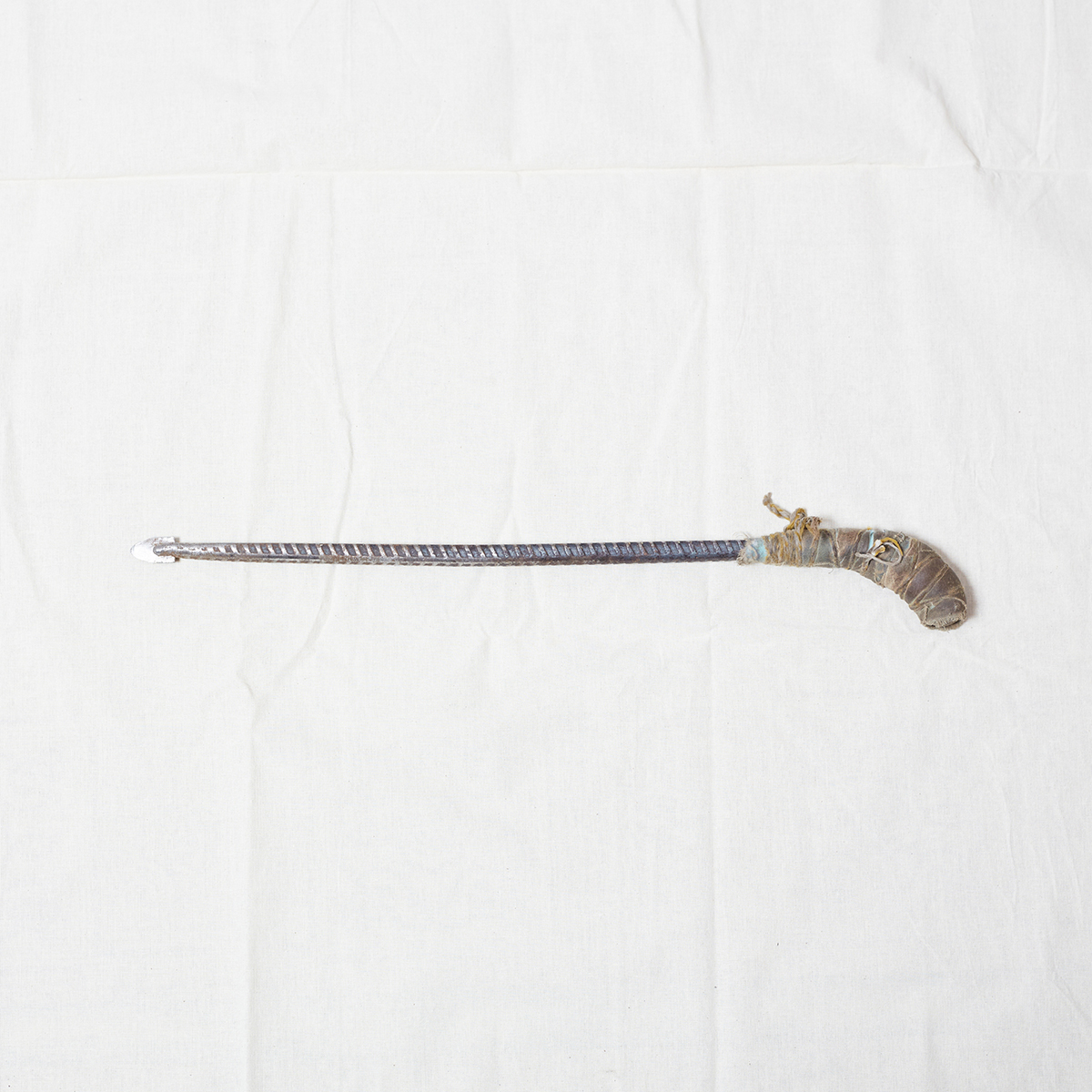
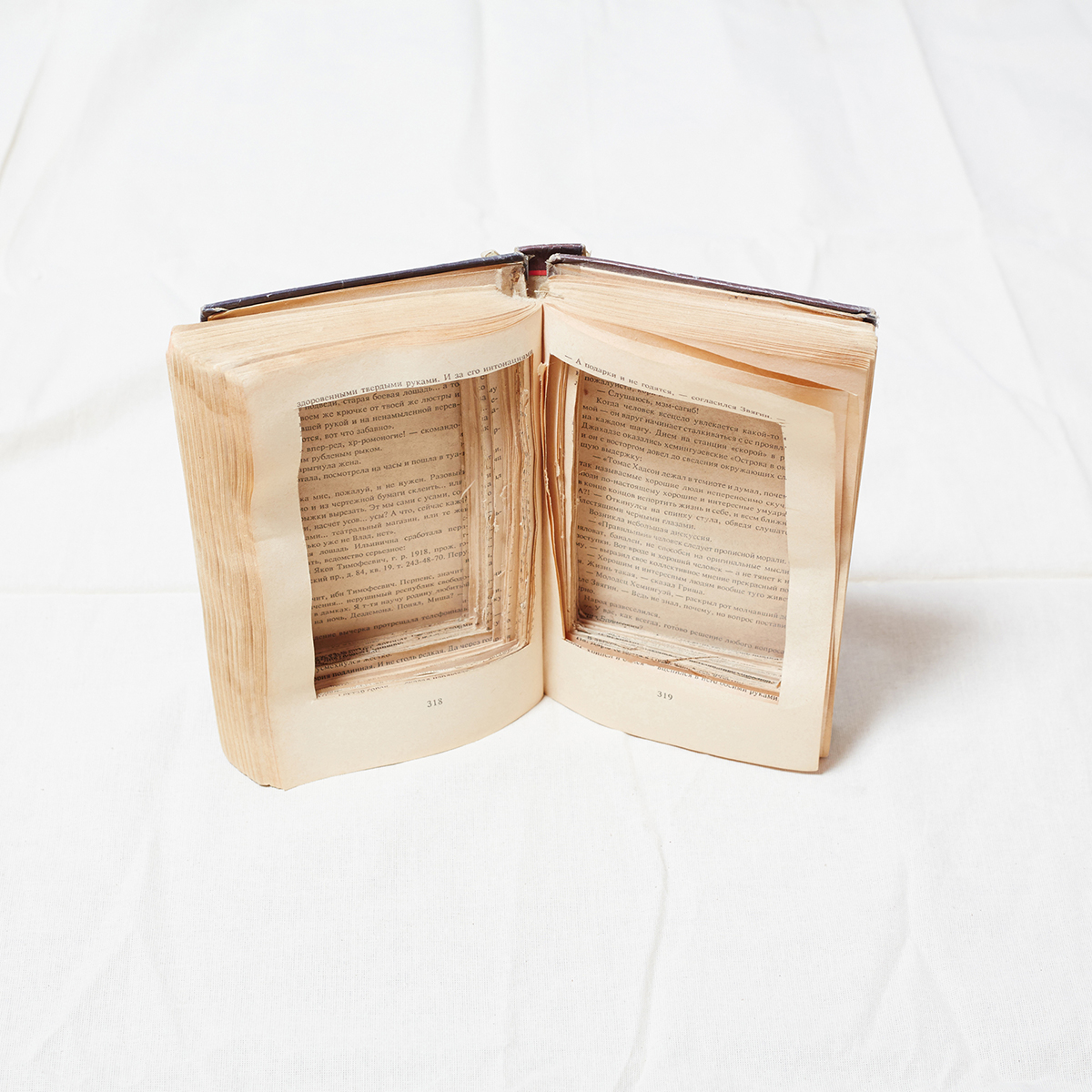
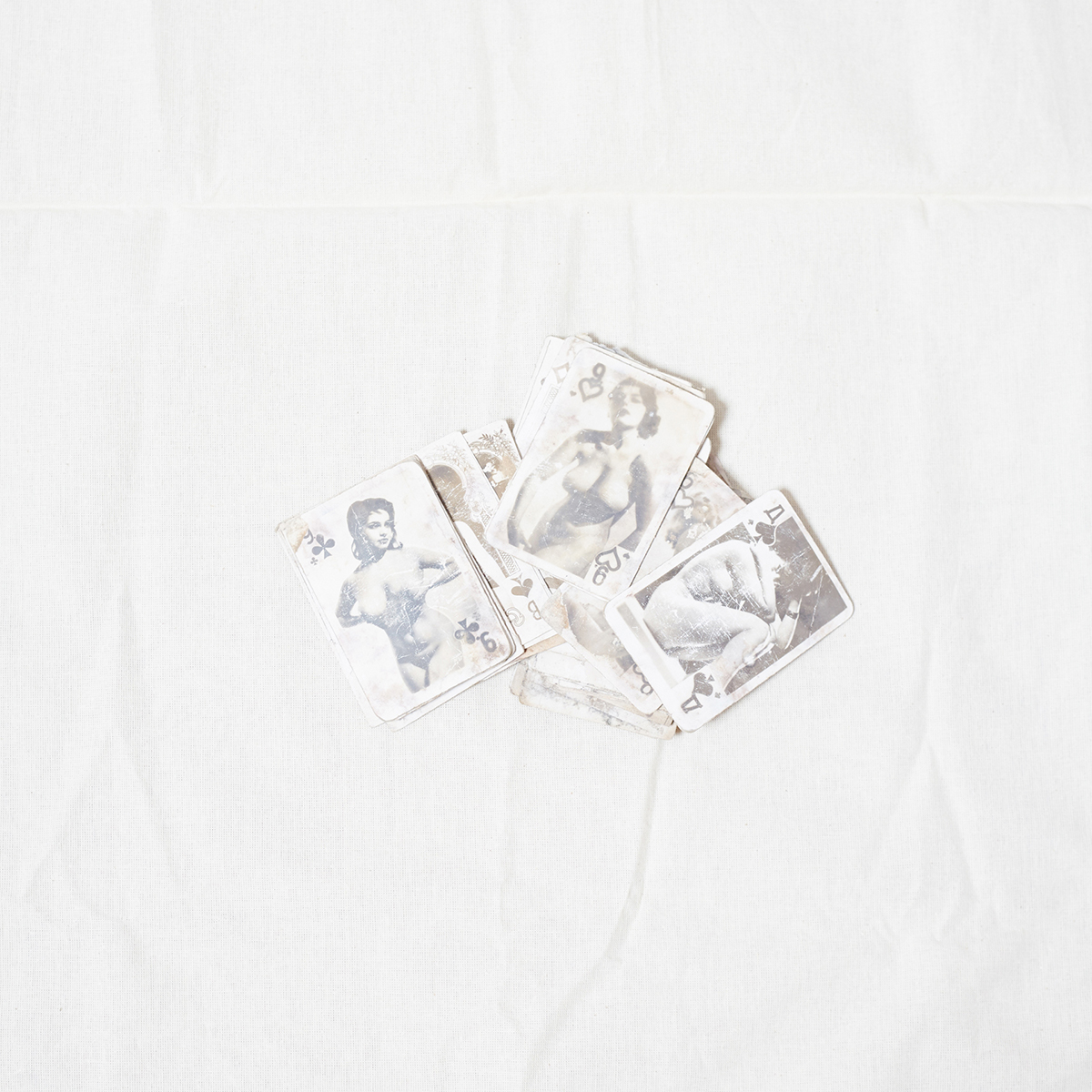
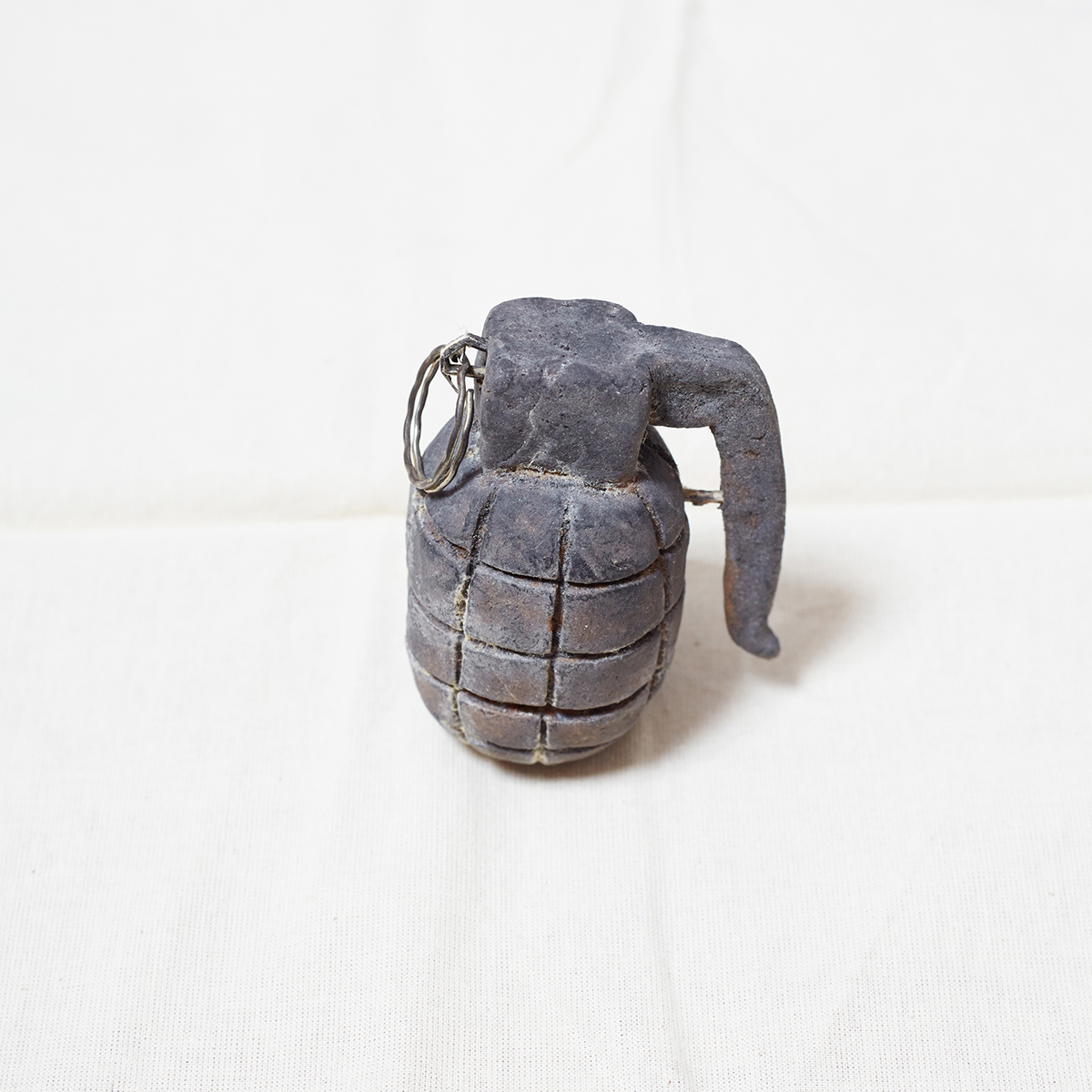
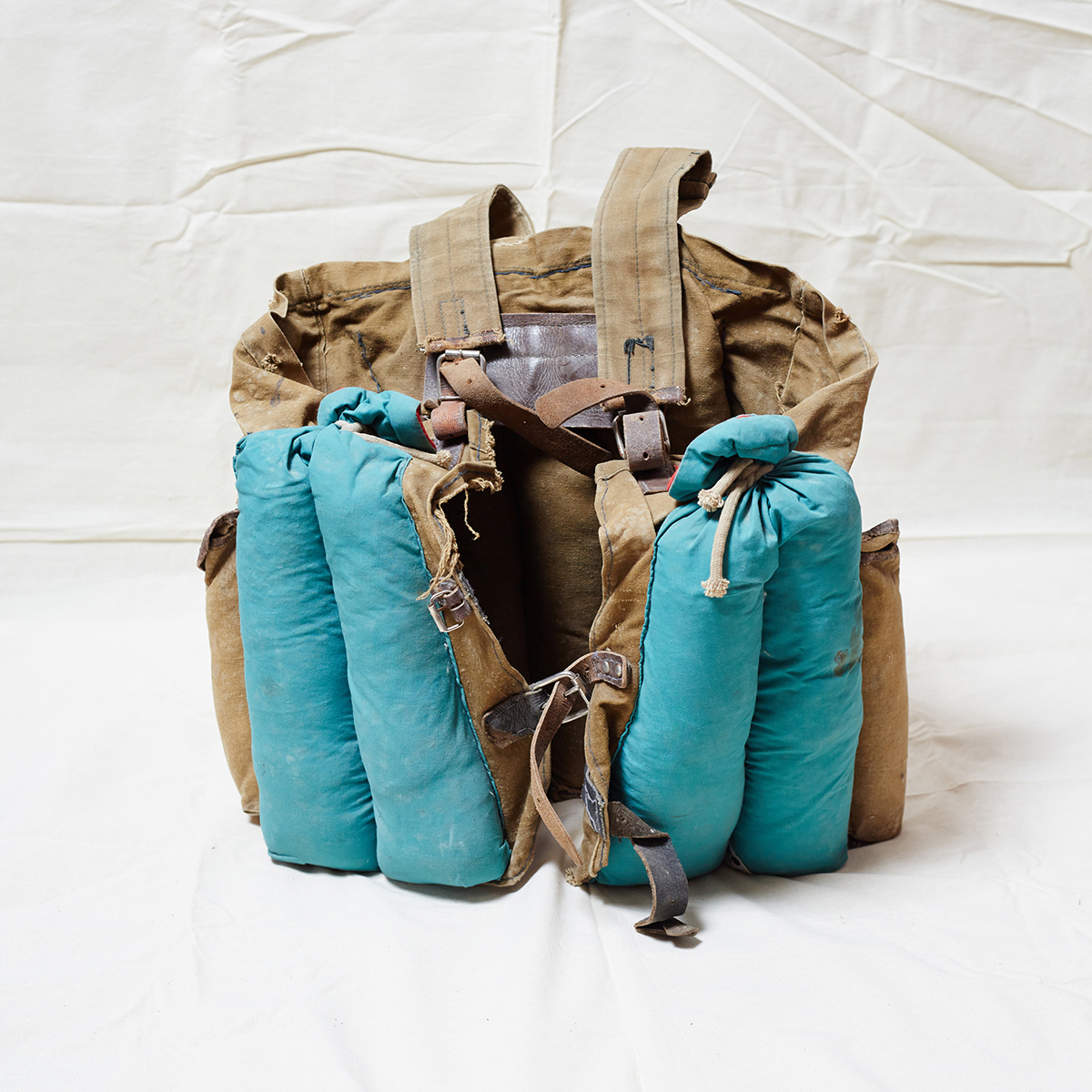
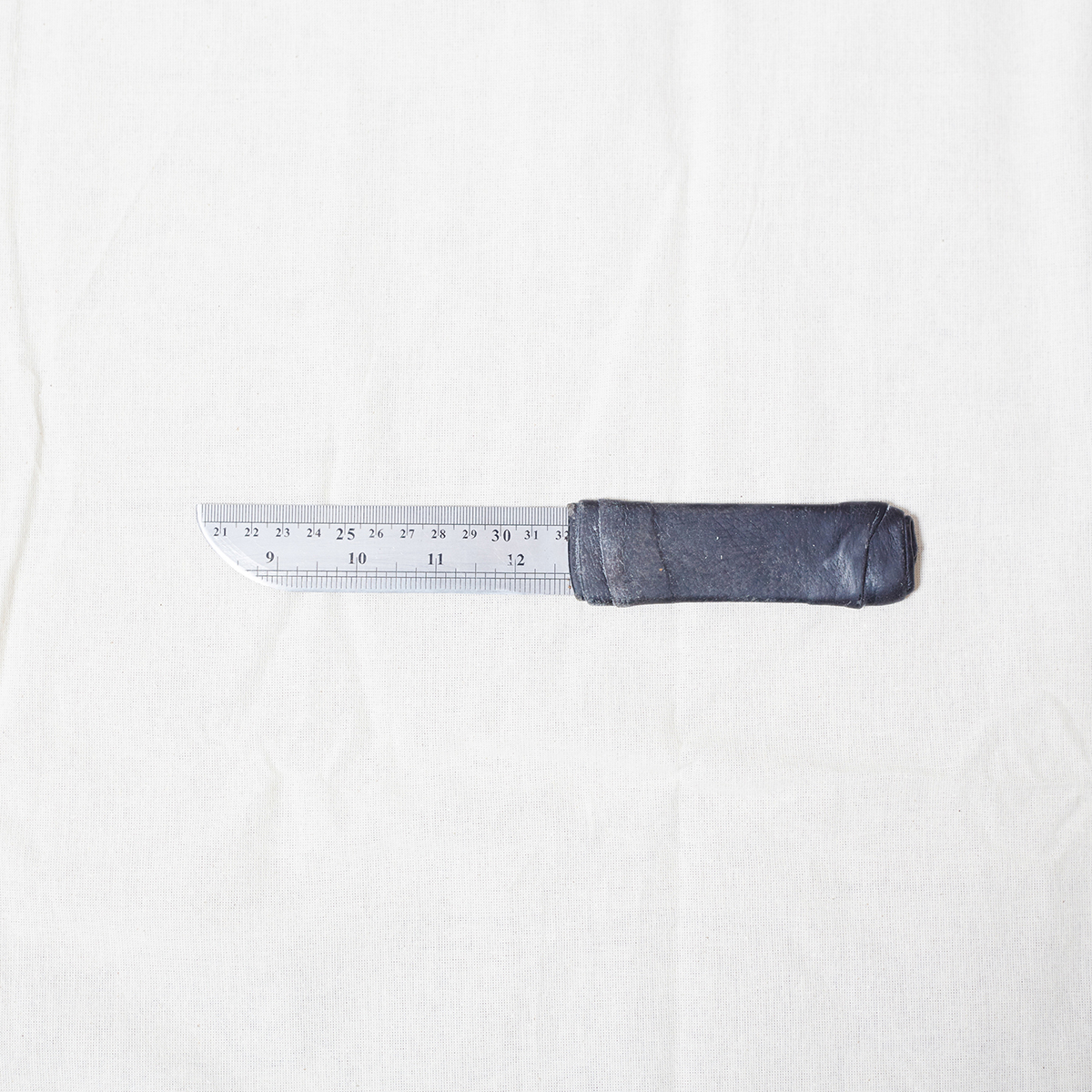
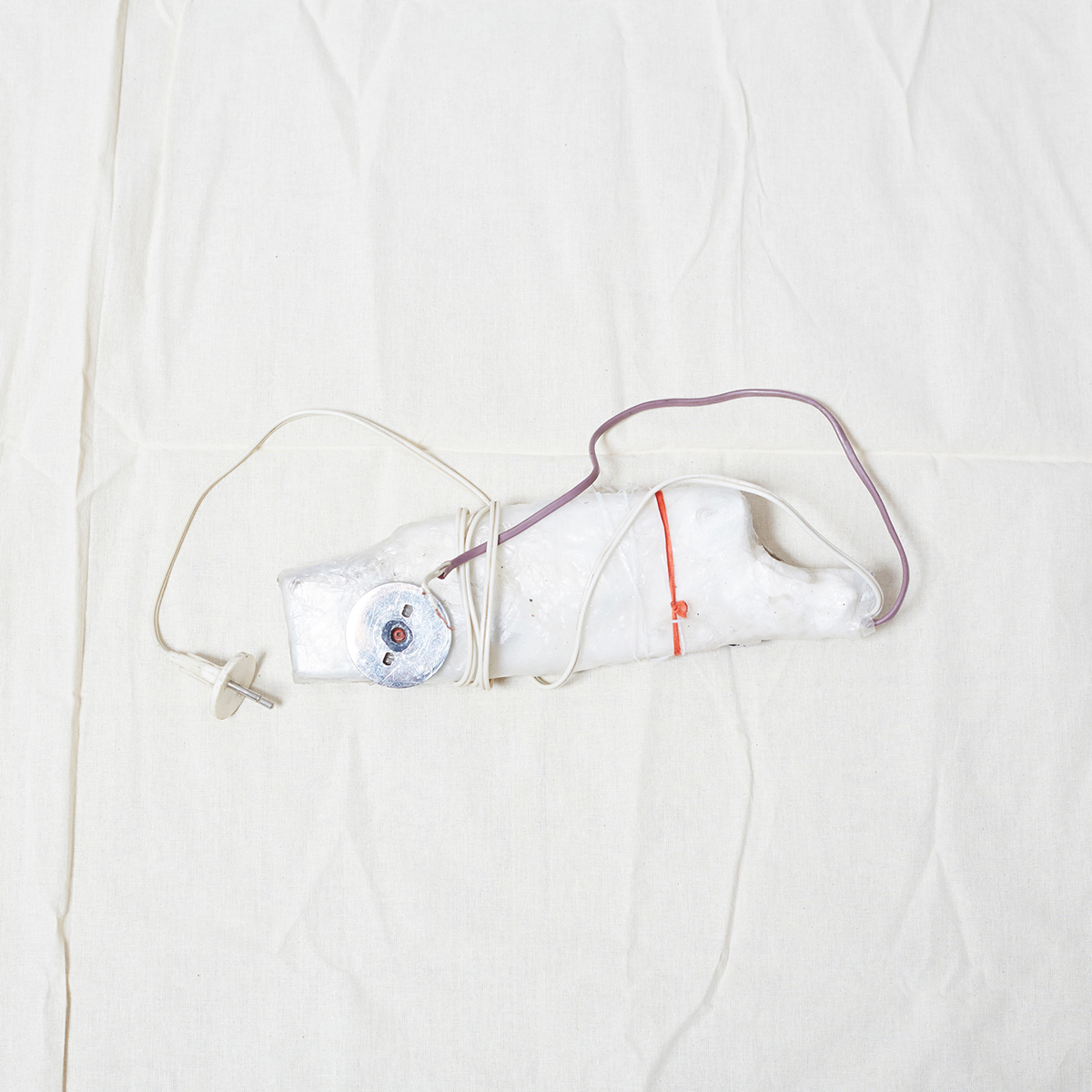
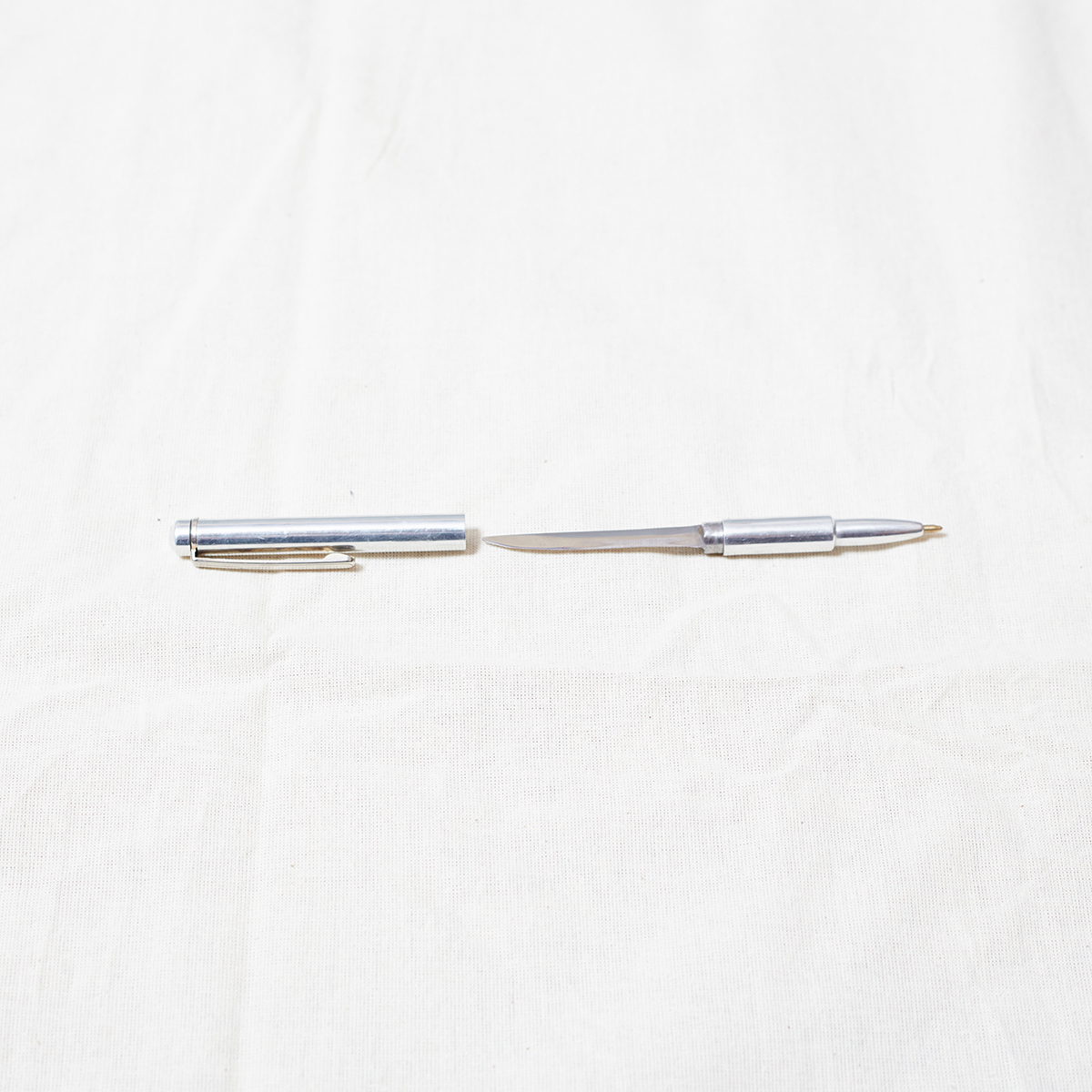
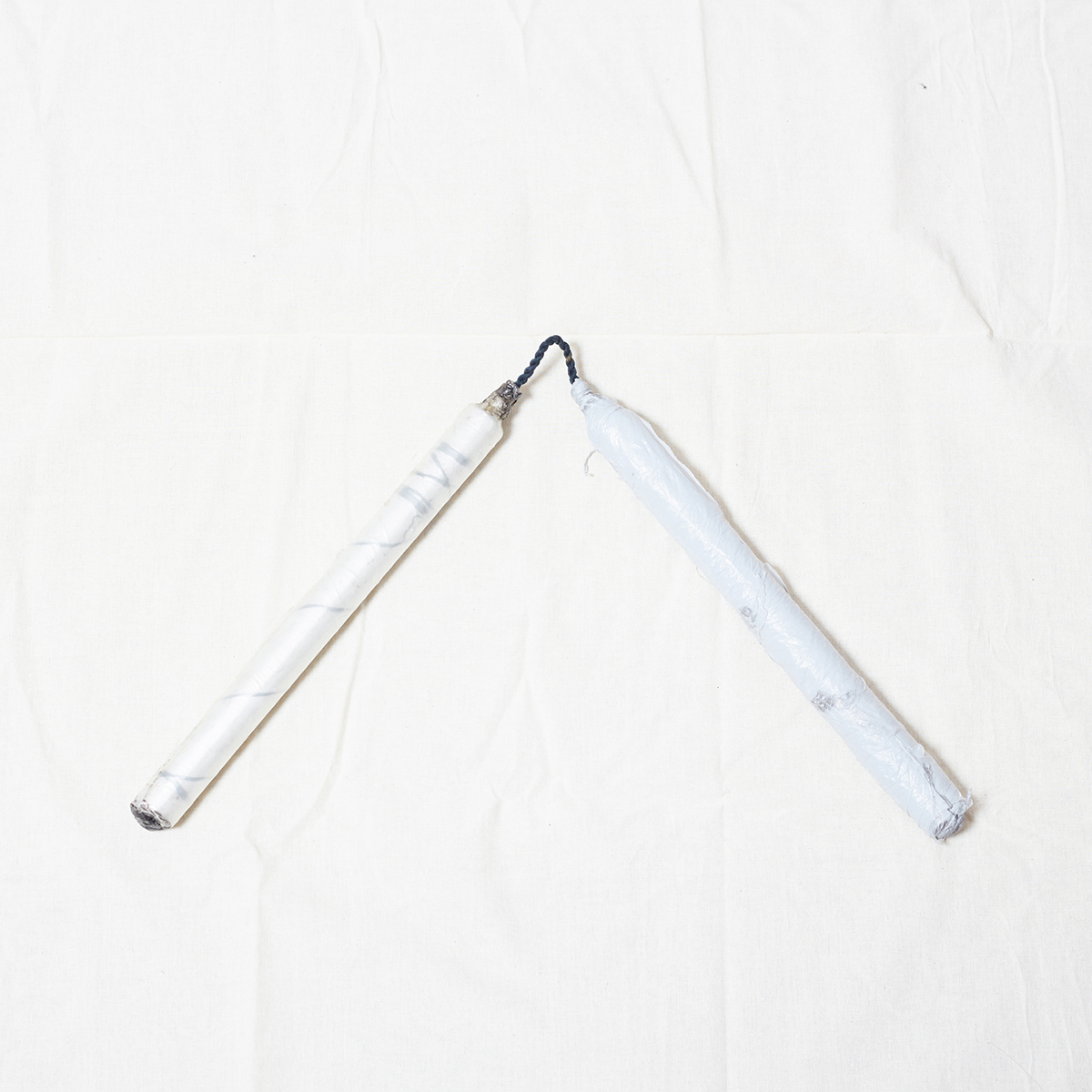
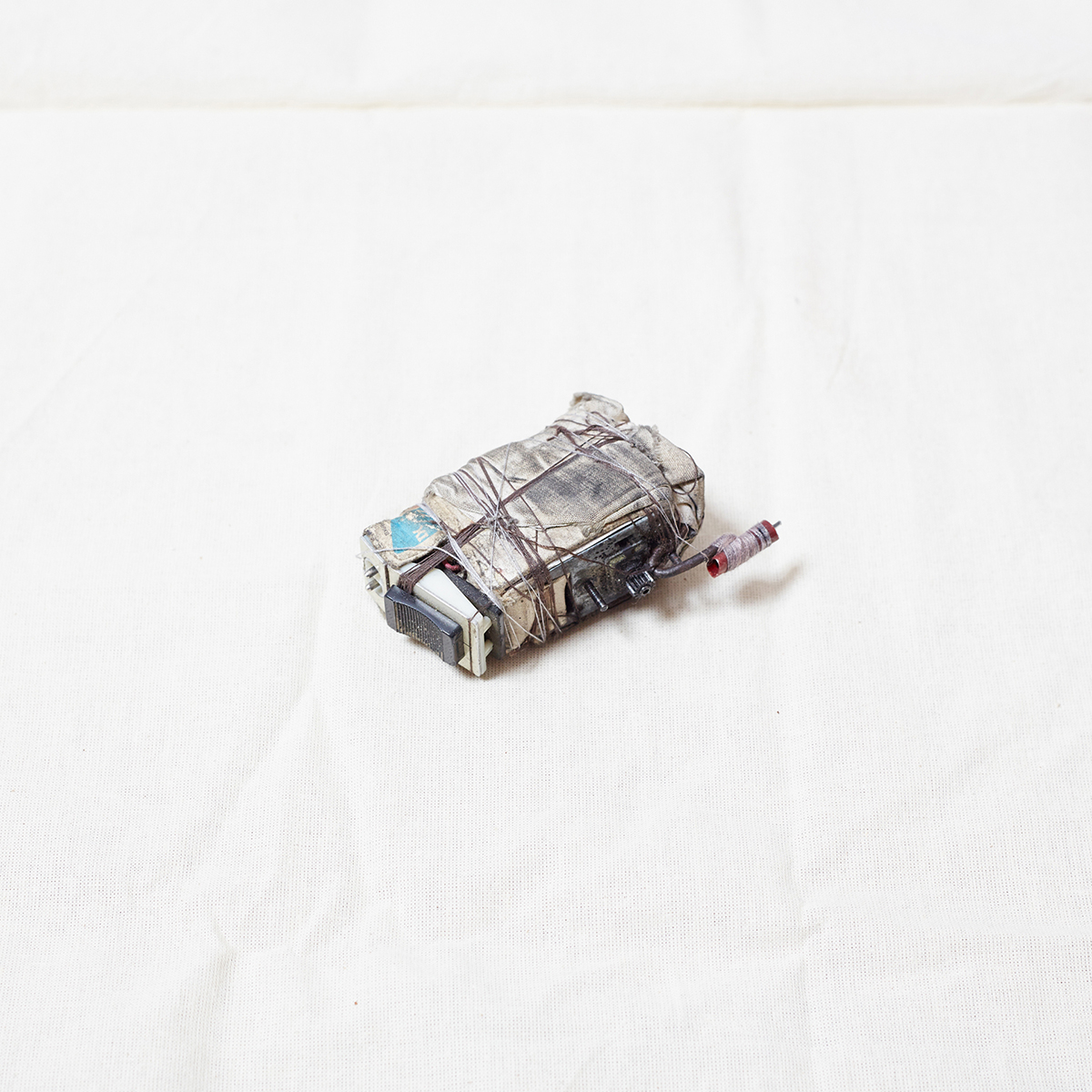
![A note found in a roll-up. “Gera hi. I am sick, I asked Mom to go buy some things. I am sending it to you first. We’ll wait for the court and file complaints. ‘Yabloko’ [Russian United Democratic Party — Ed.] are also trying to help. Write us if you find out anything, we’ll write everything. At home it’s all. The village is thrilled.” telkov_trasov_09_11](https://birdinflight.com/wp-content/uploads/2016/07/telkov_trasov_09_11.jpg)
